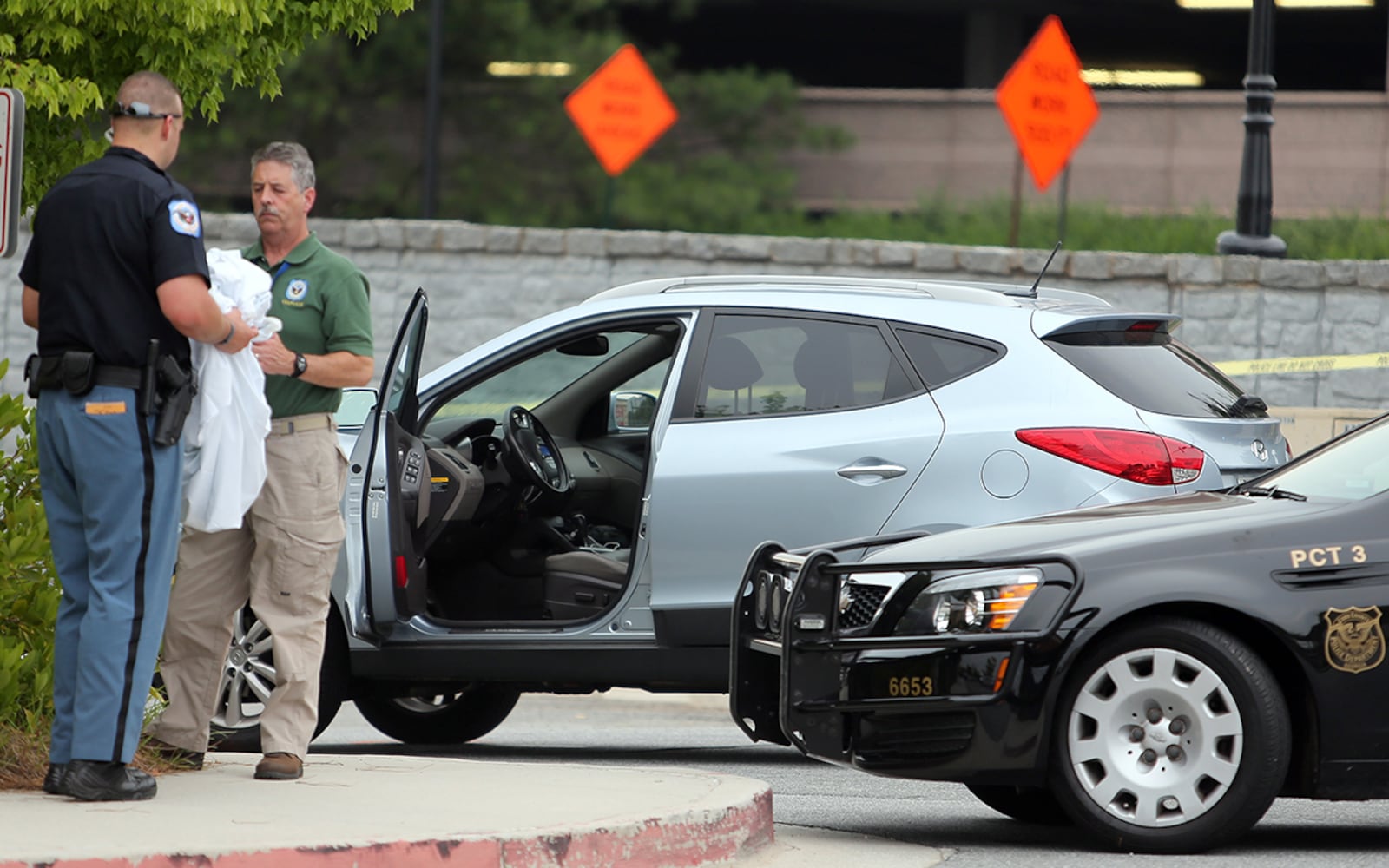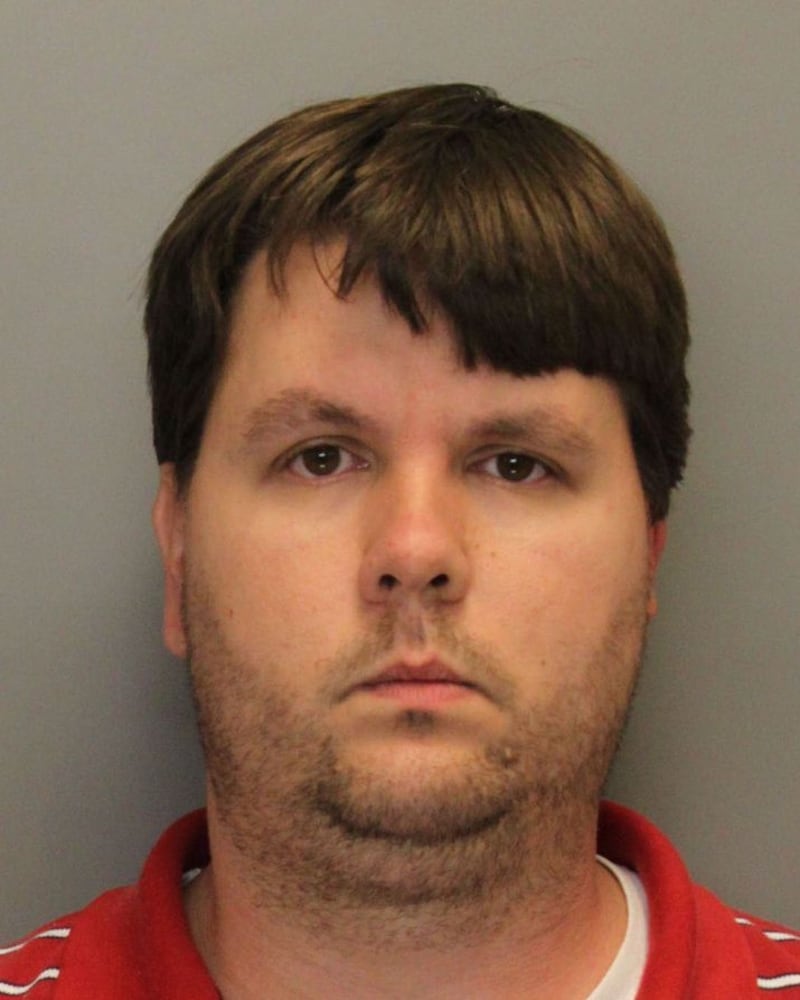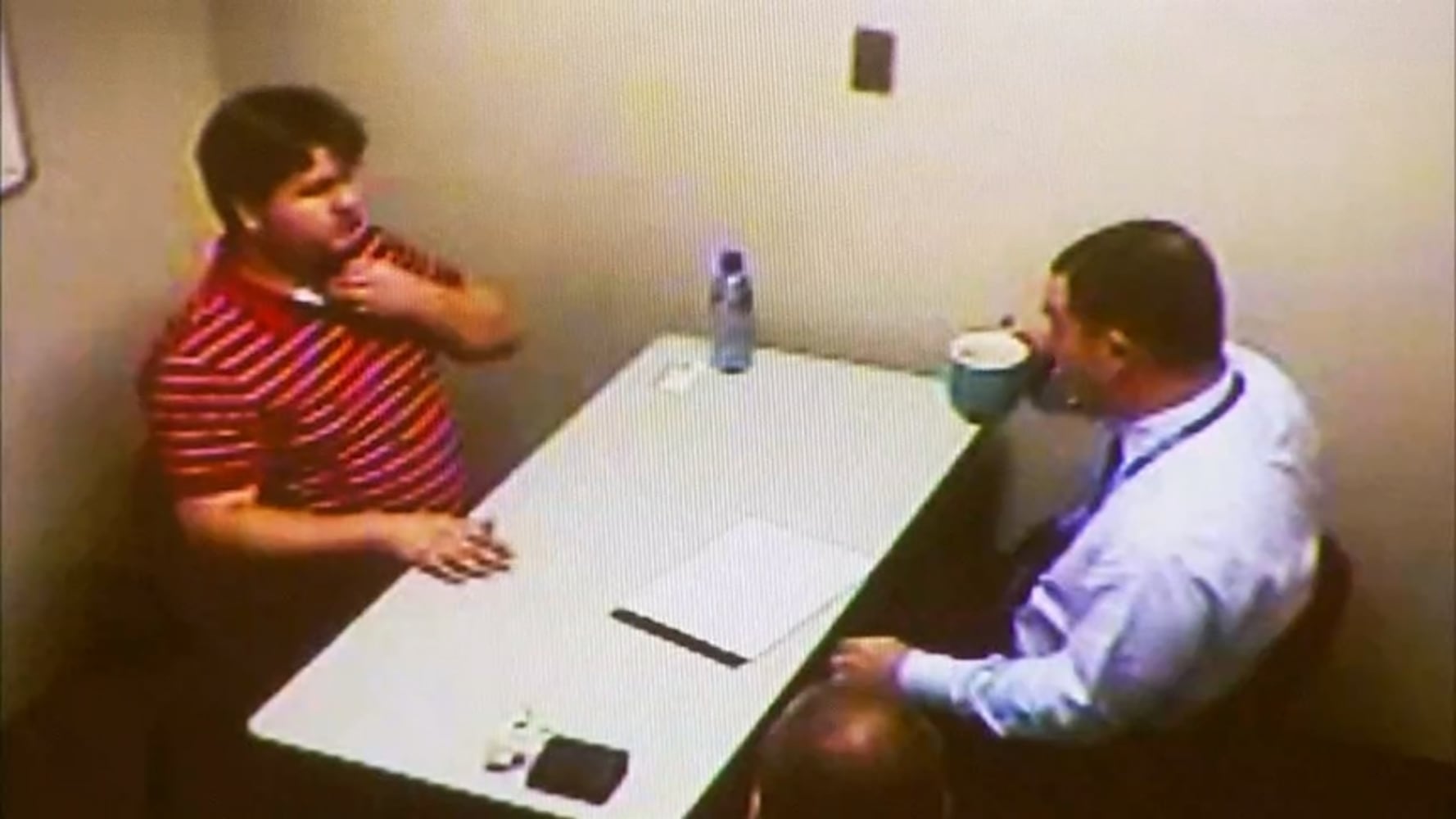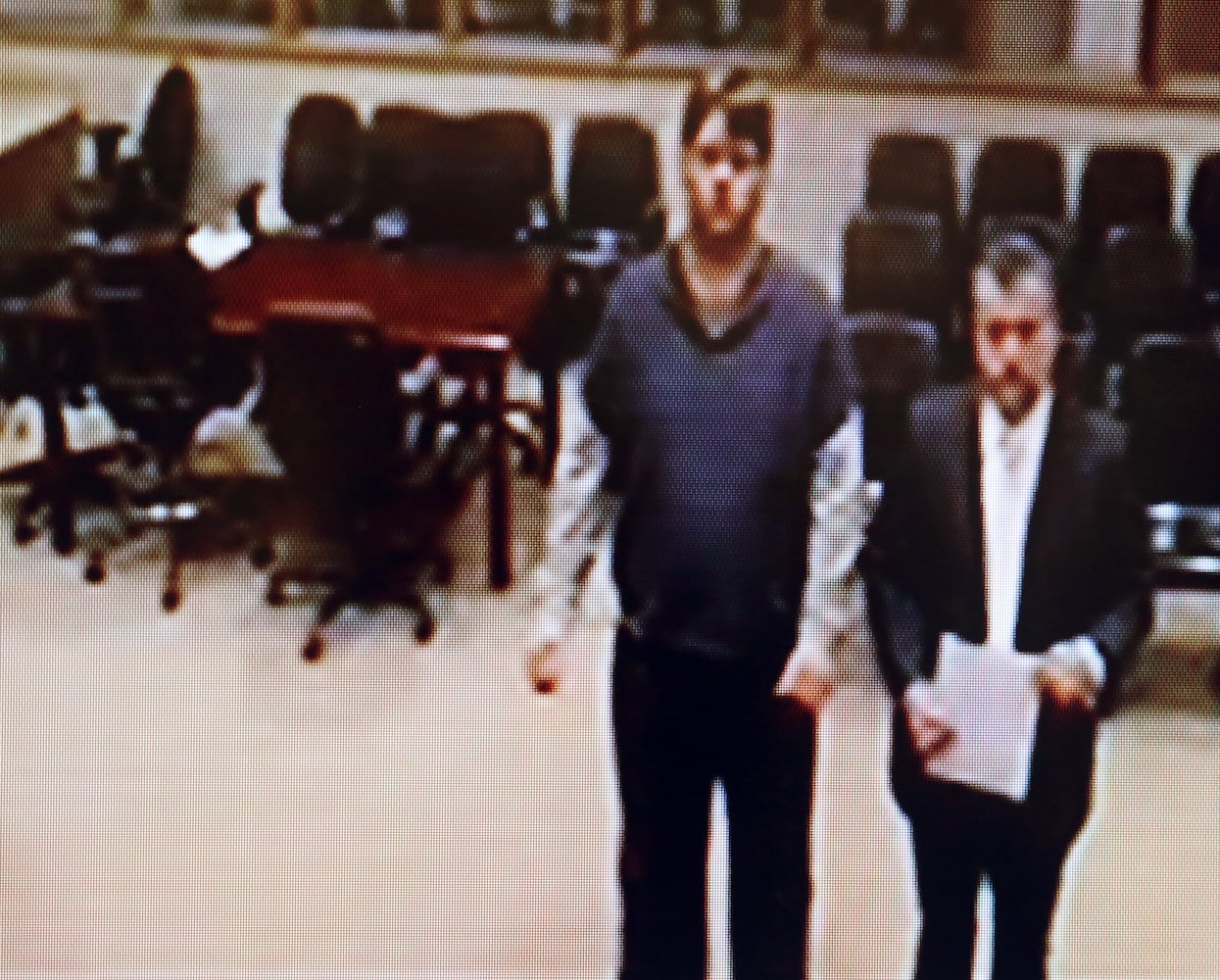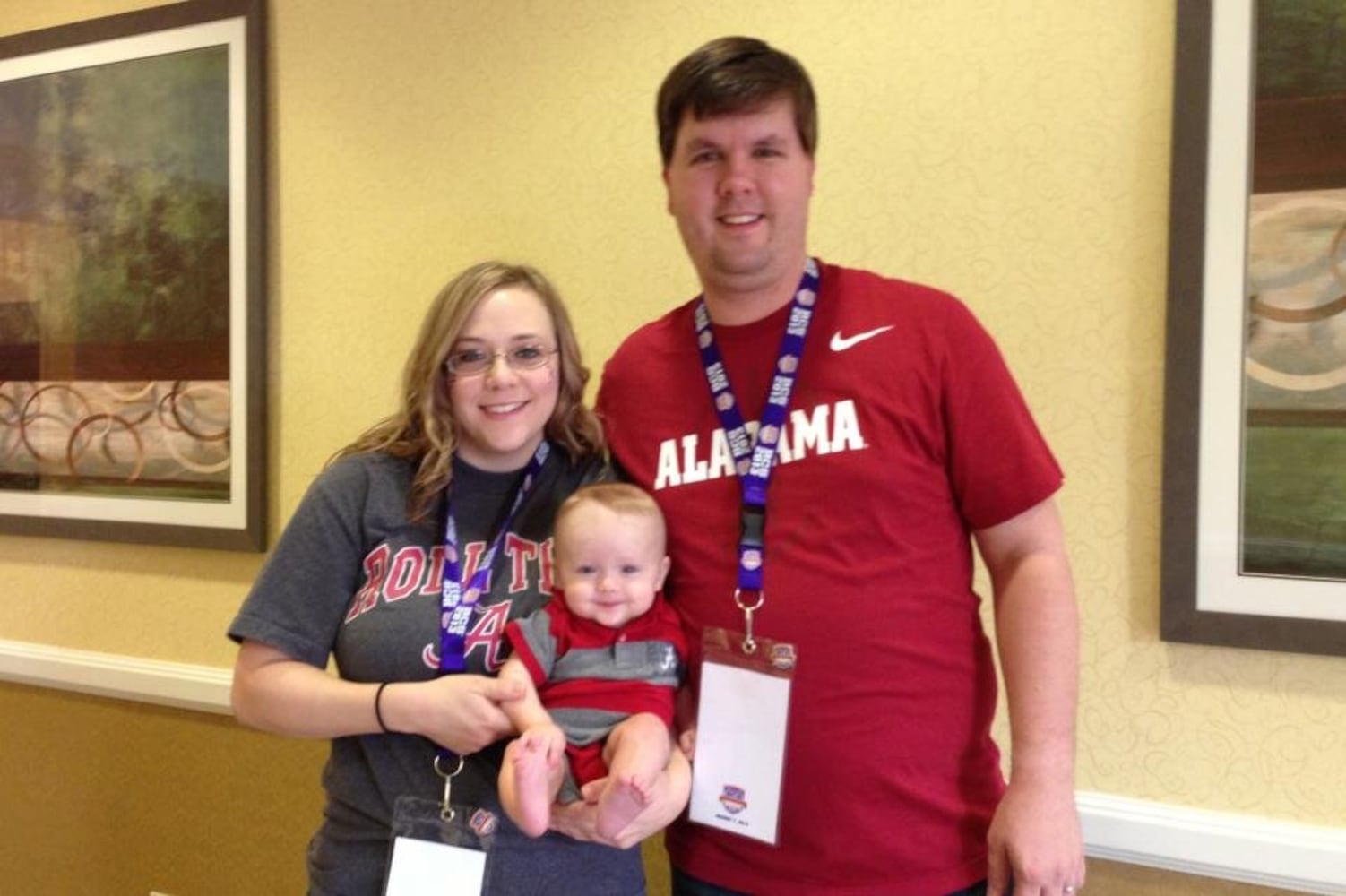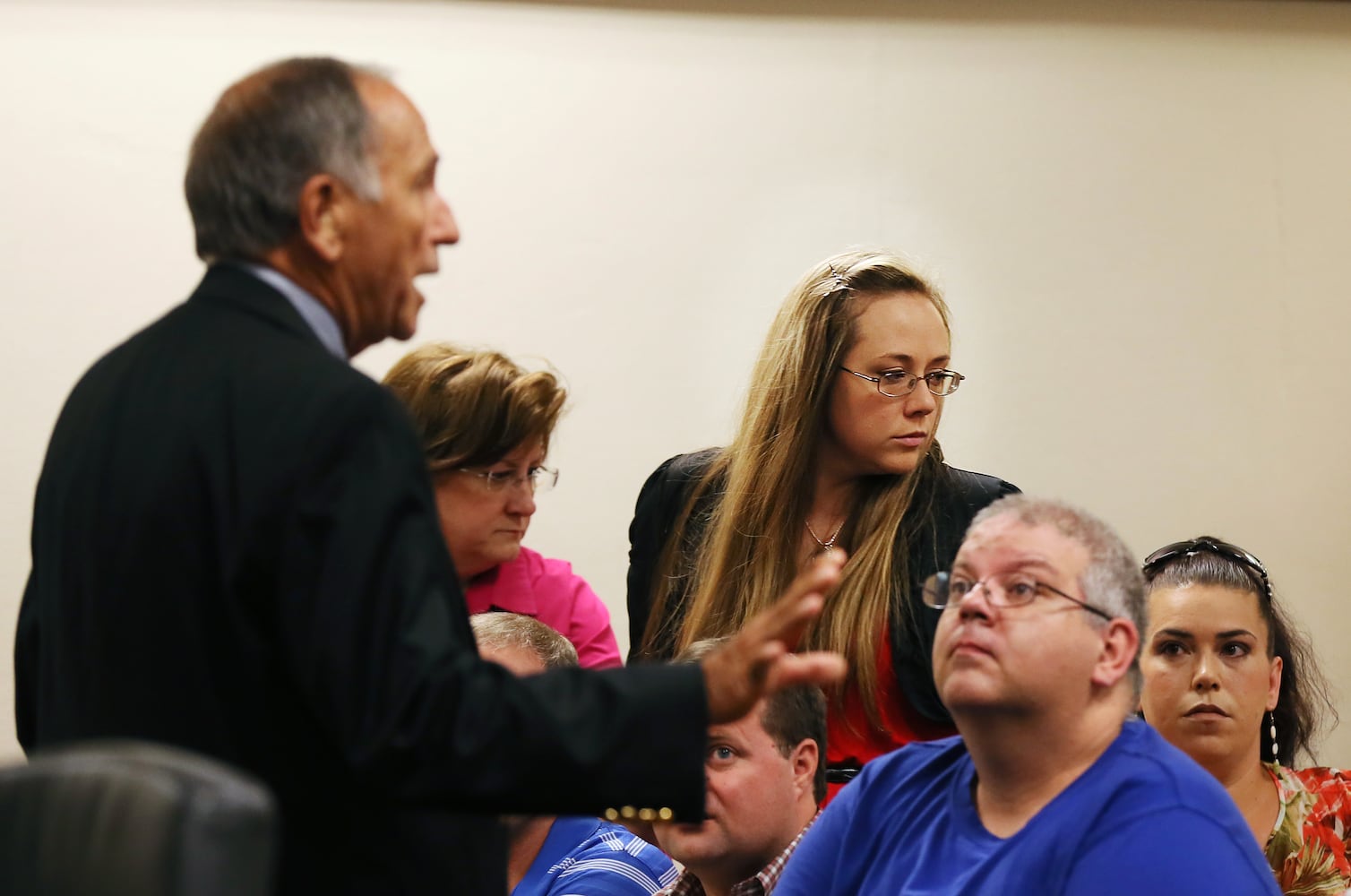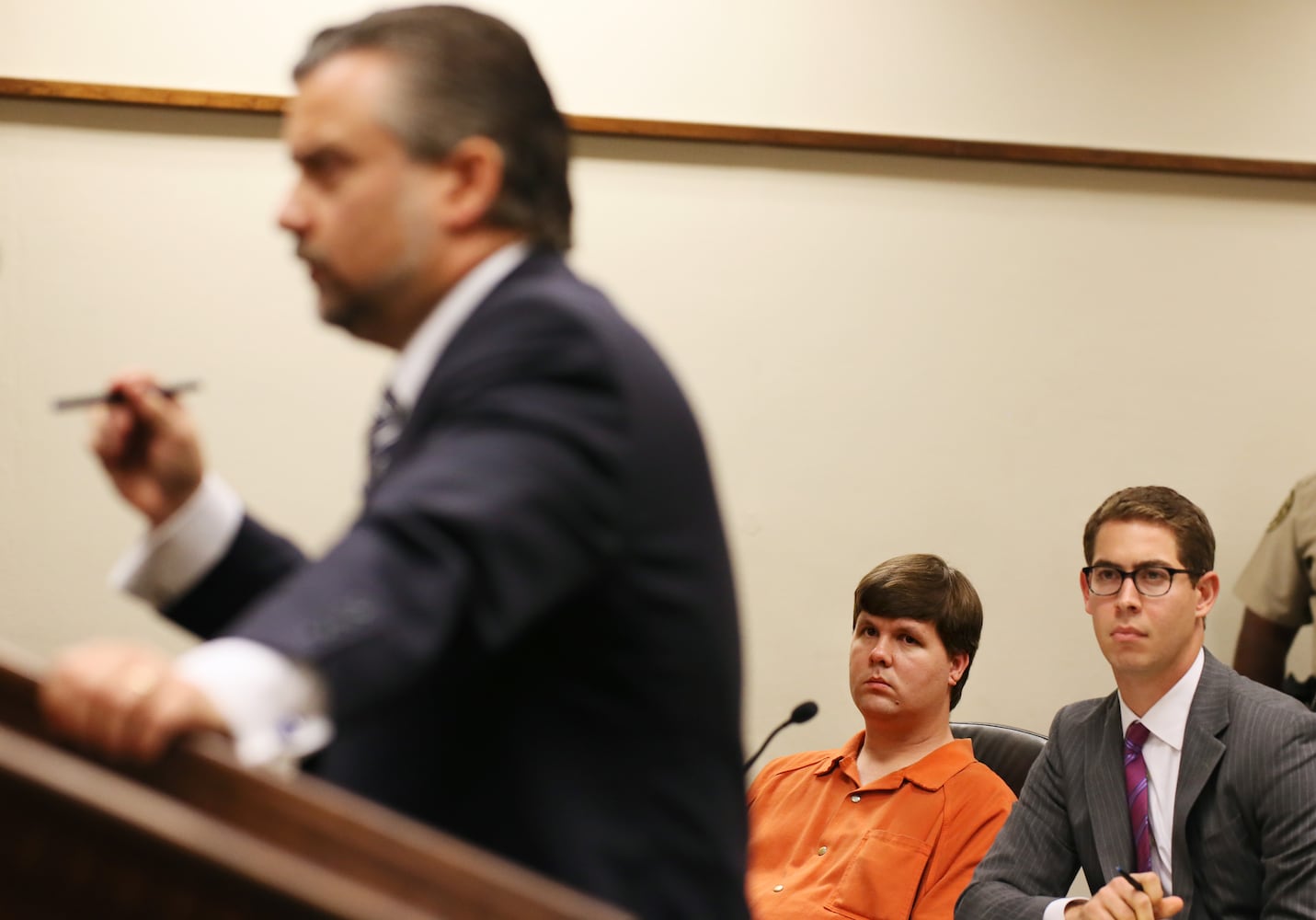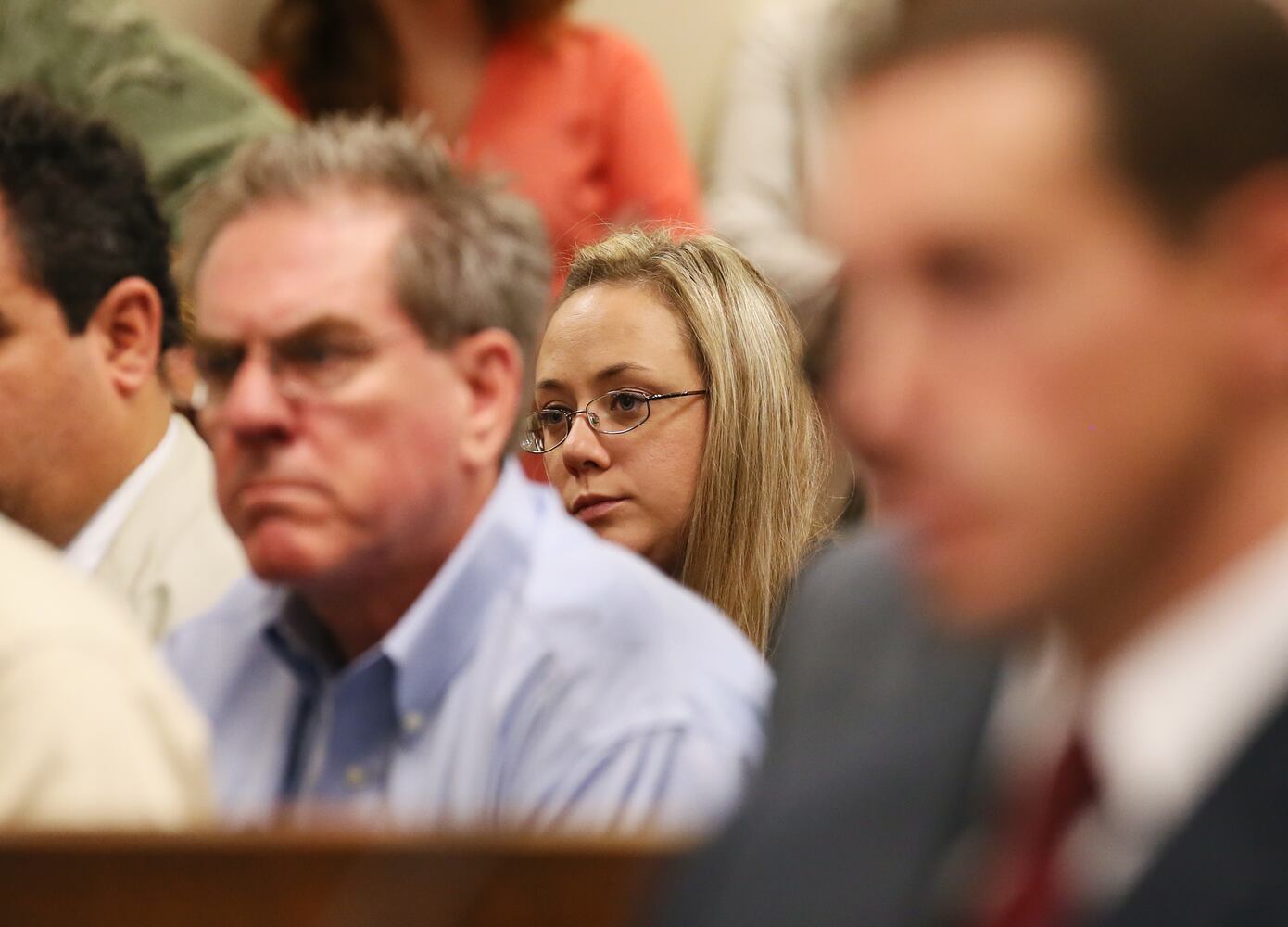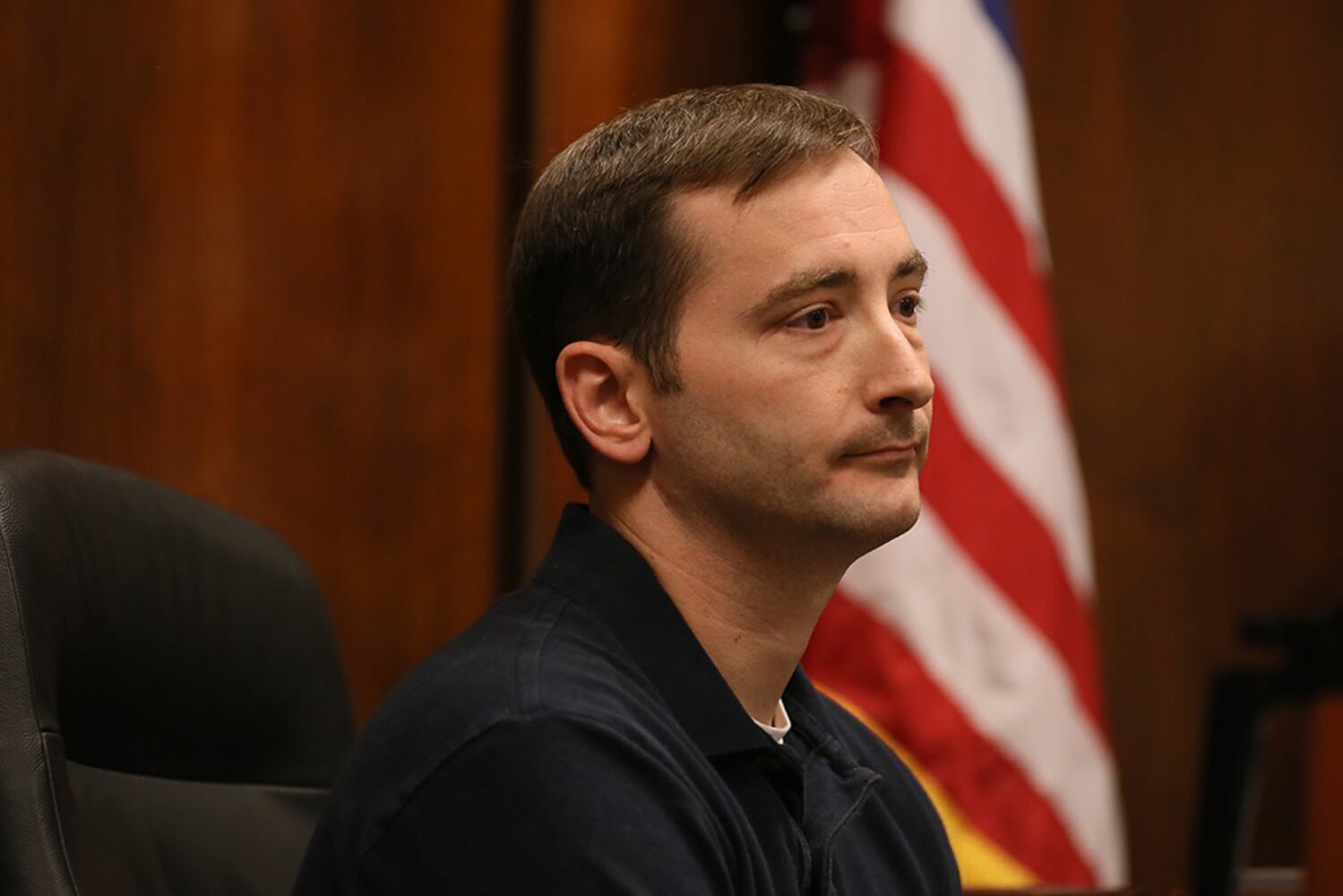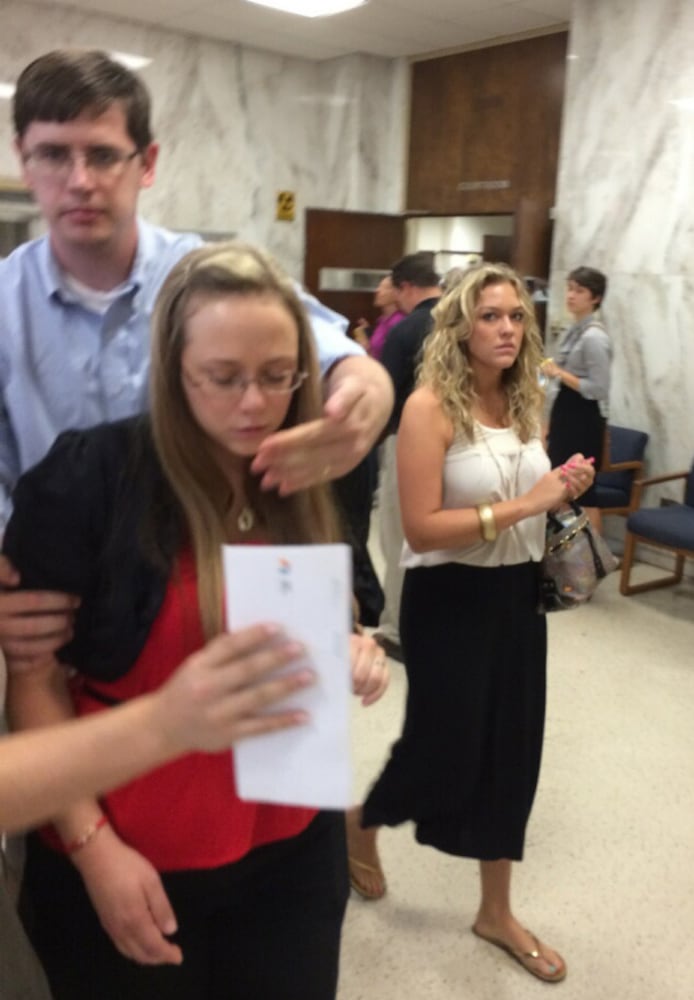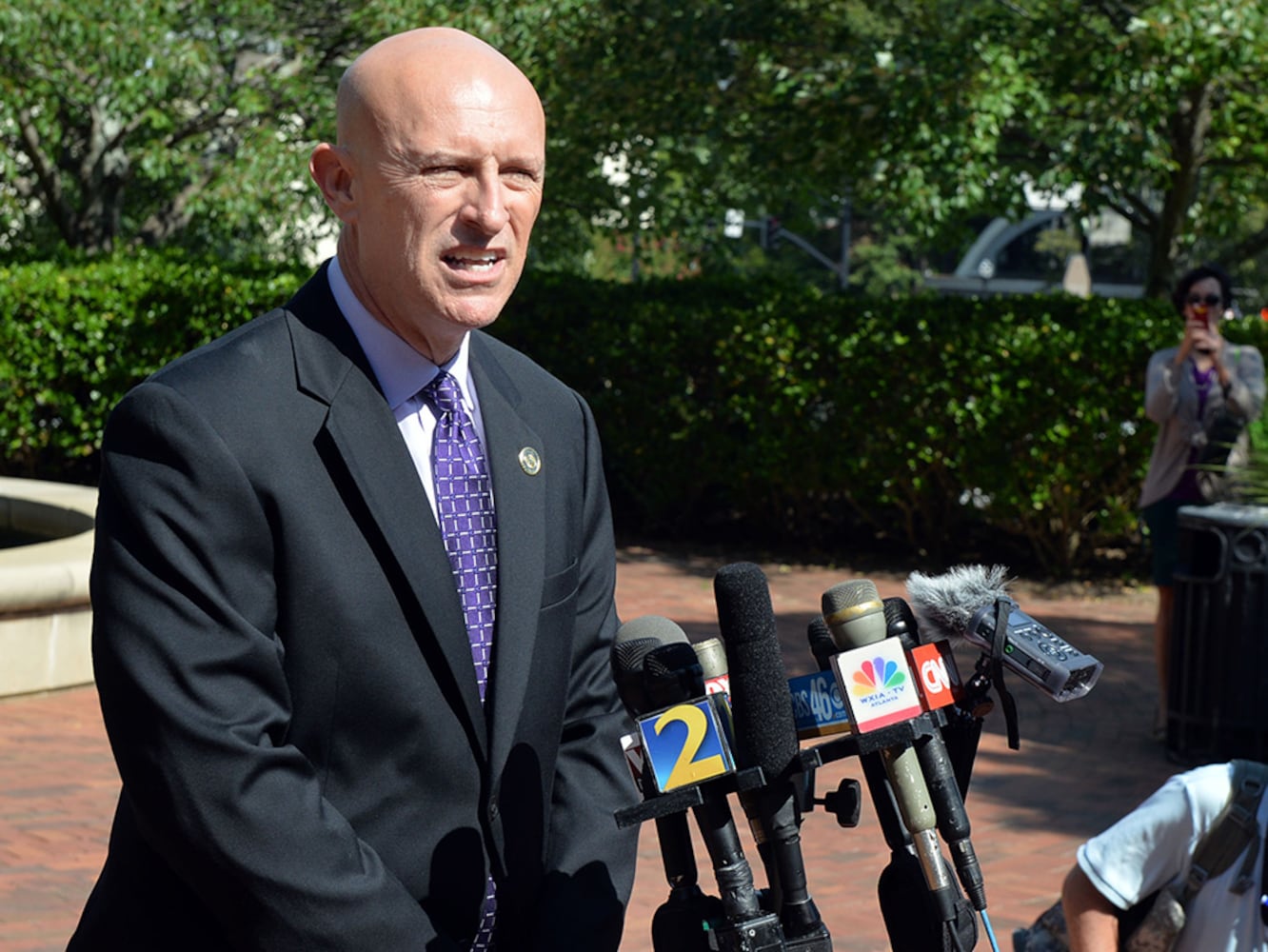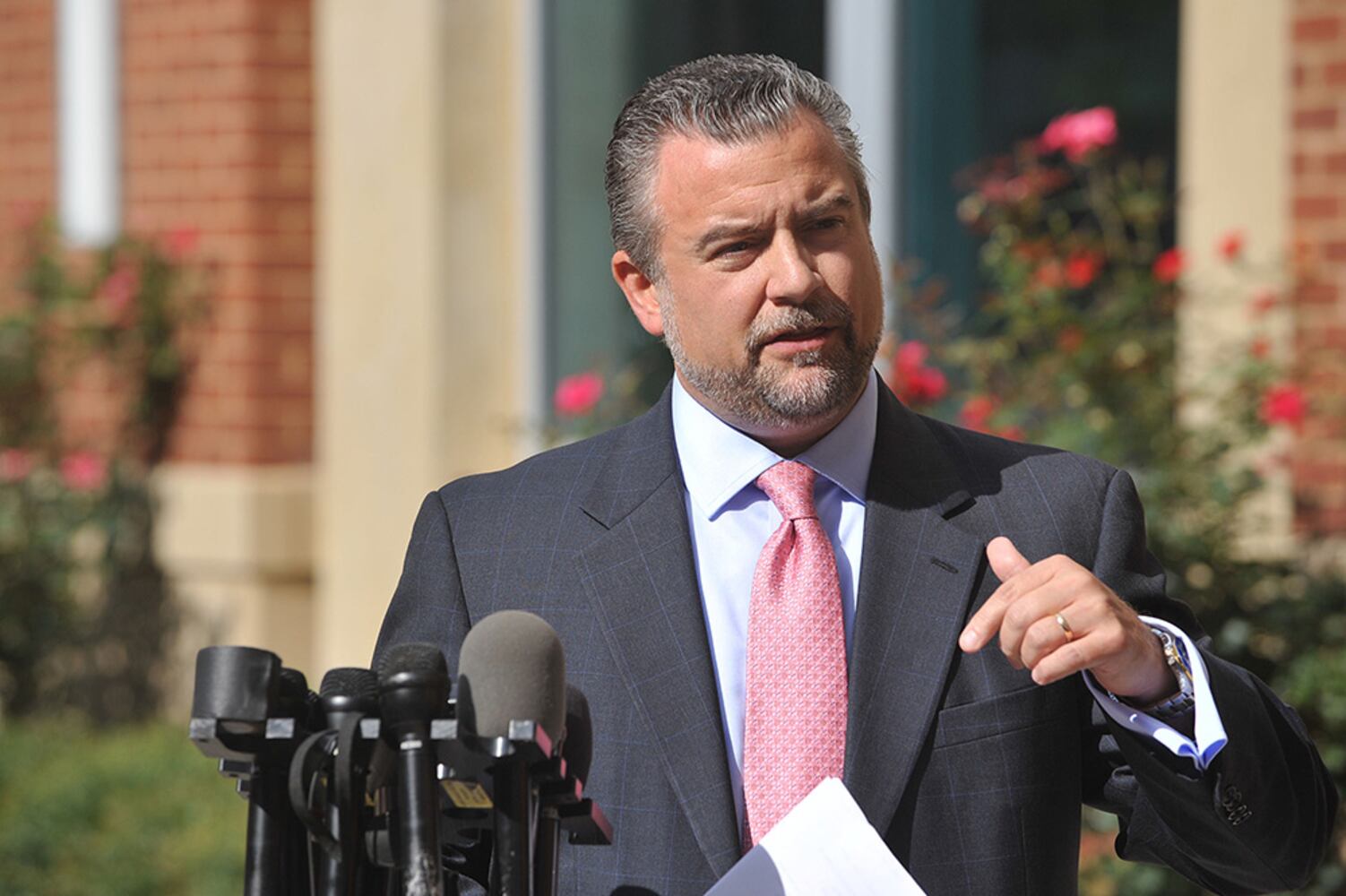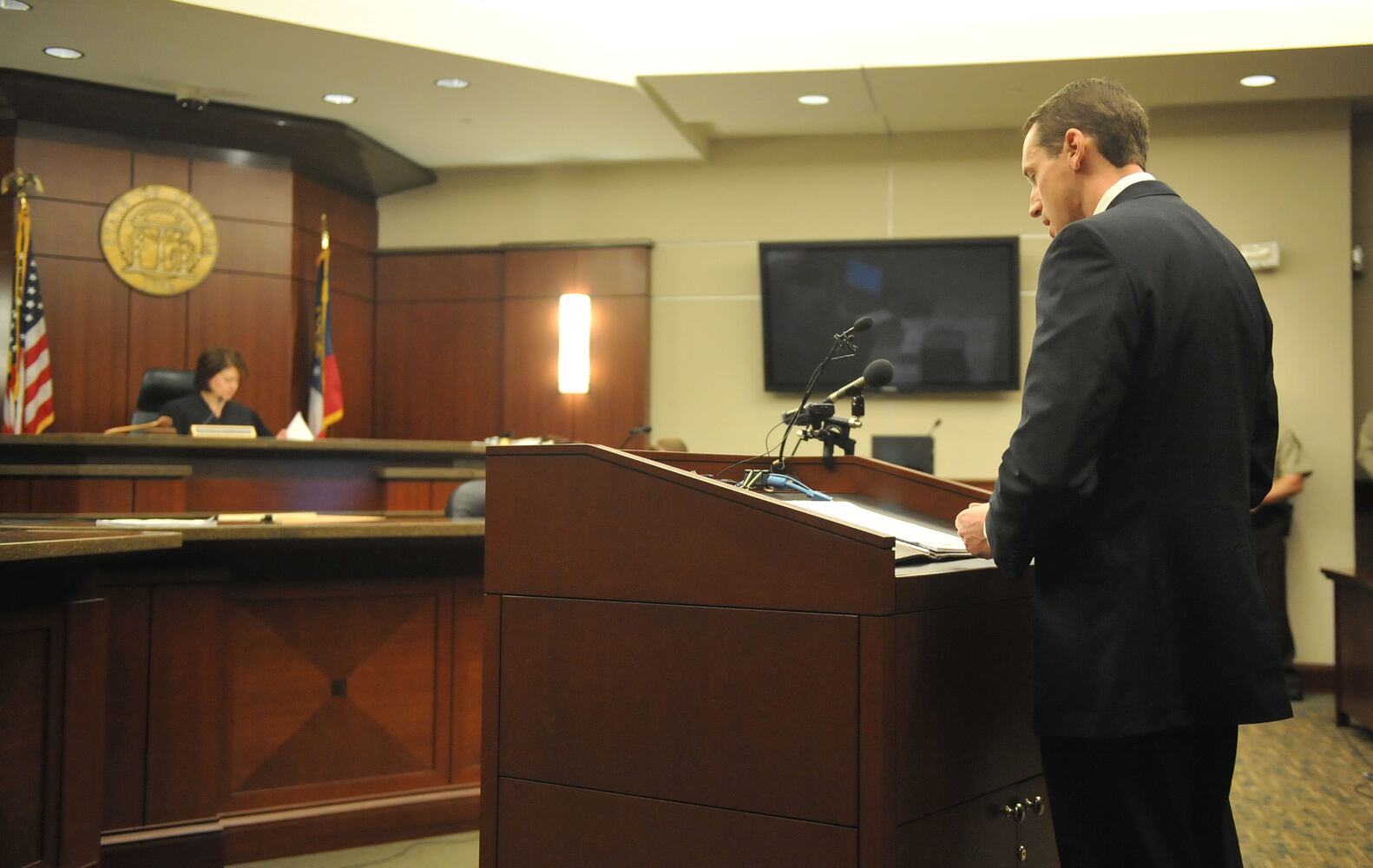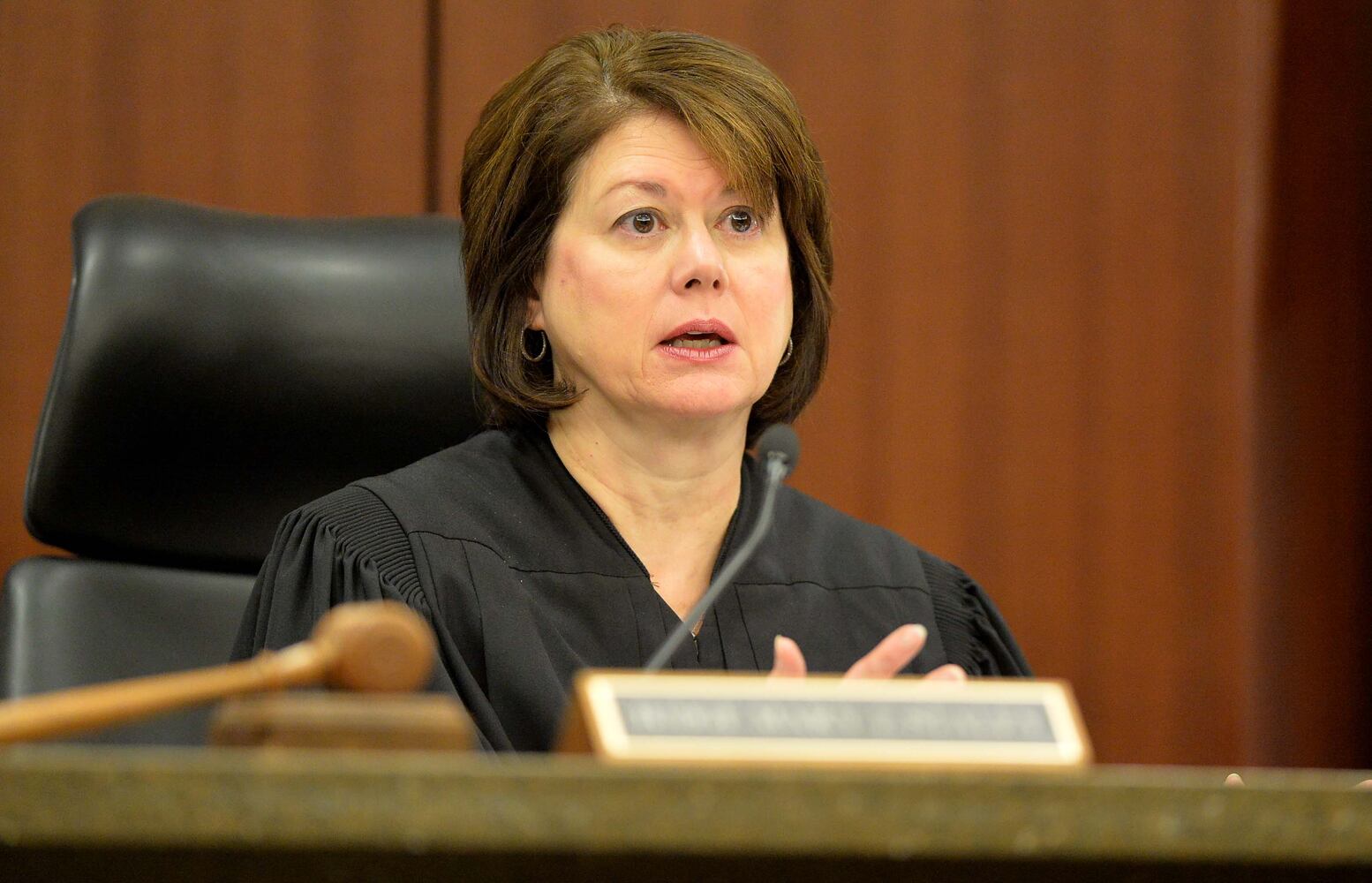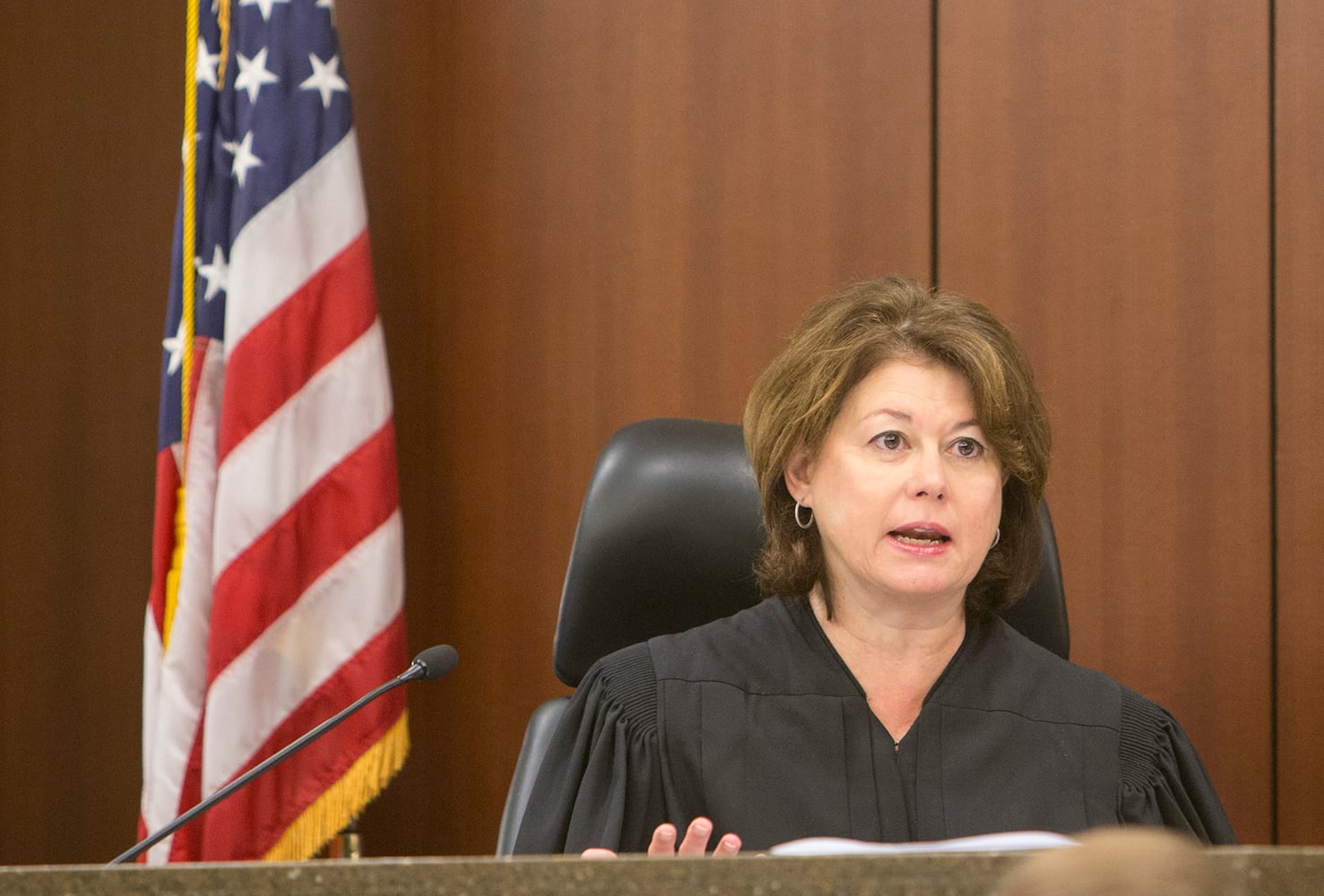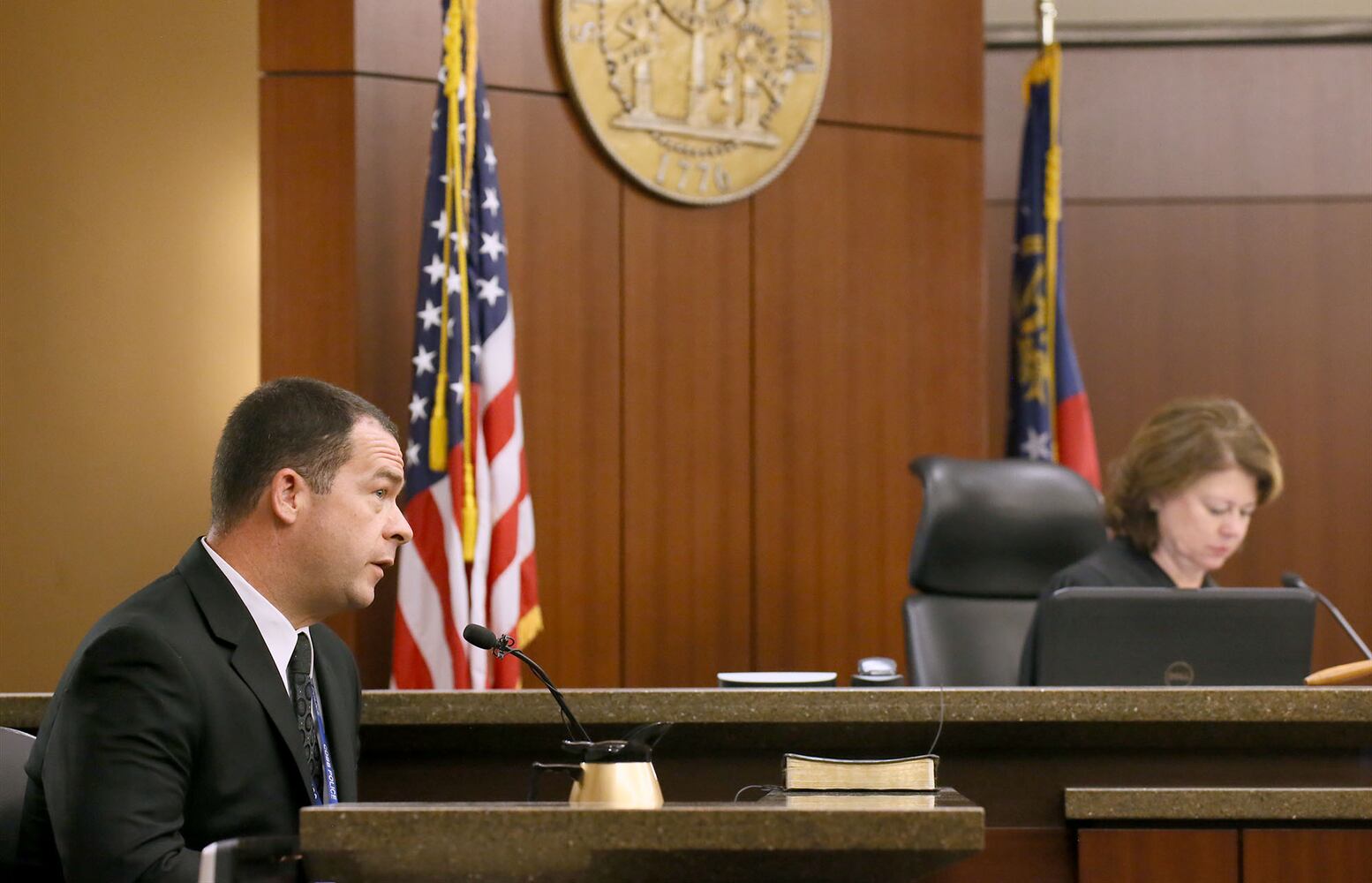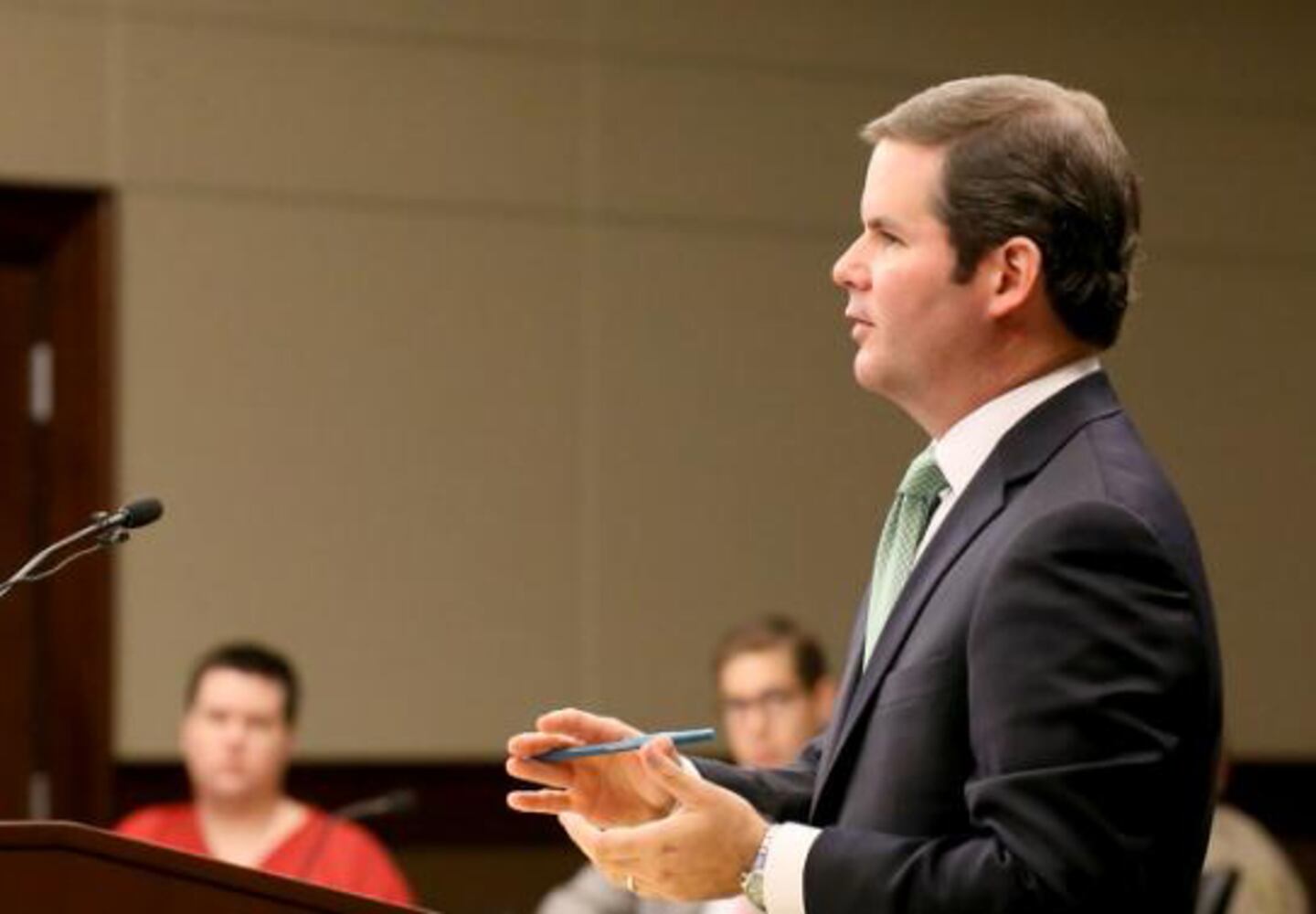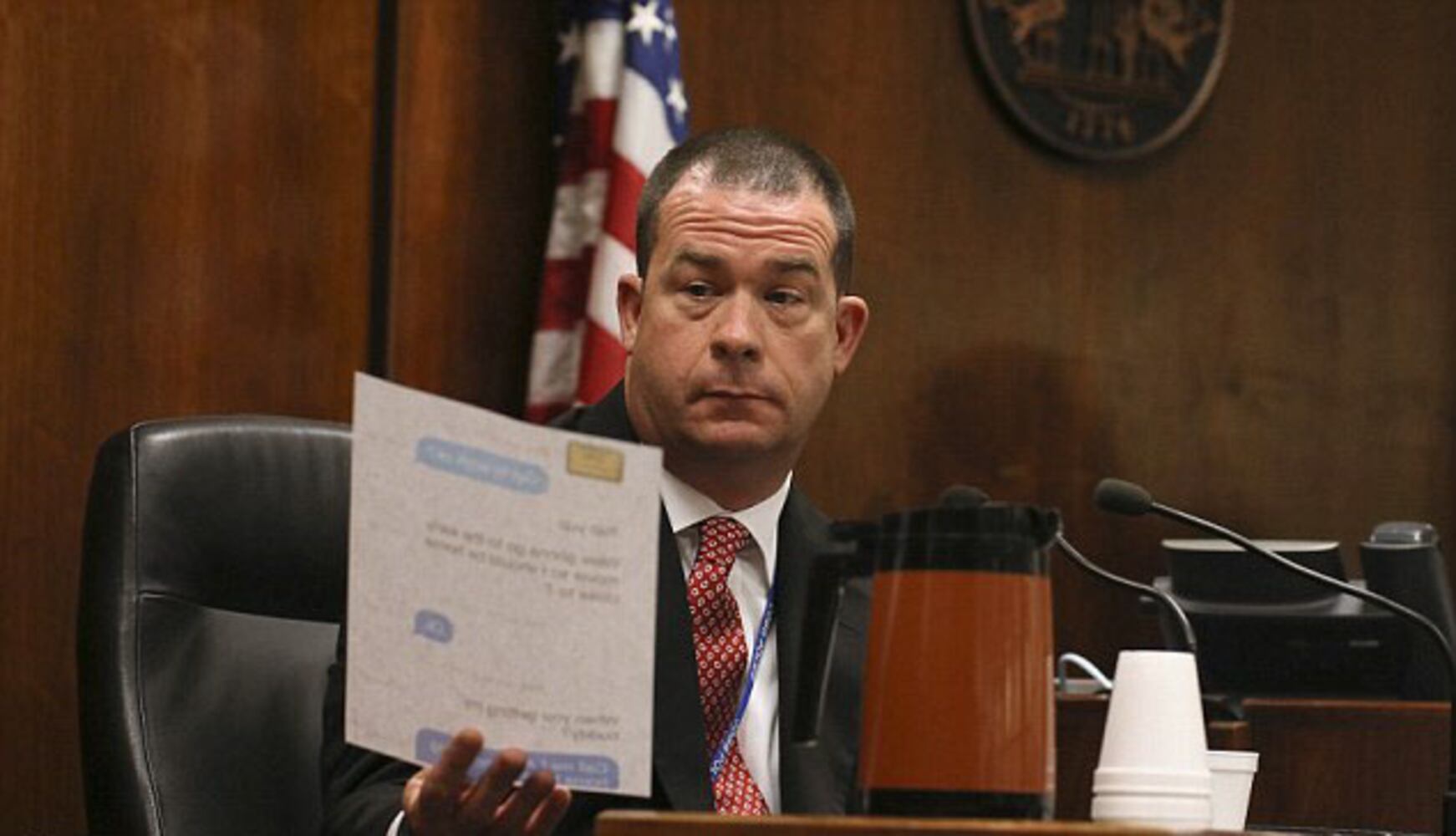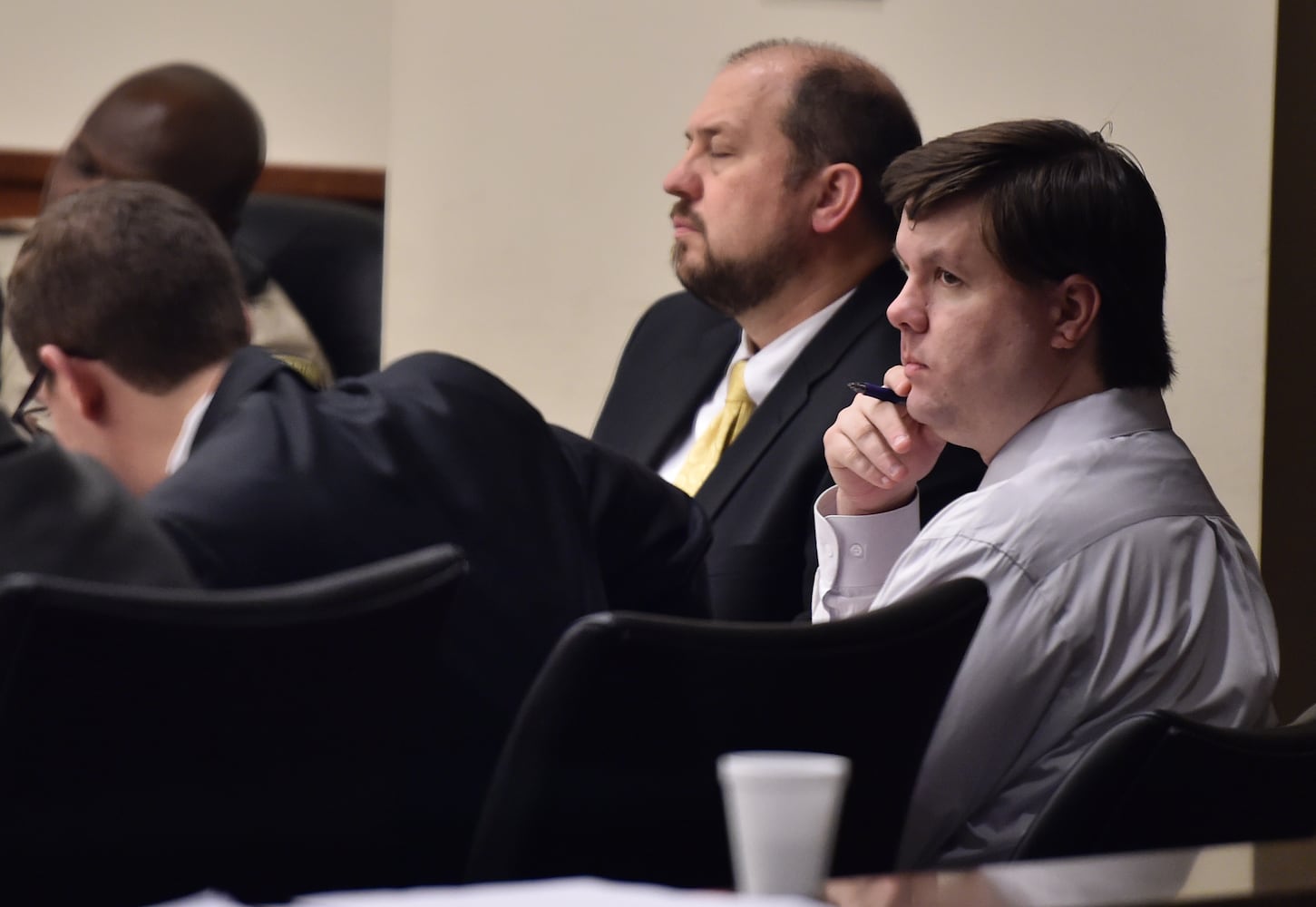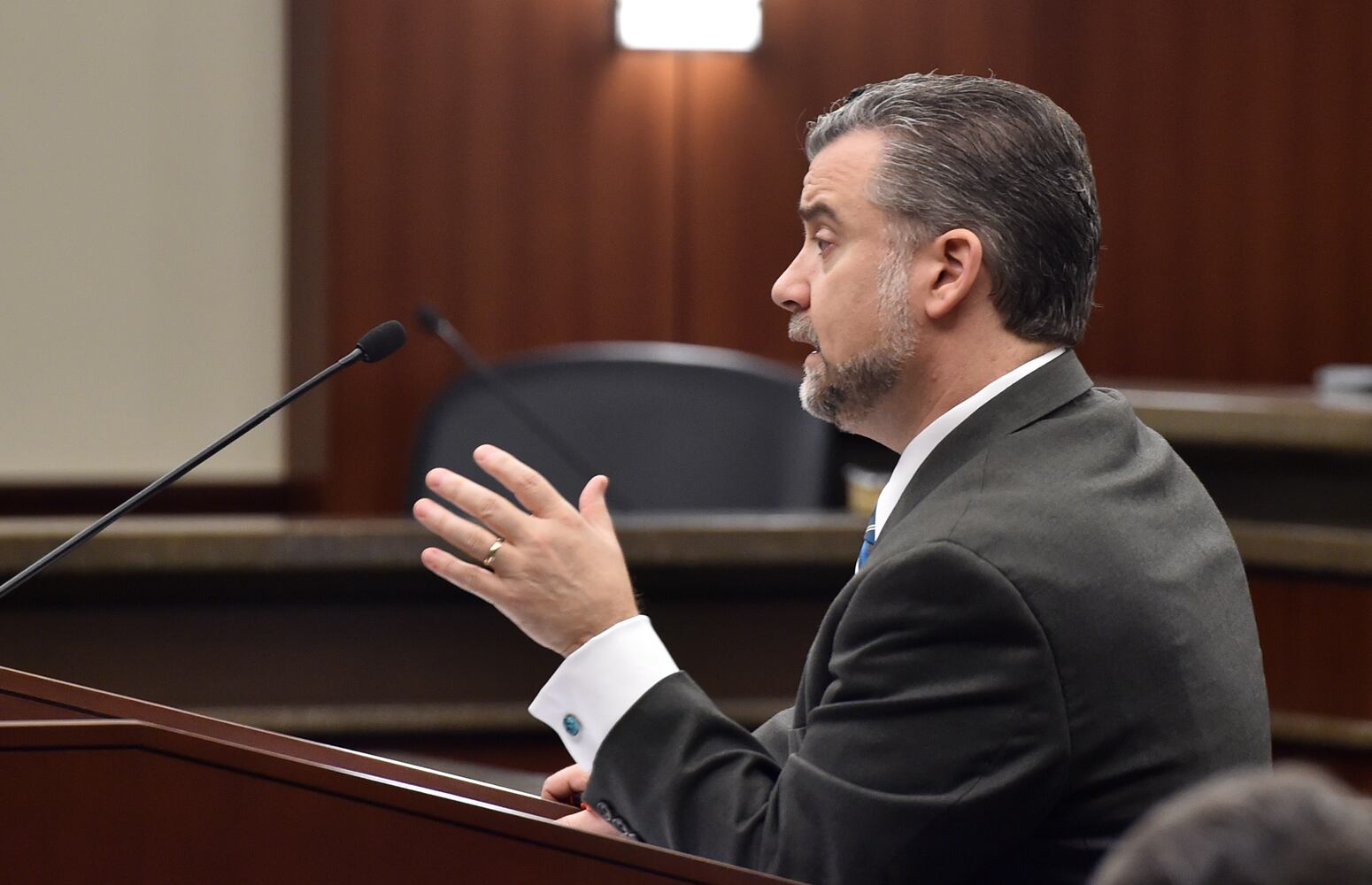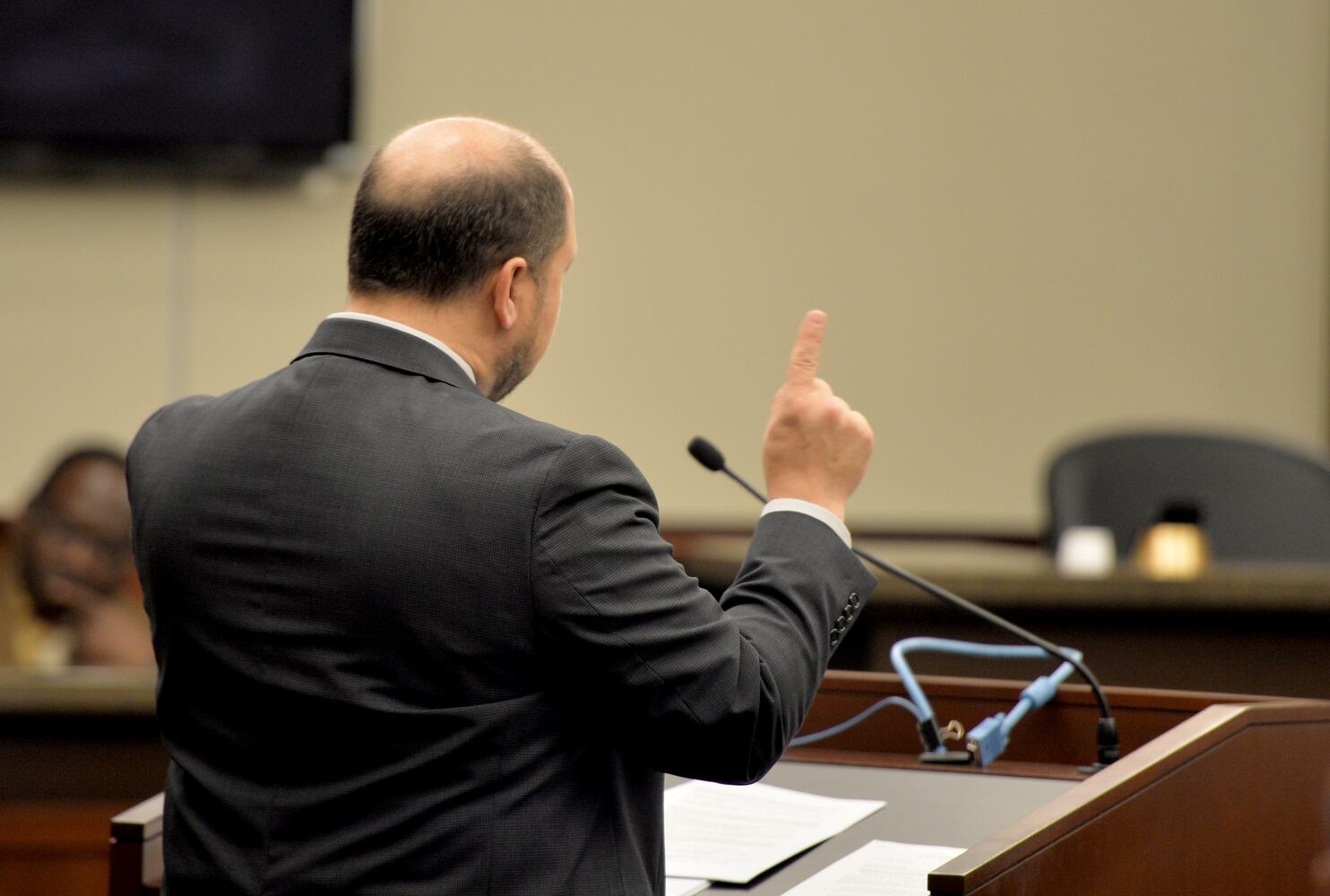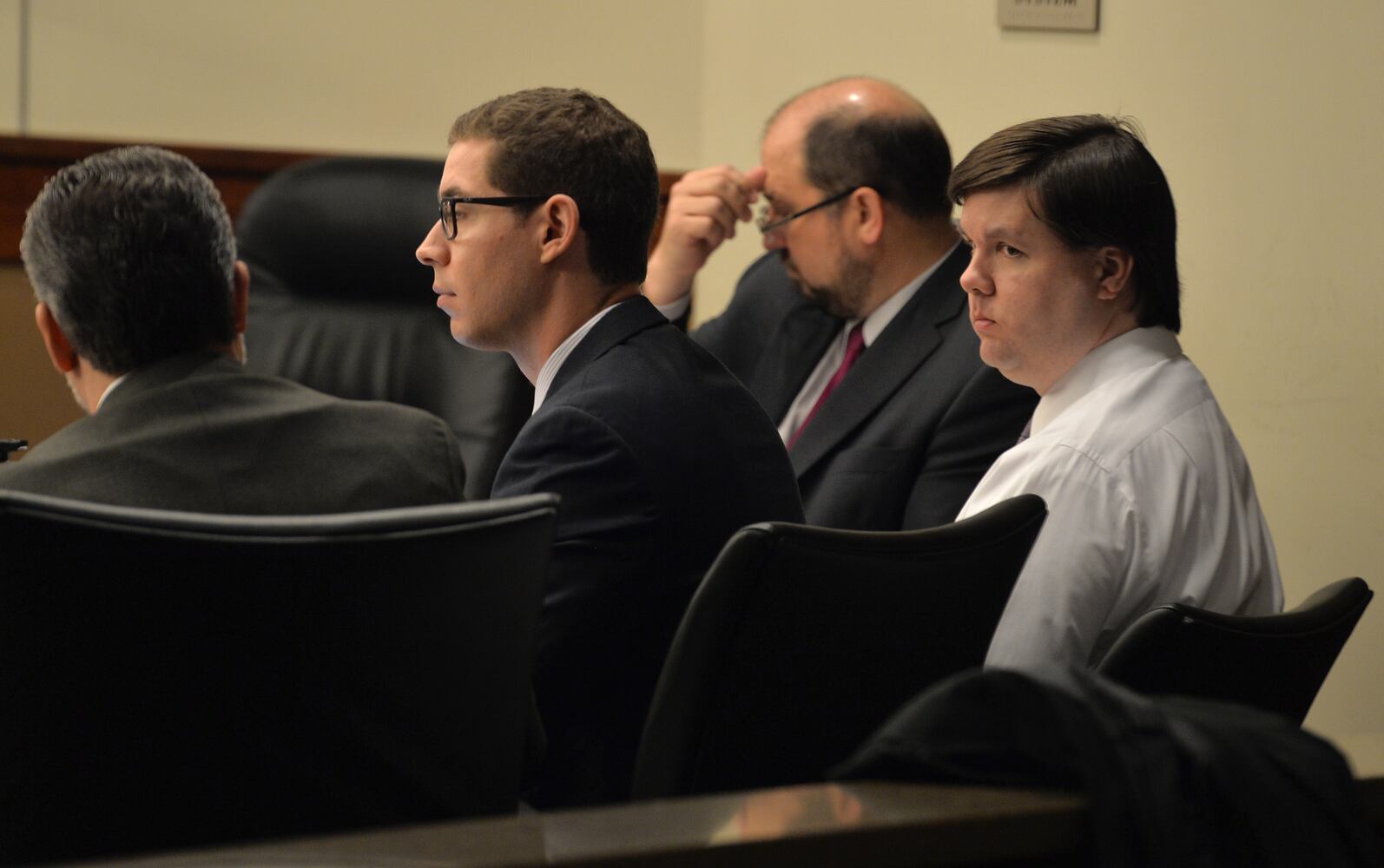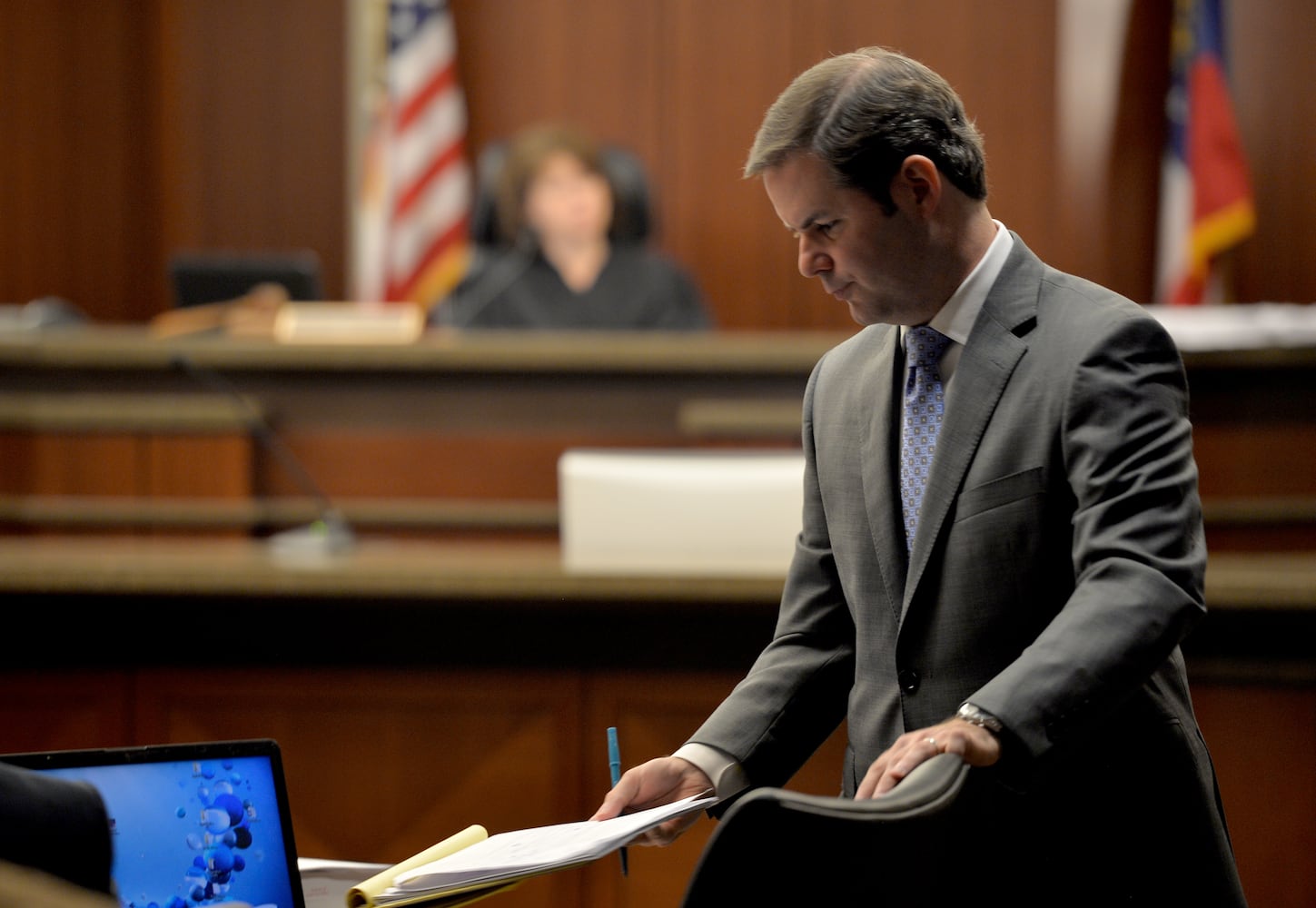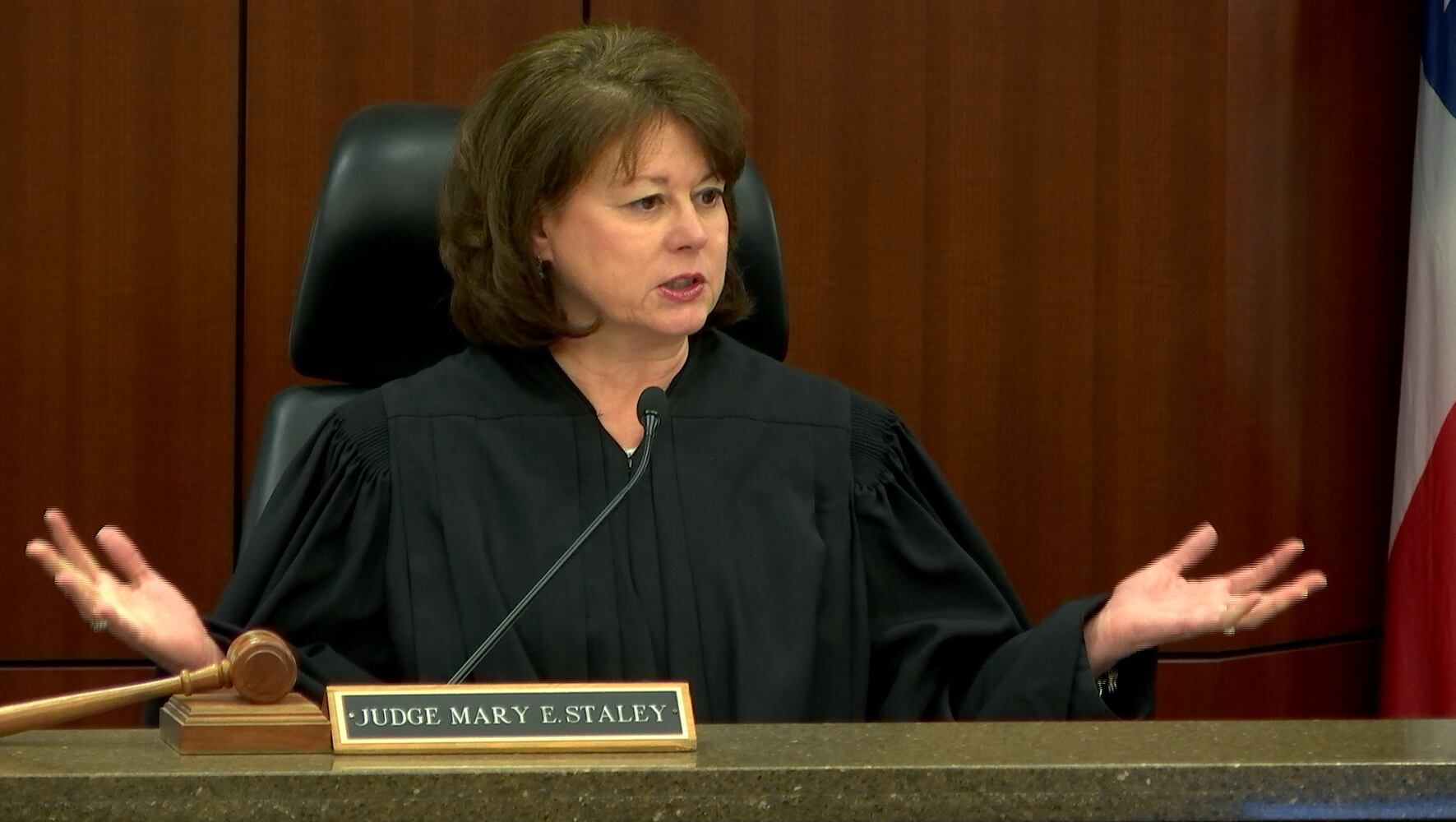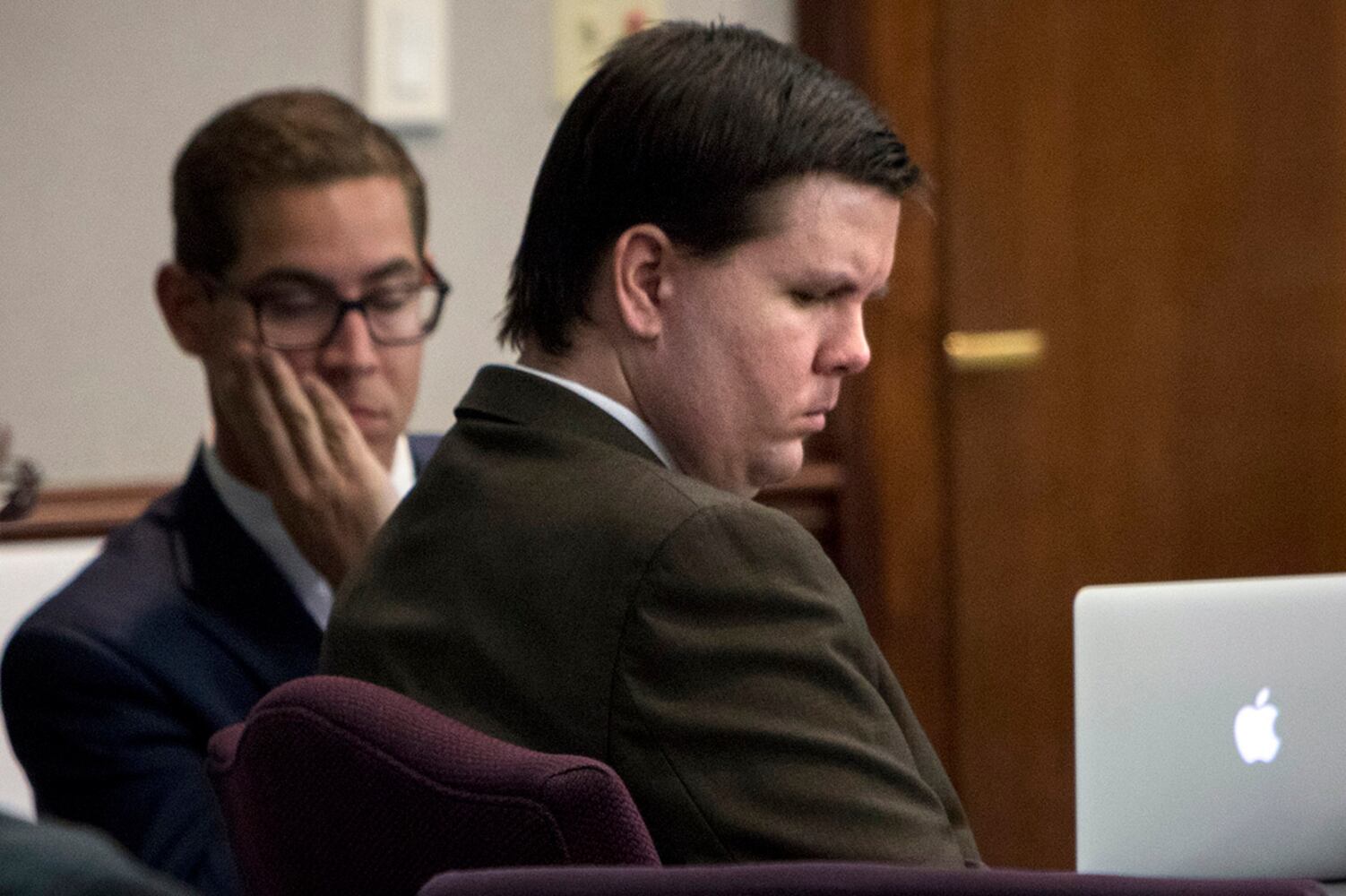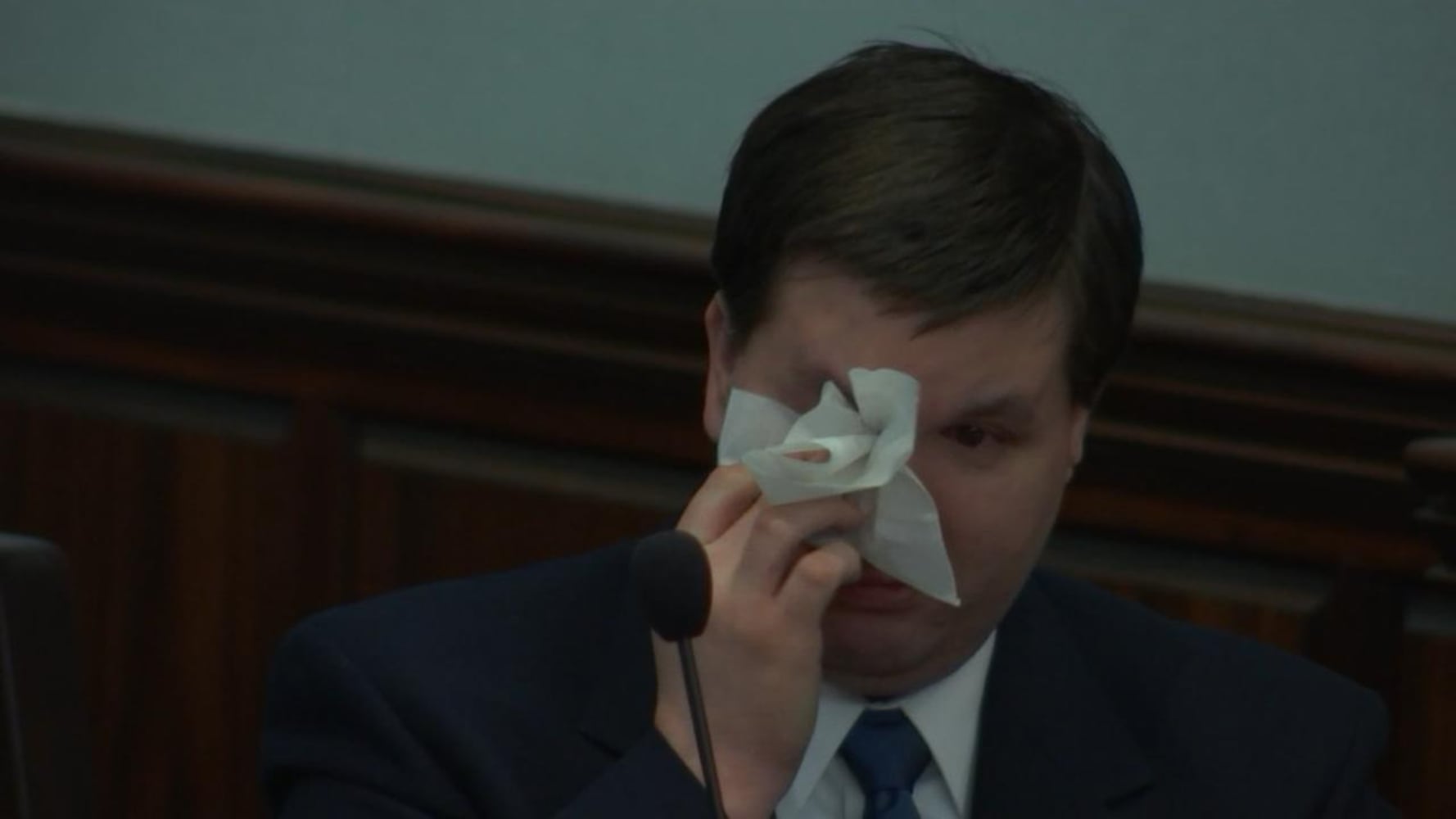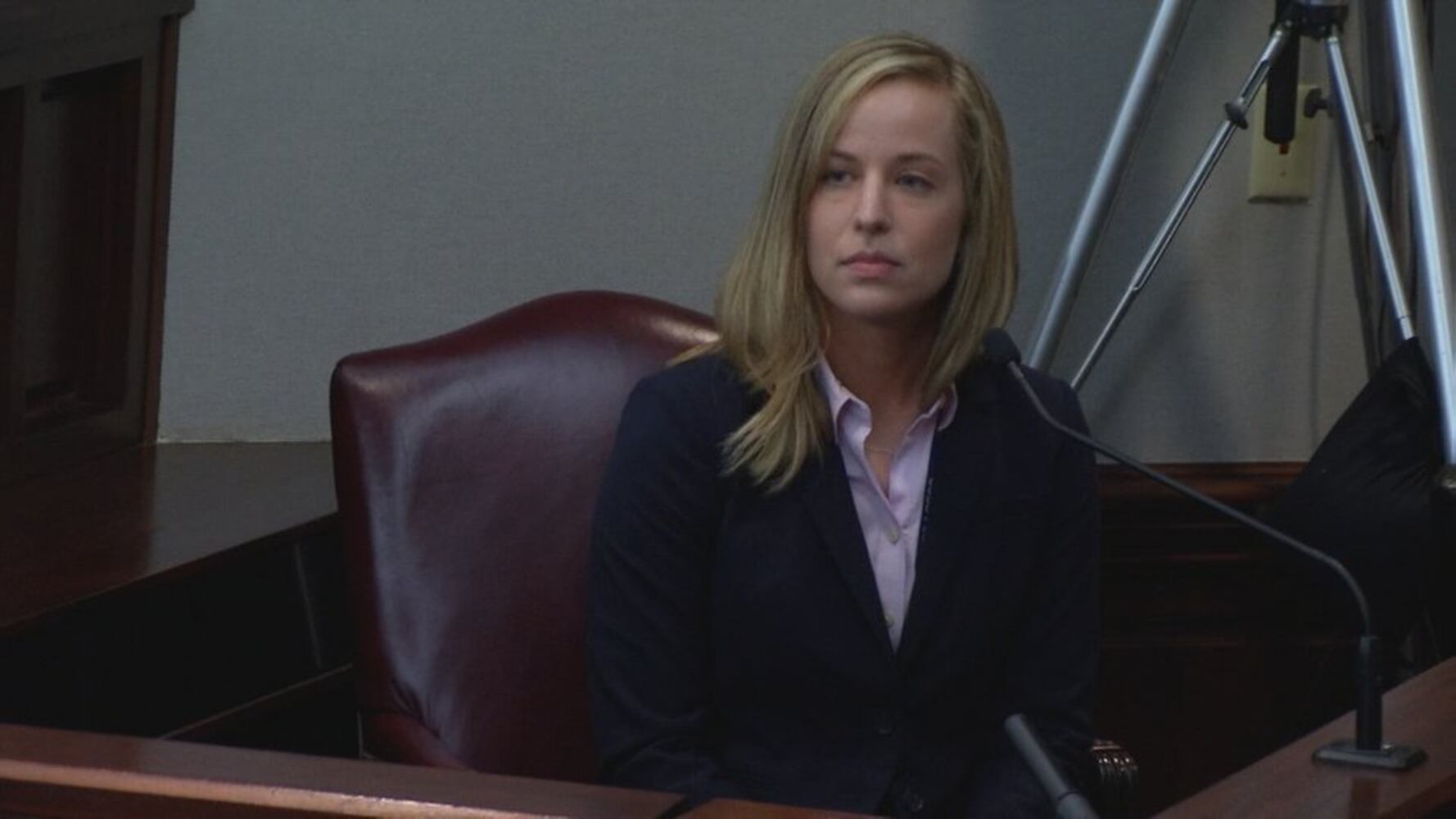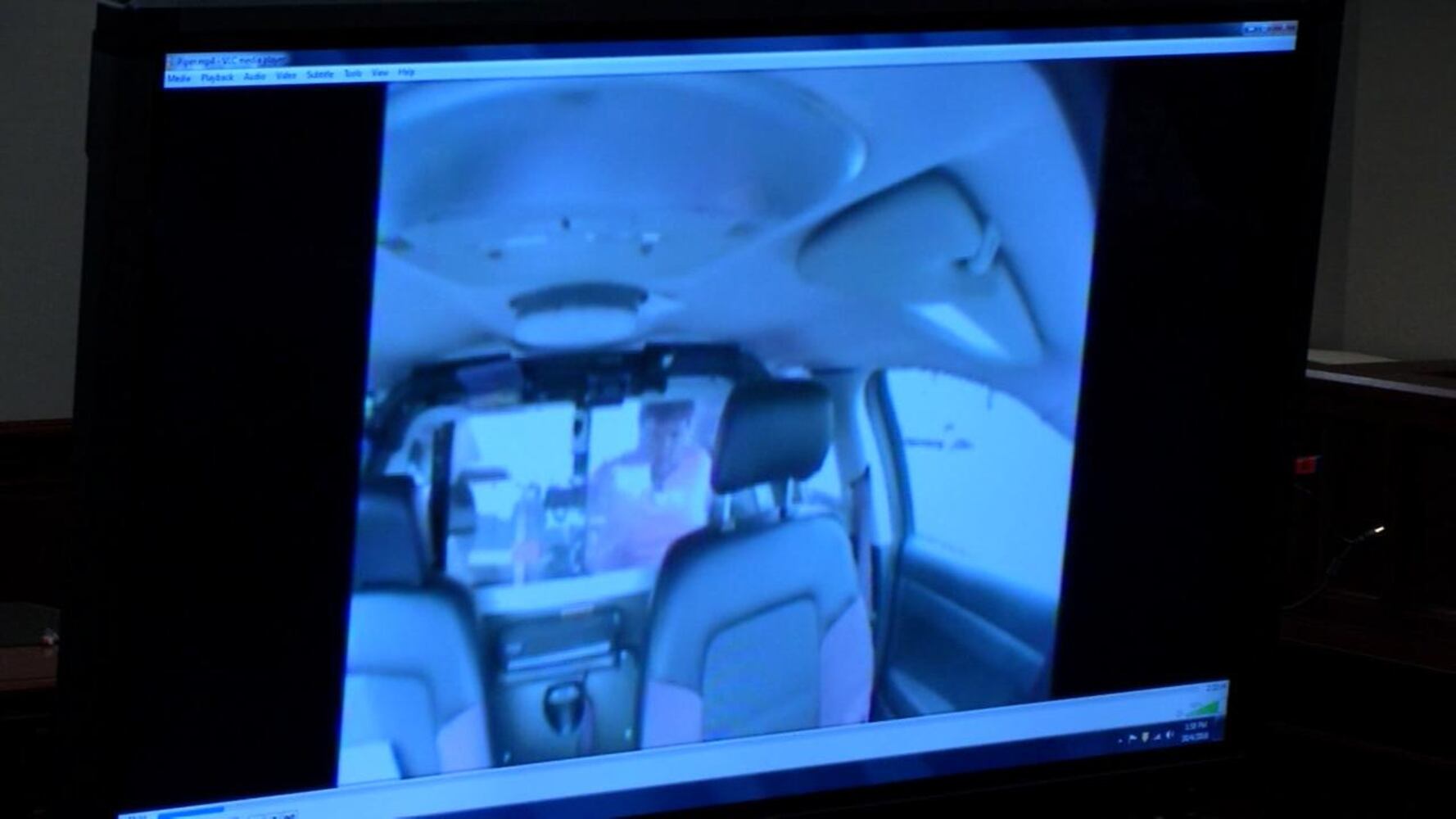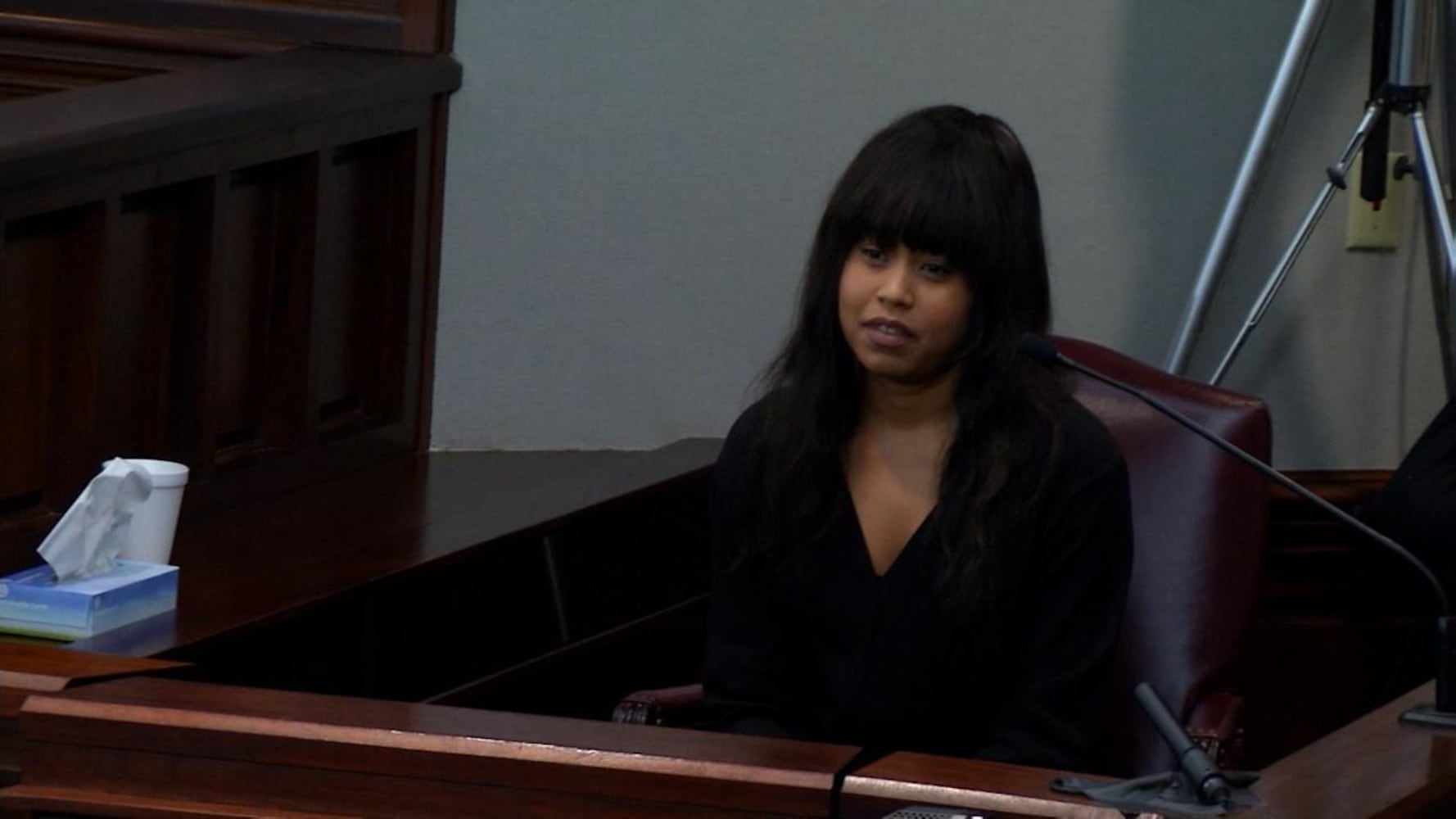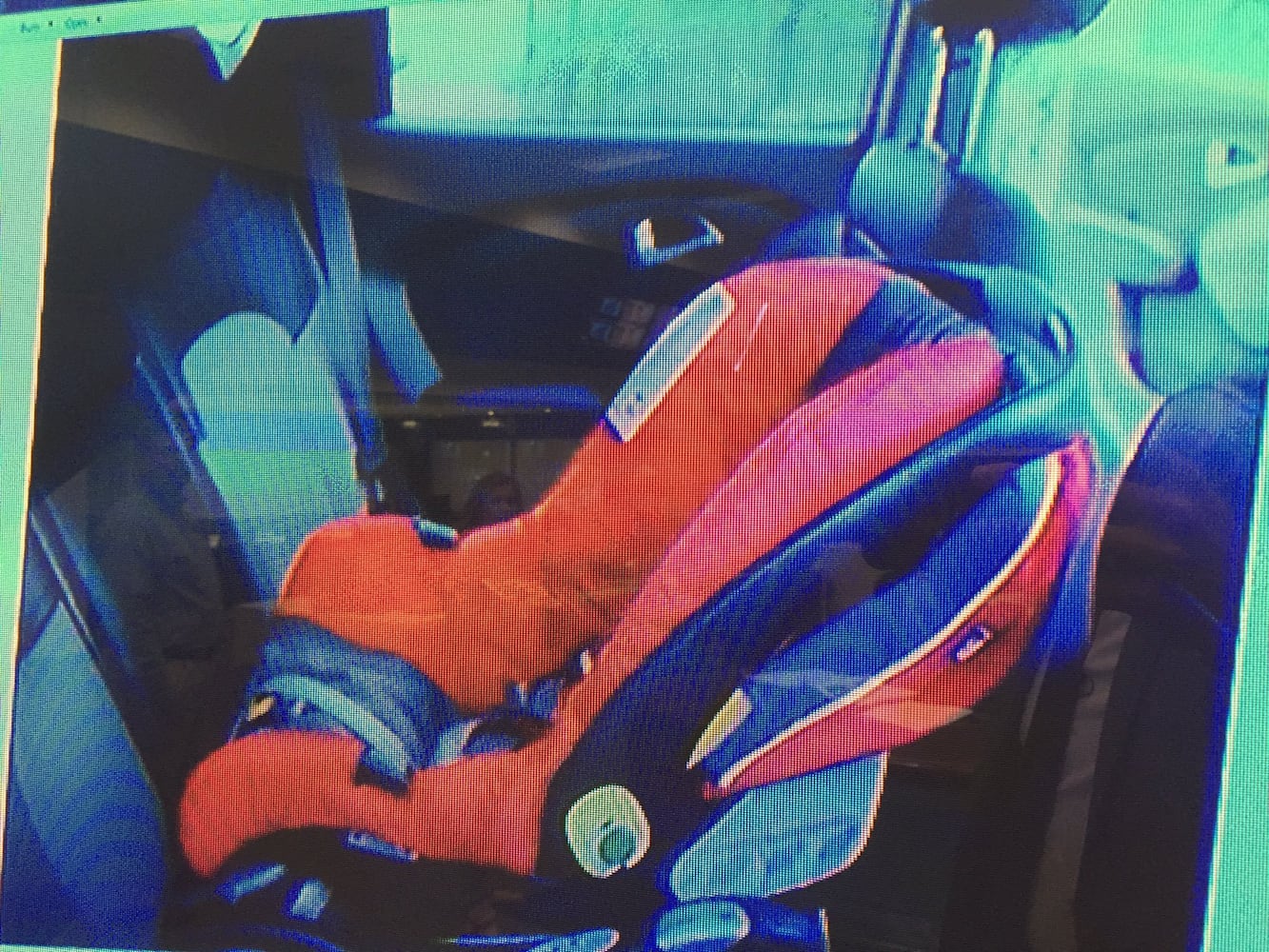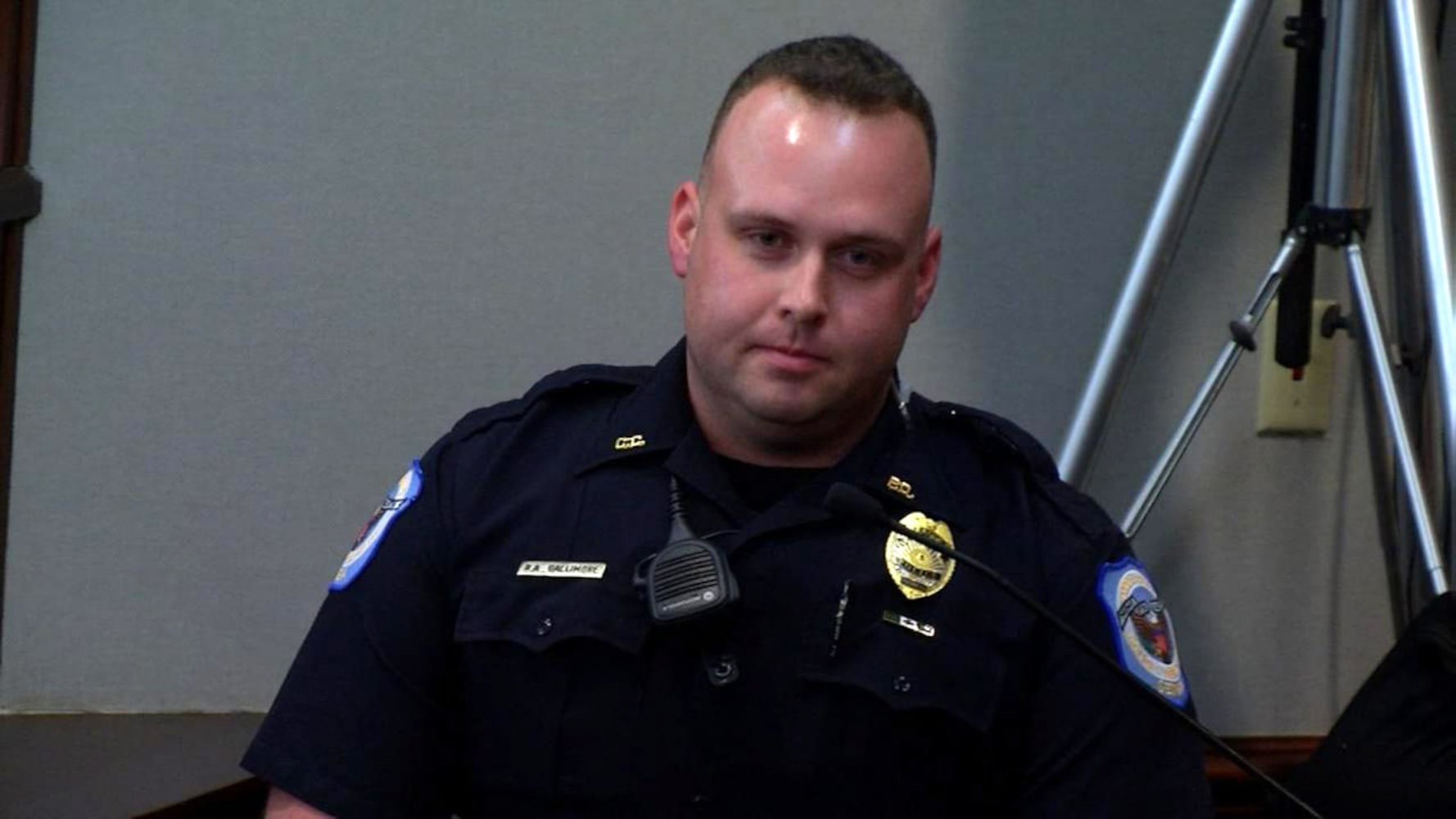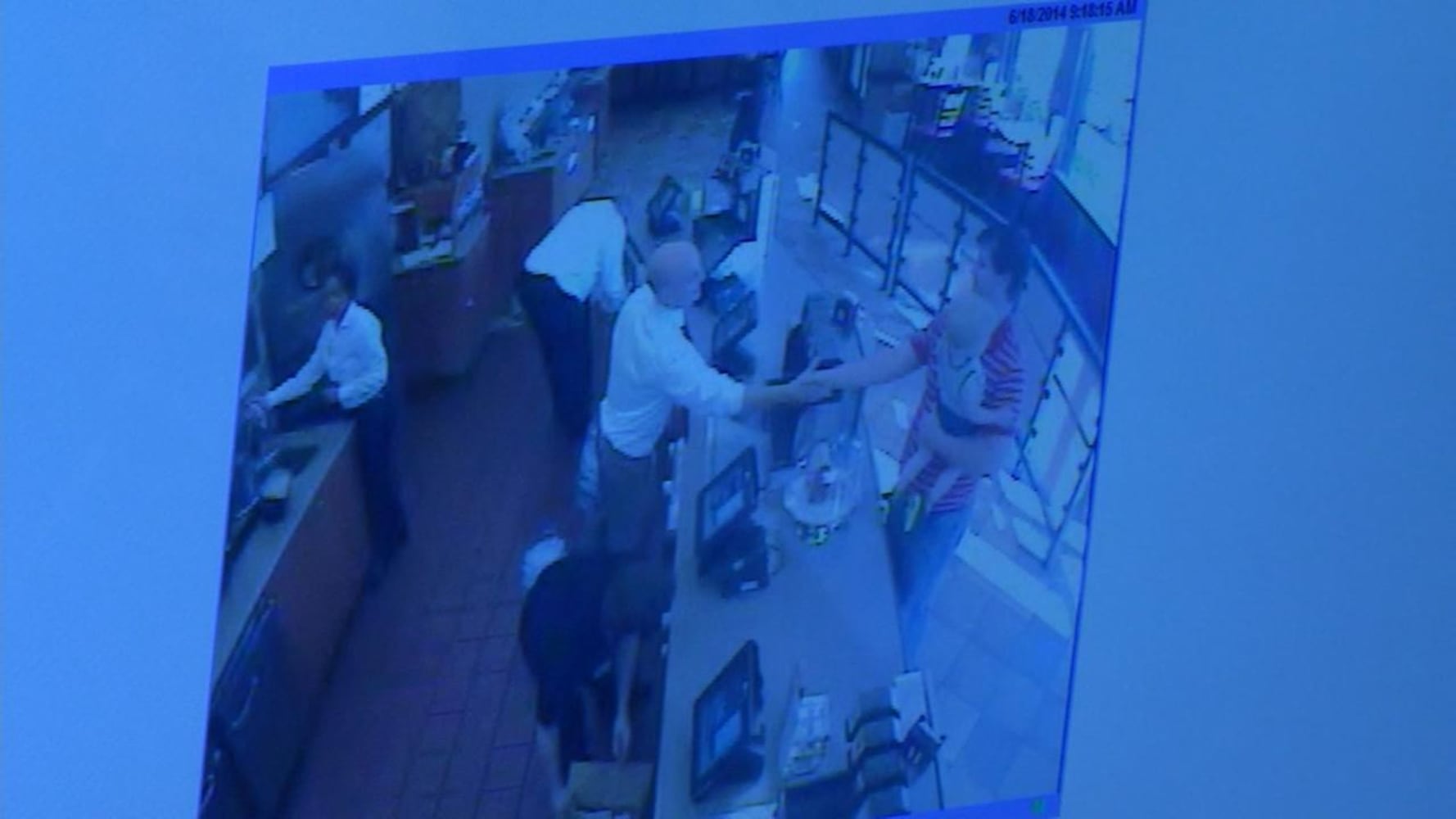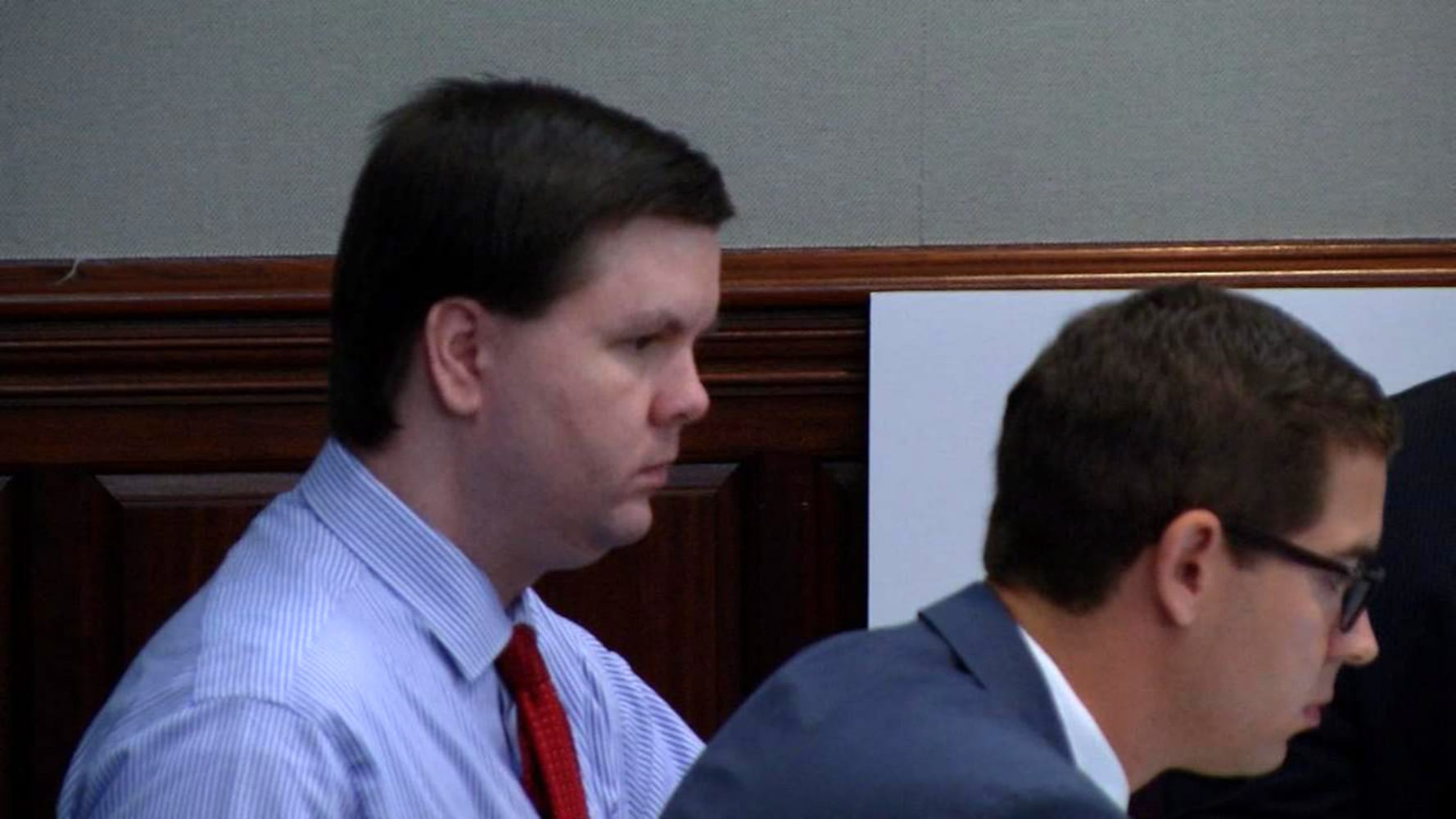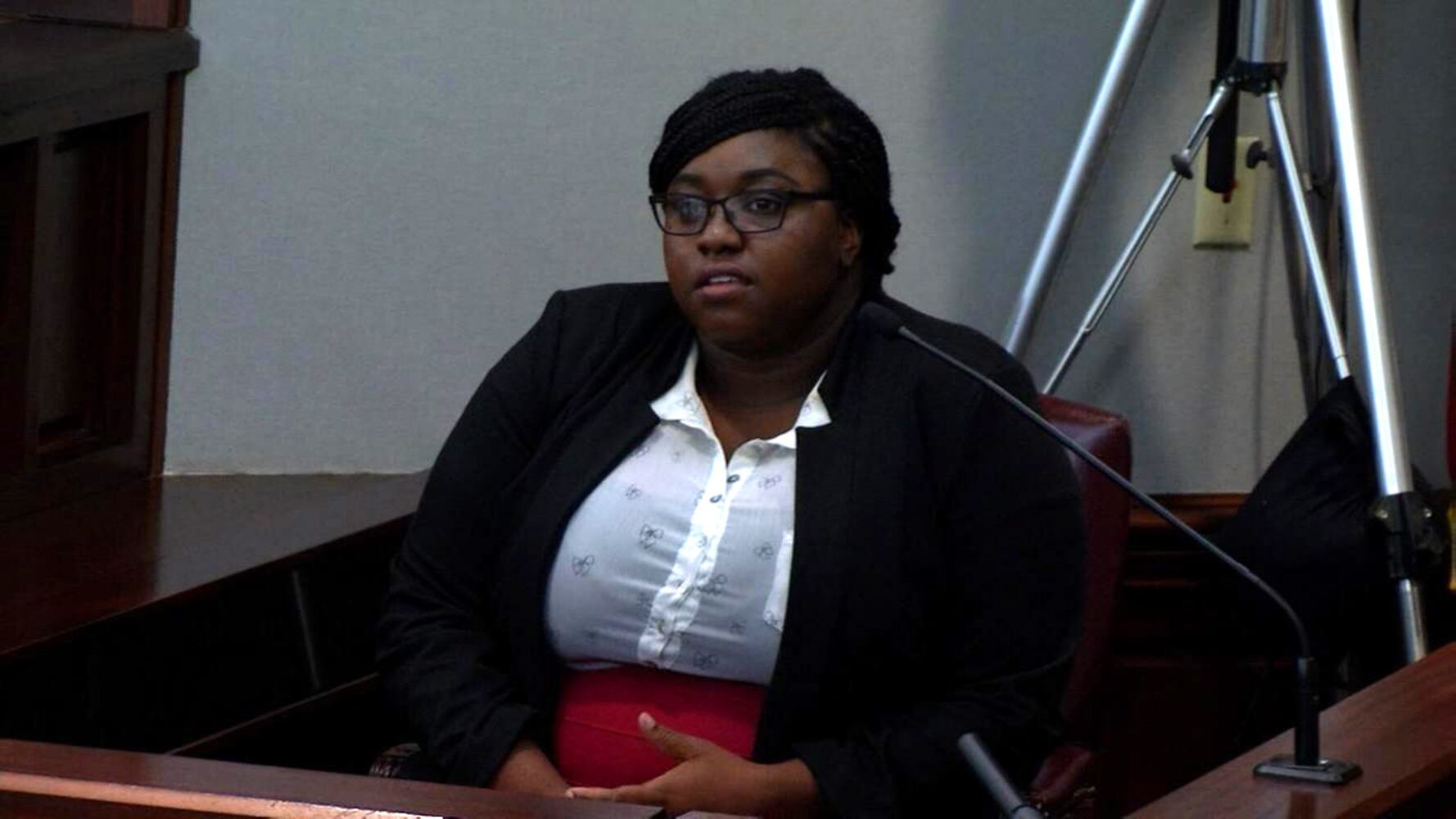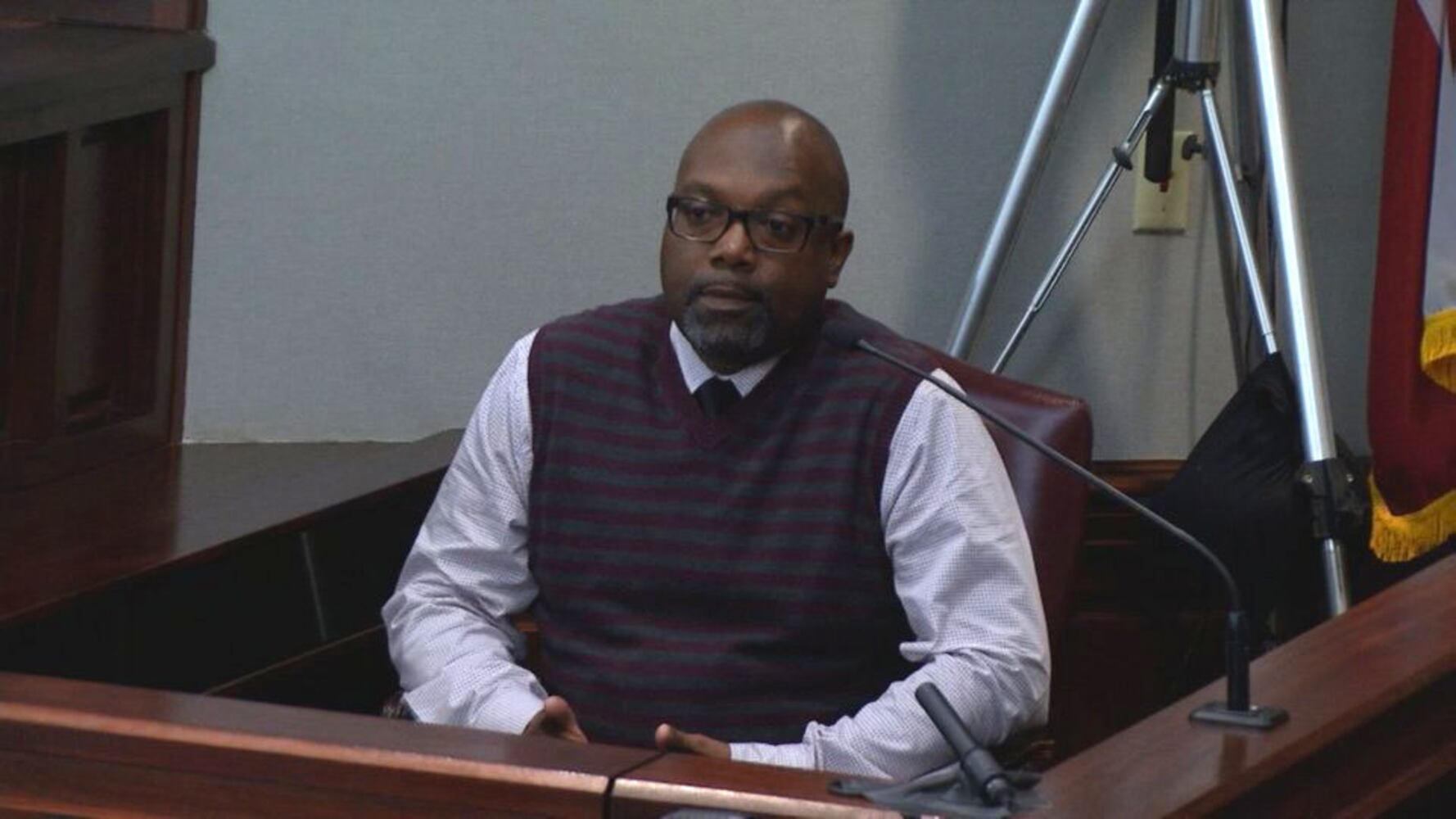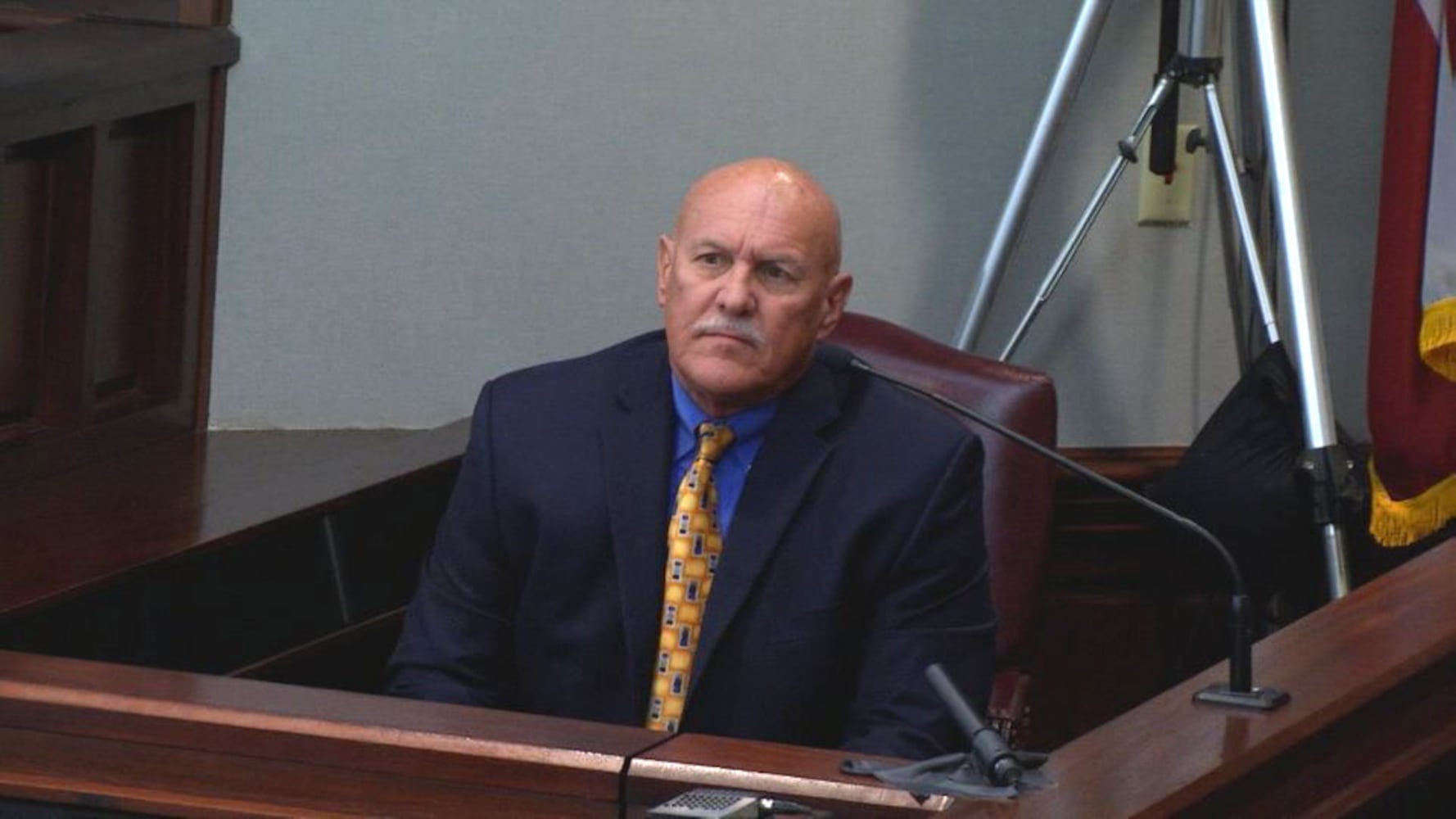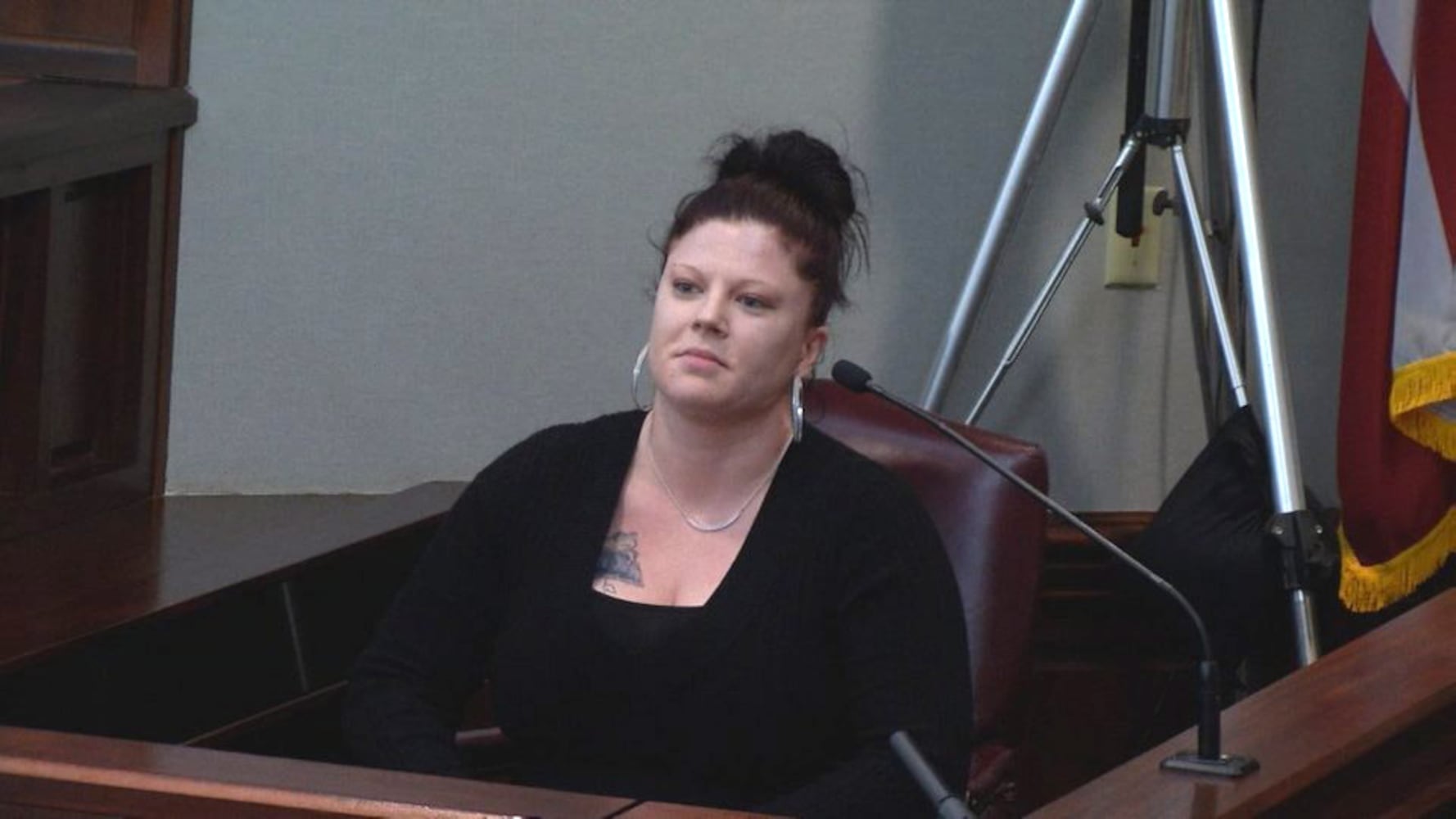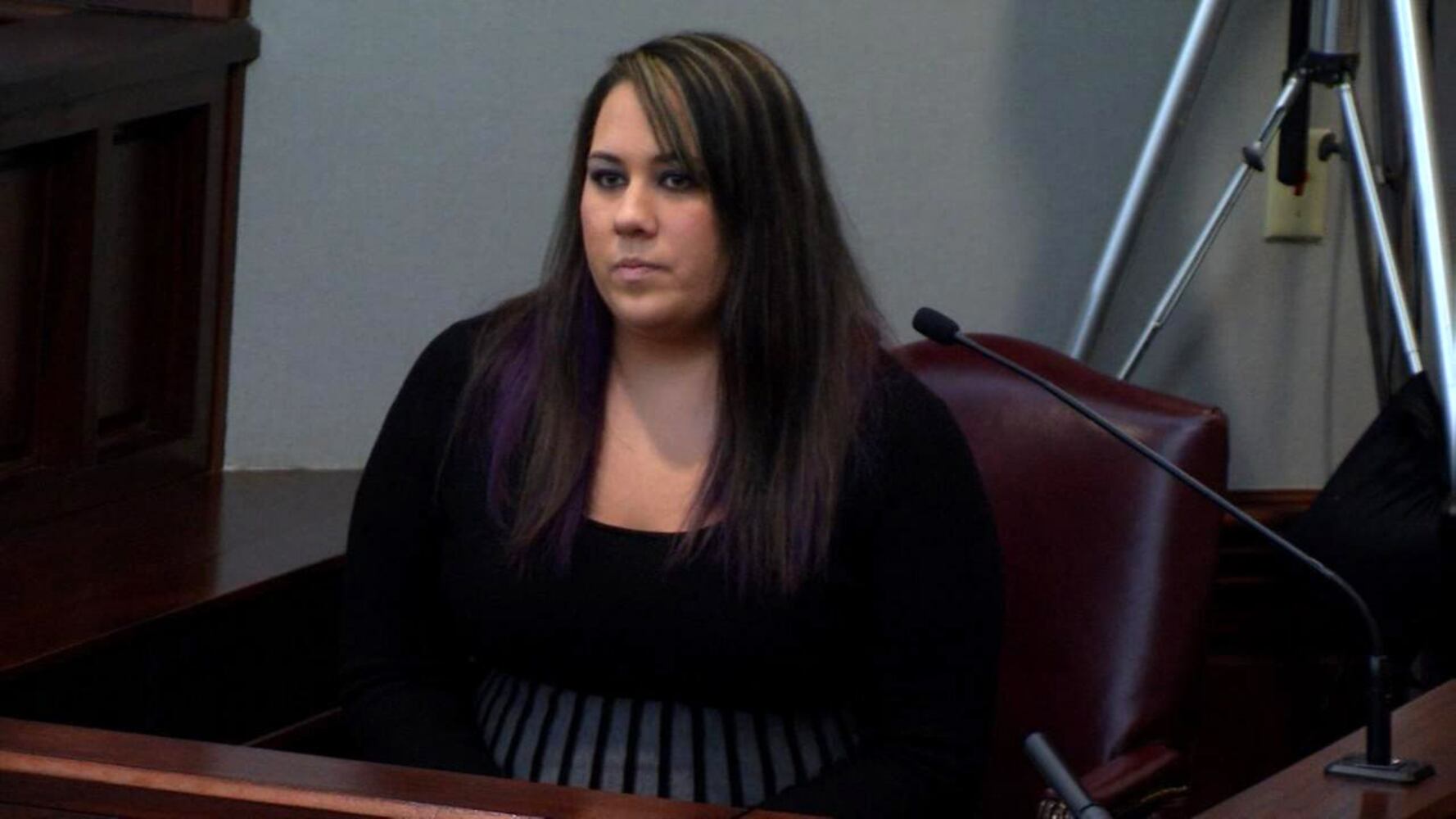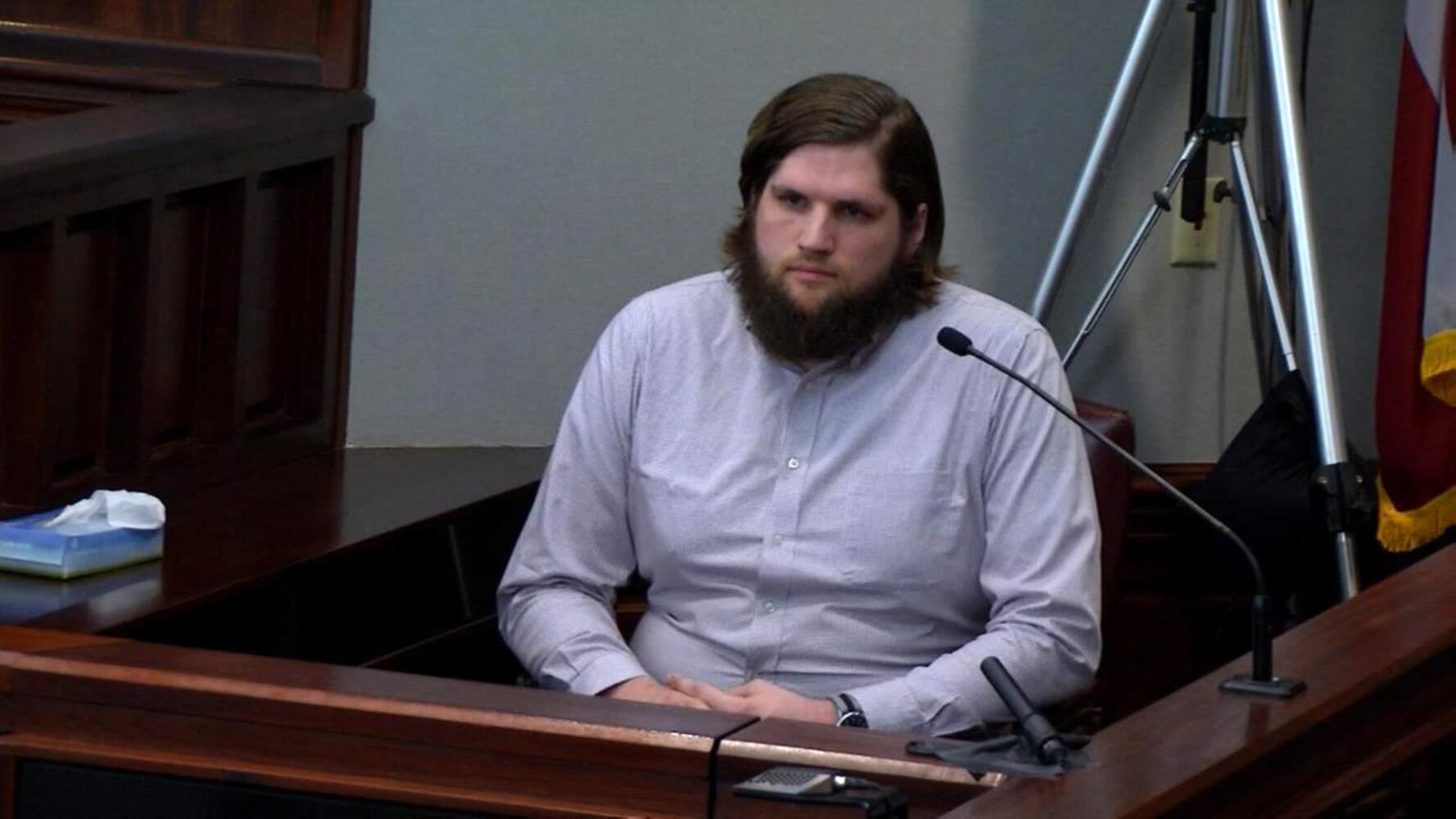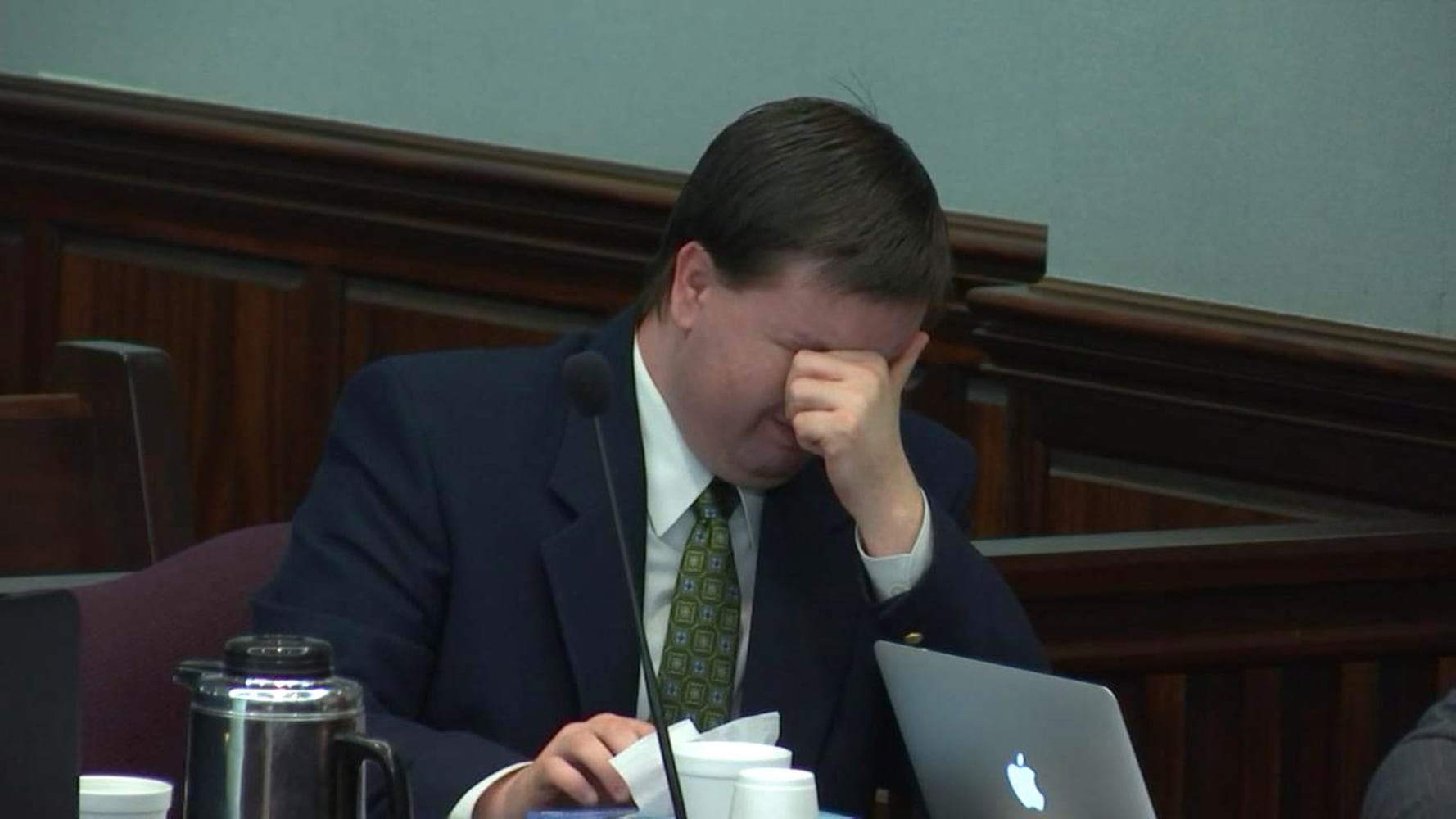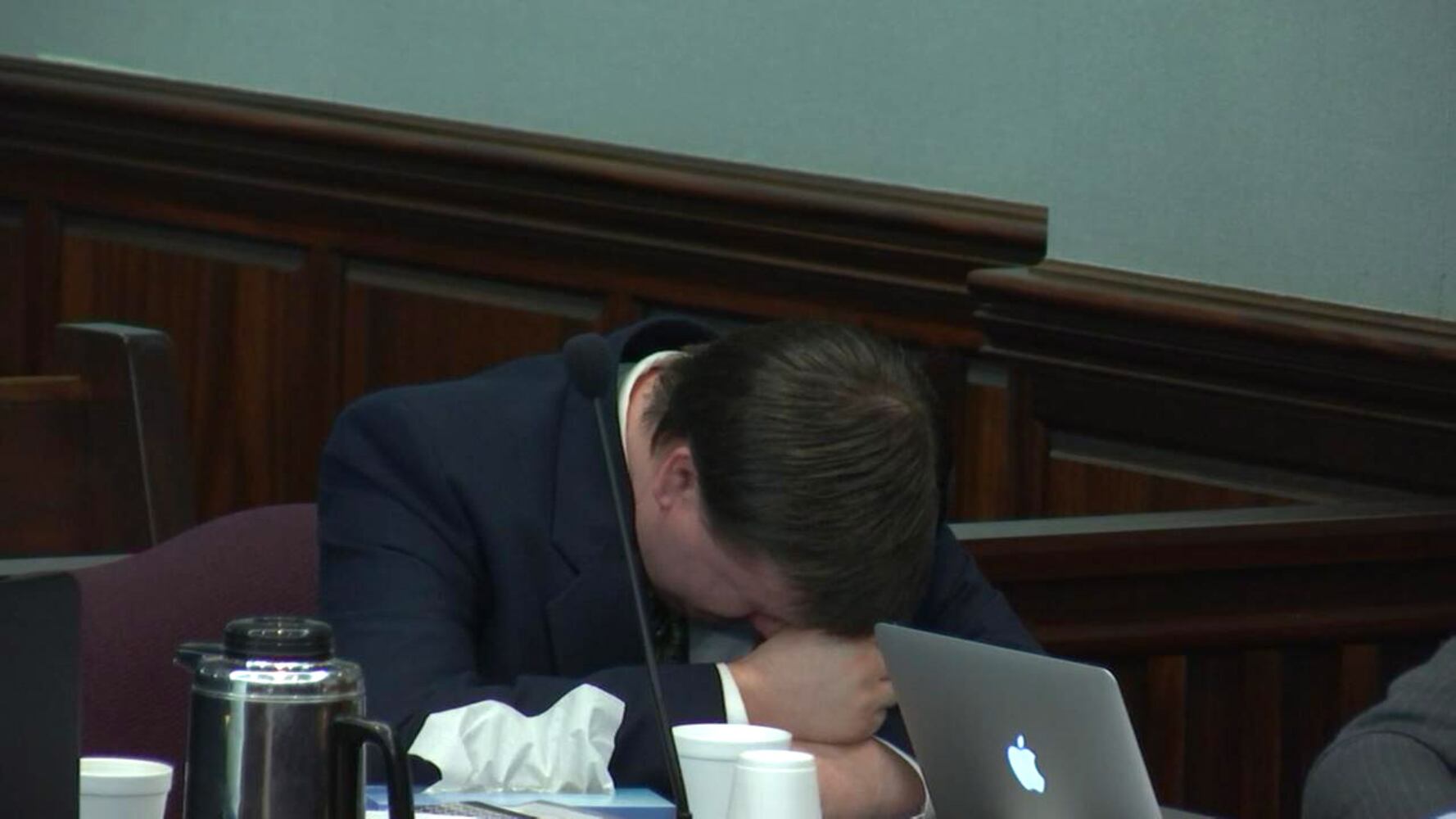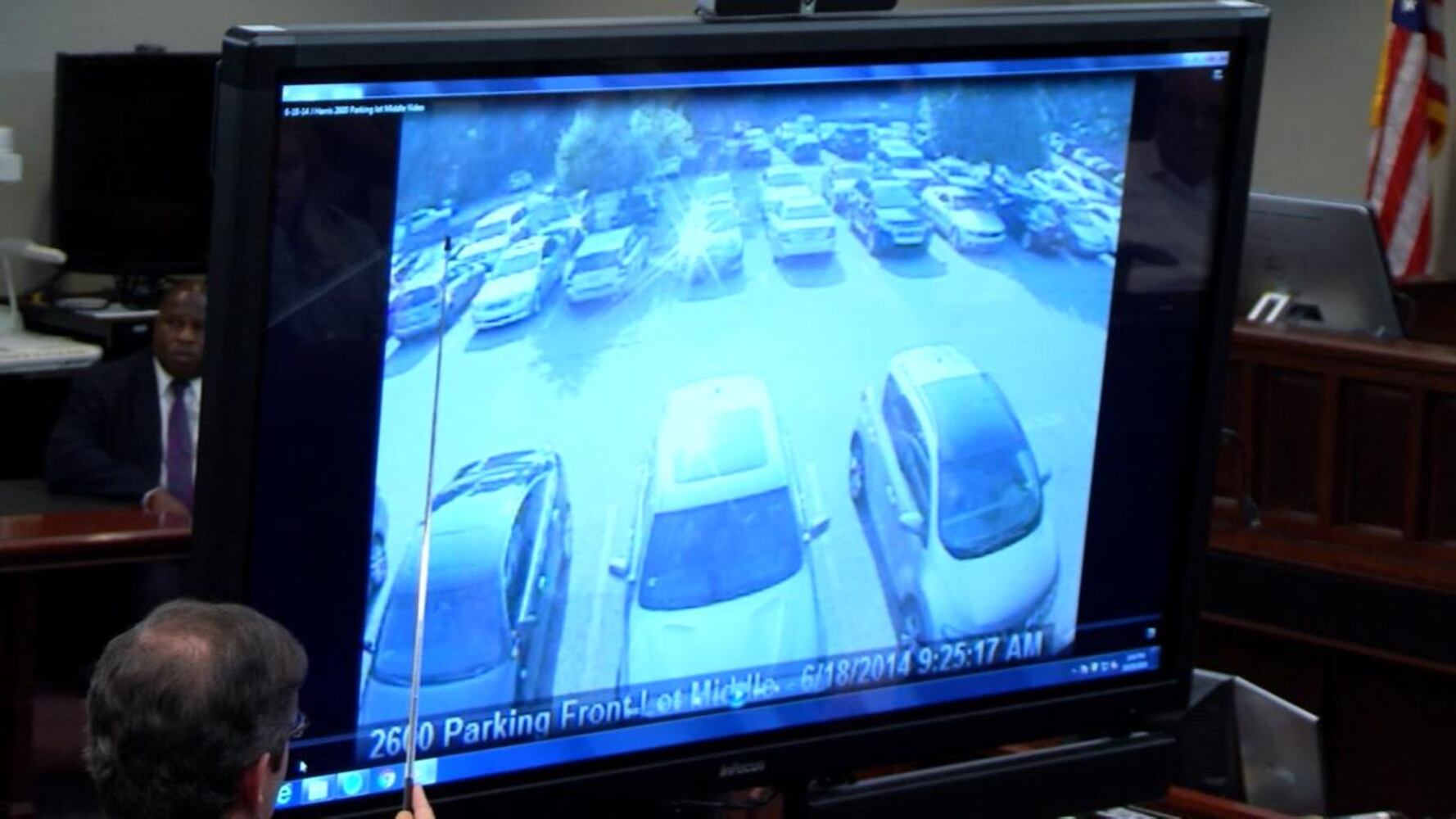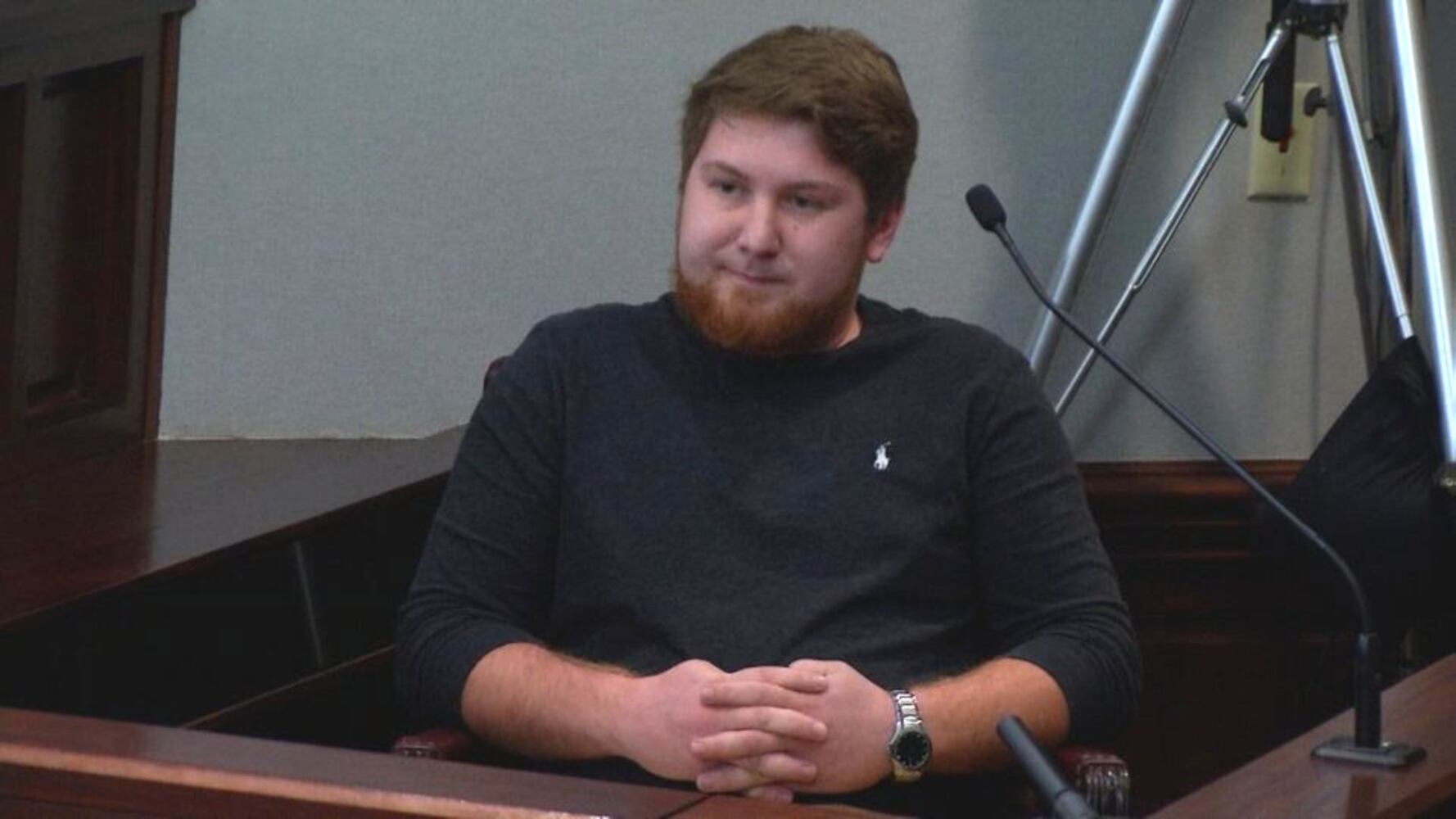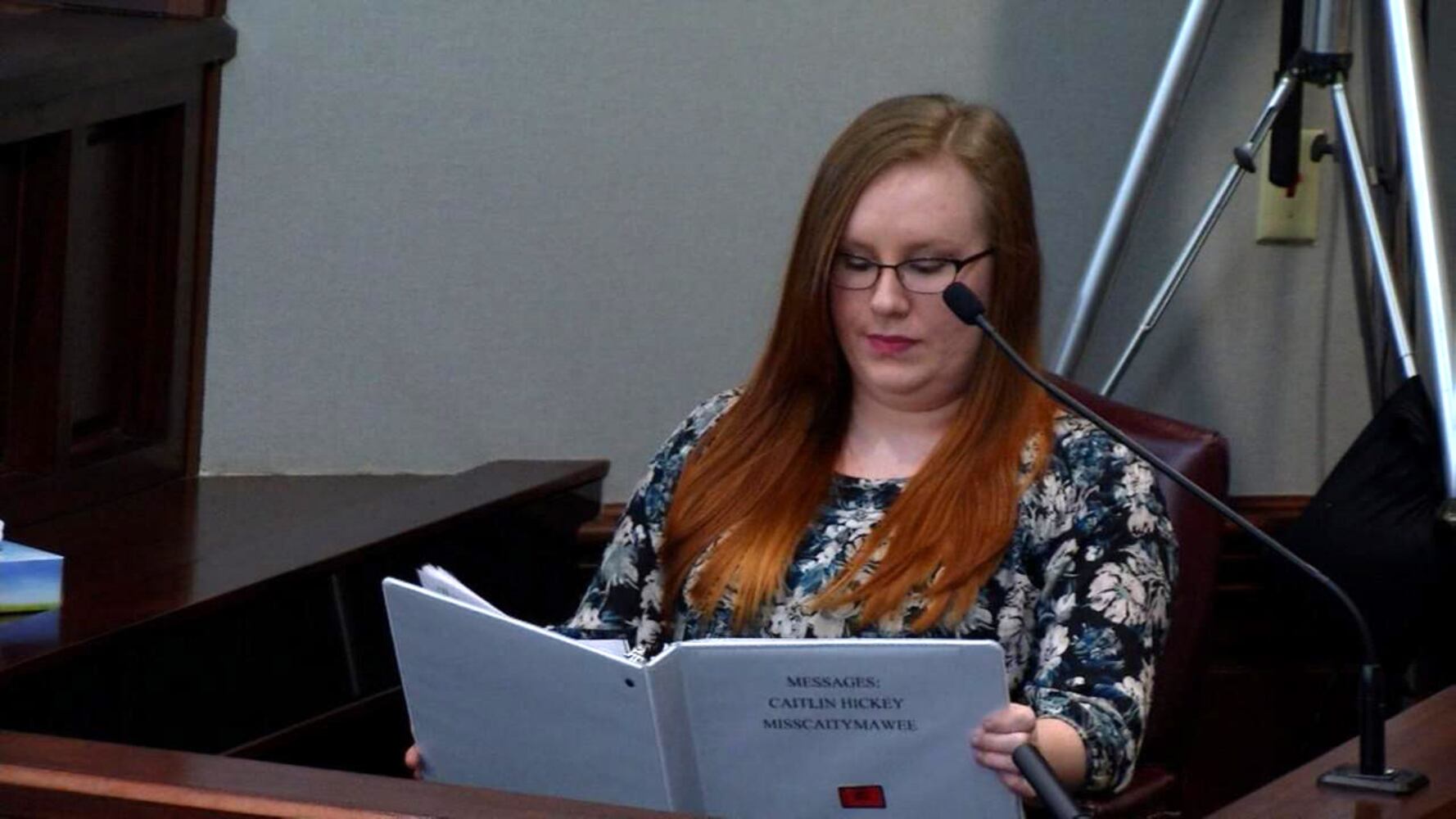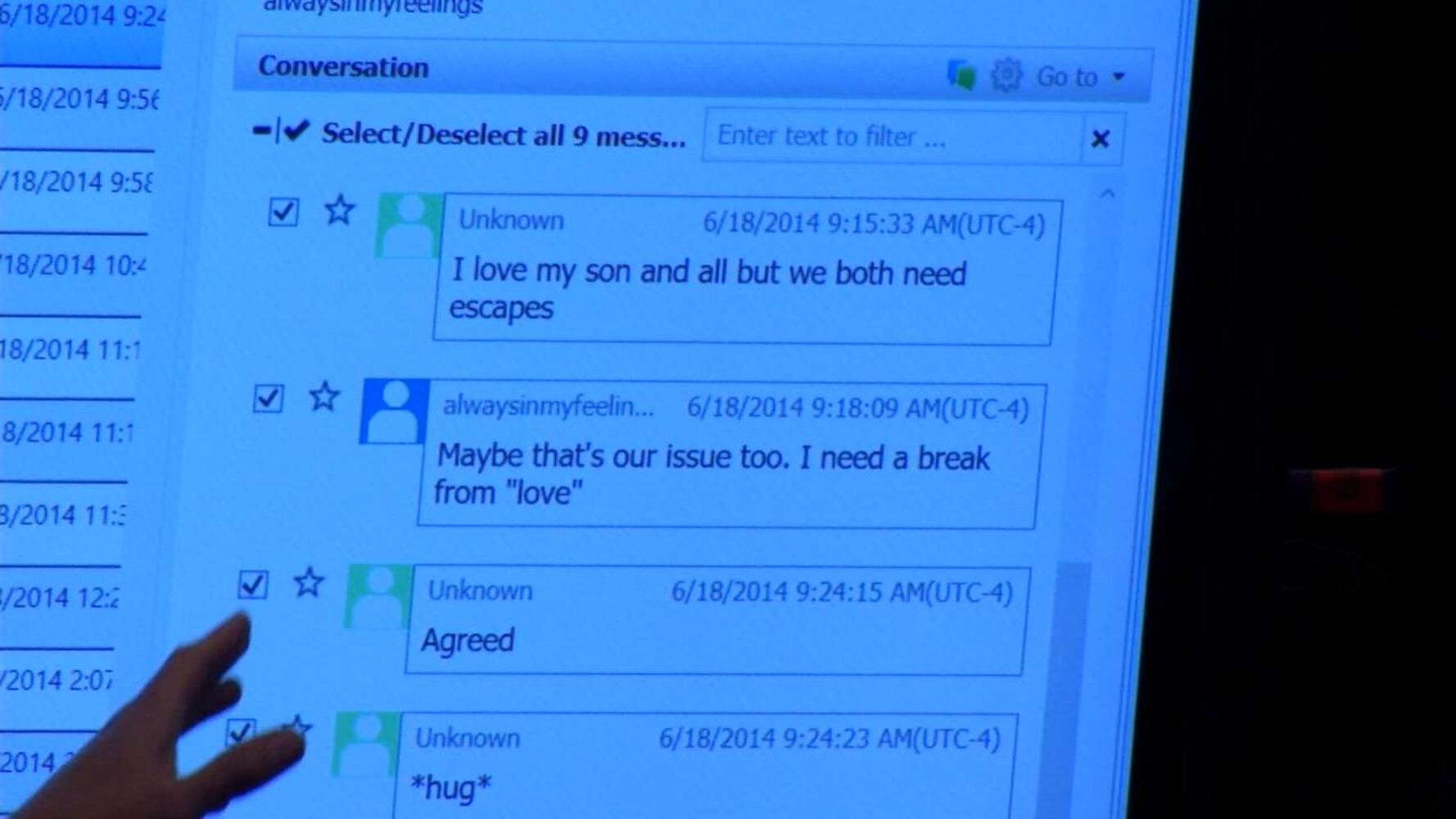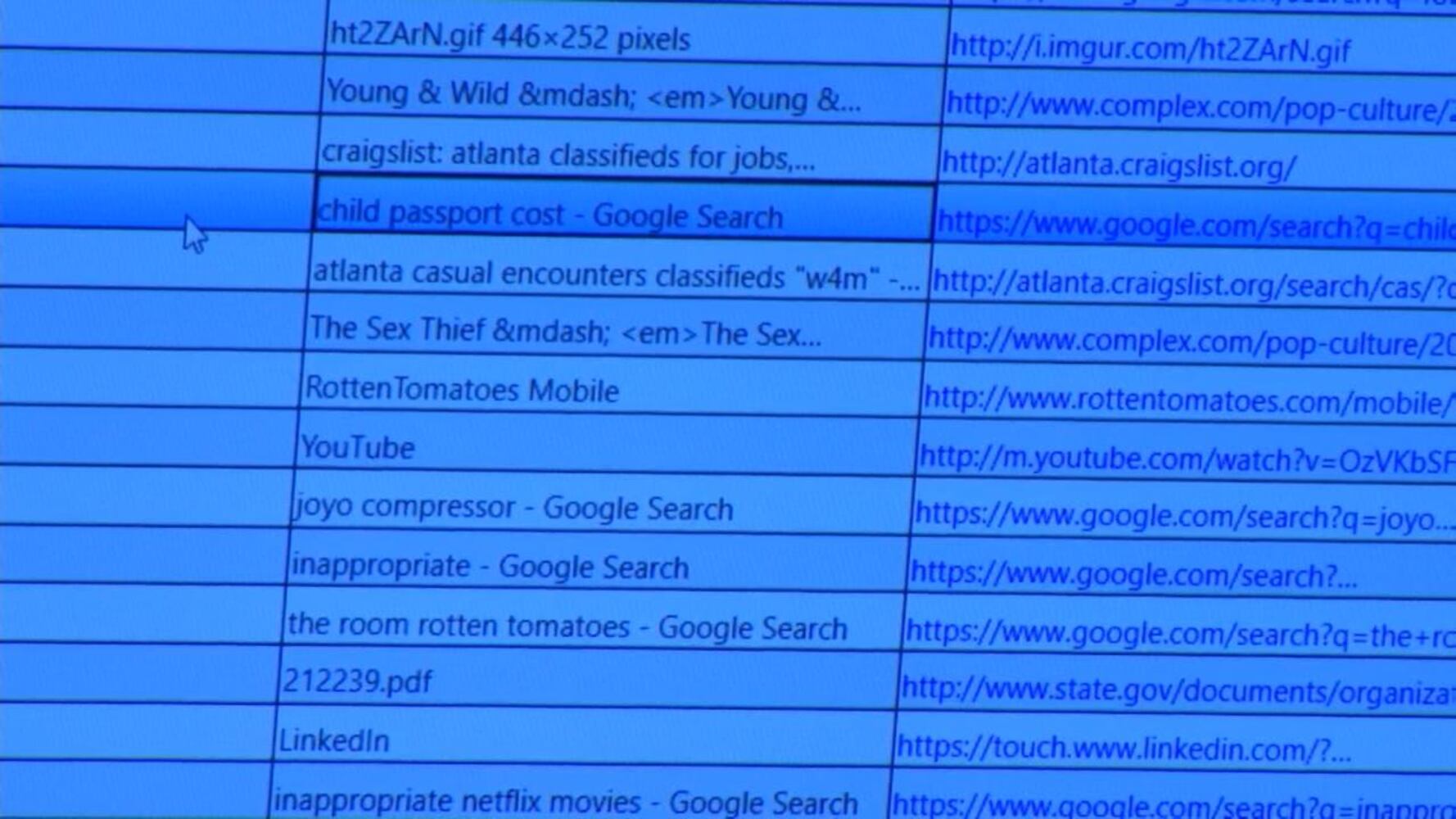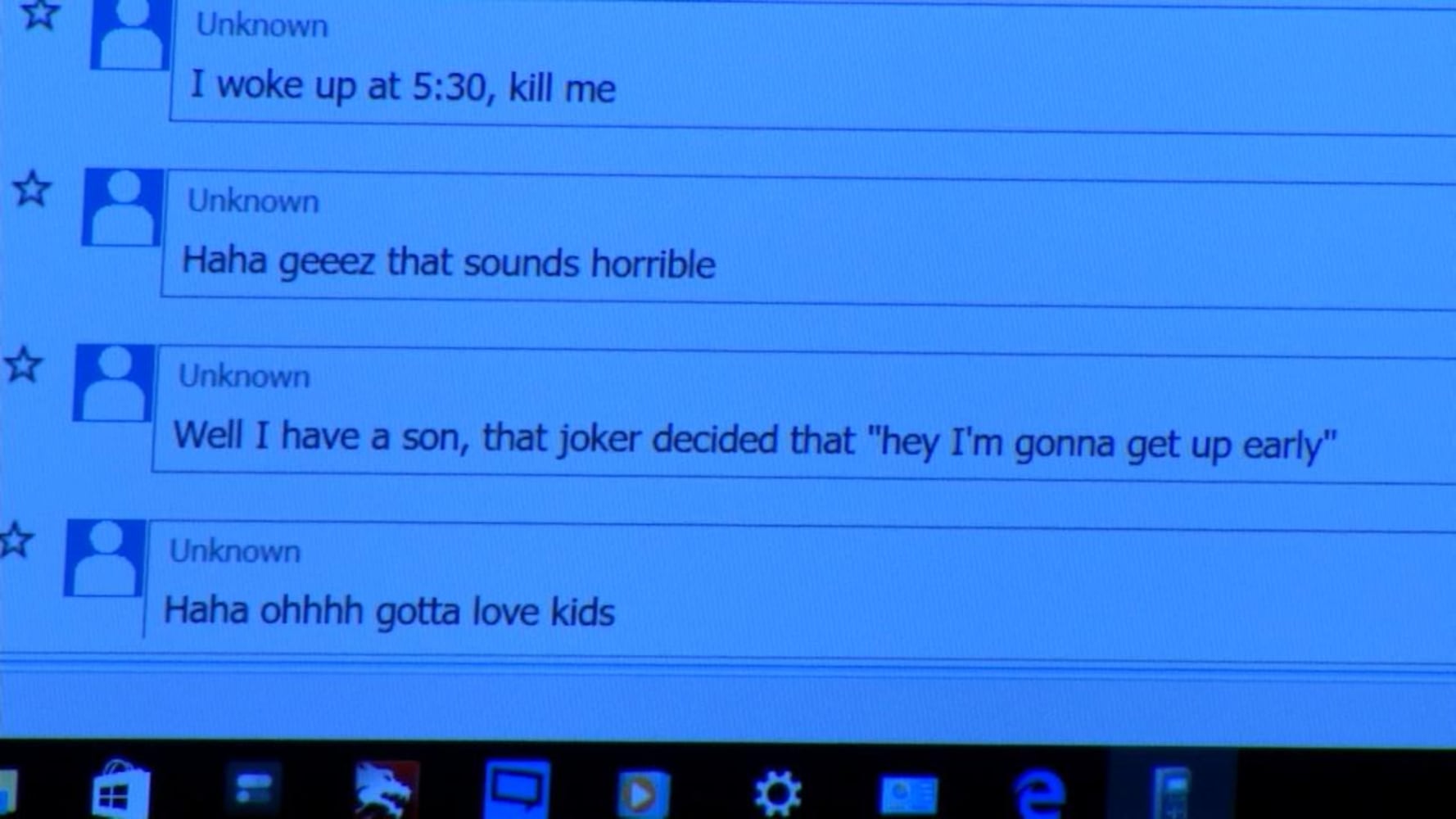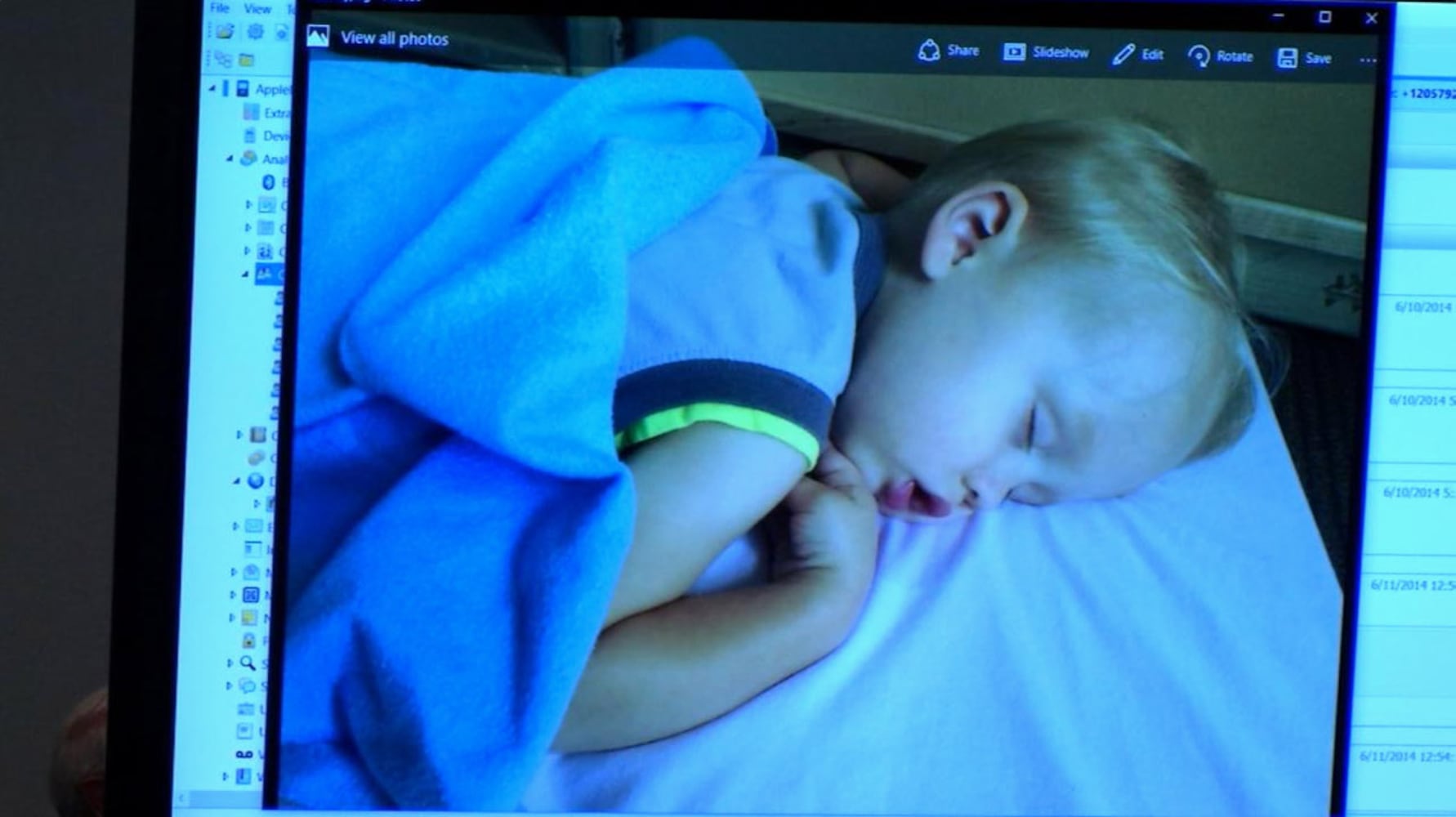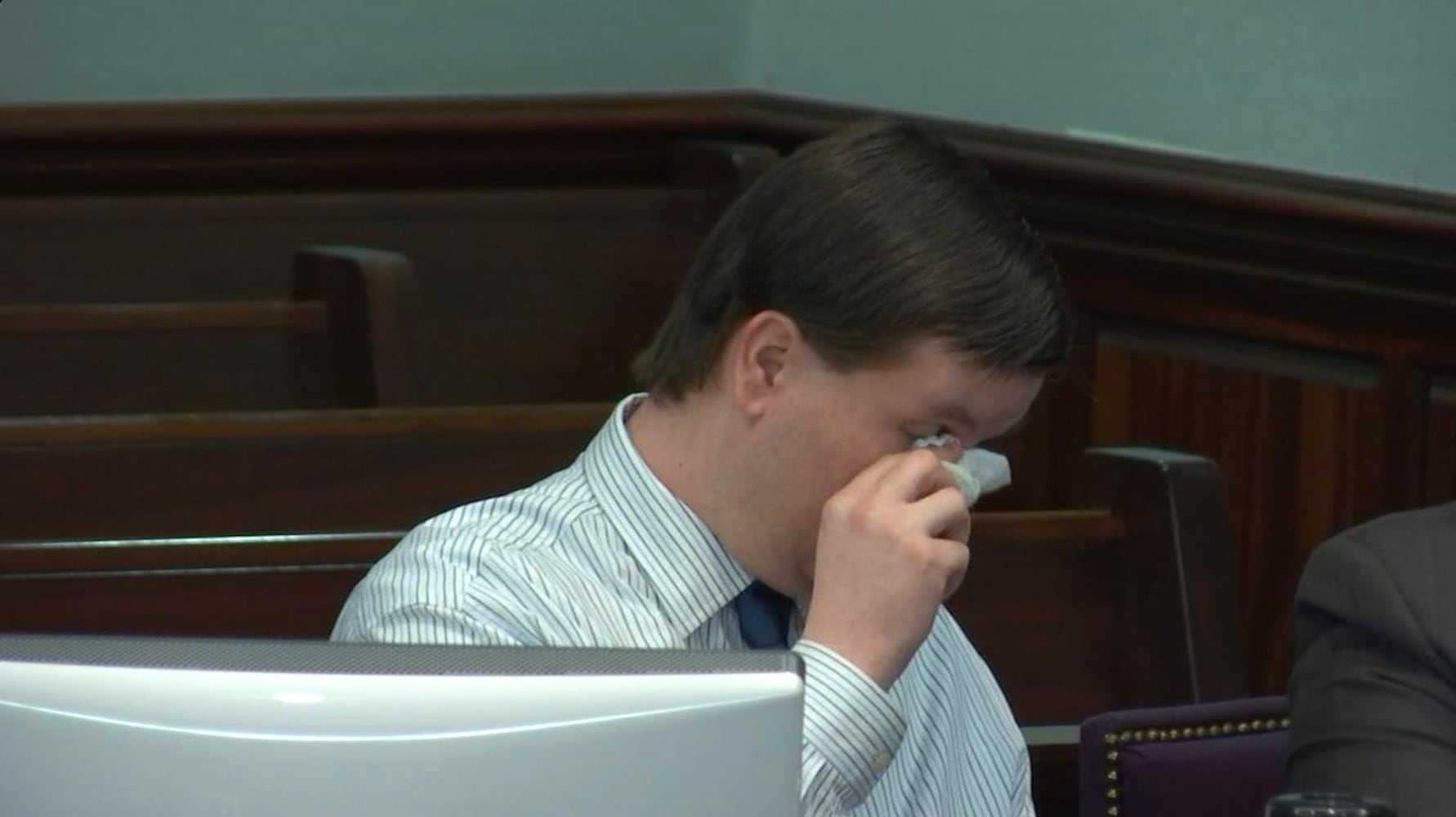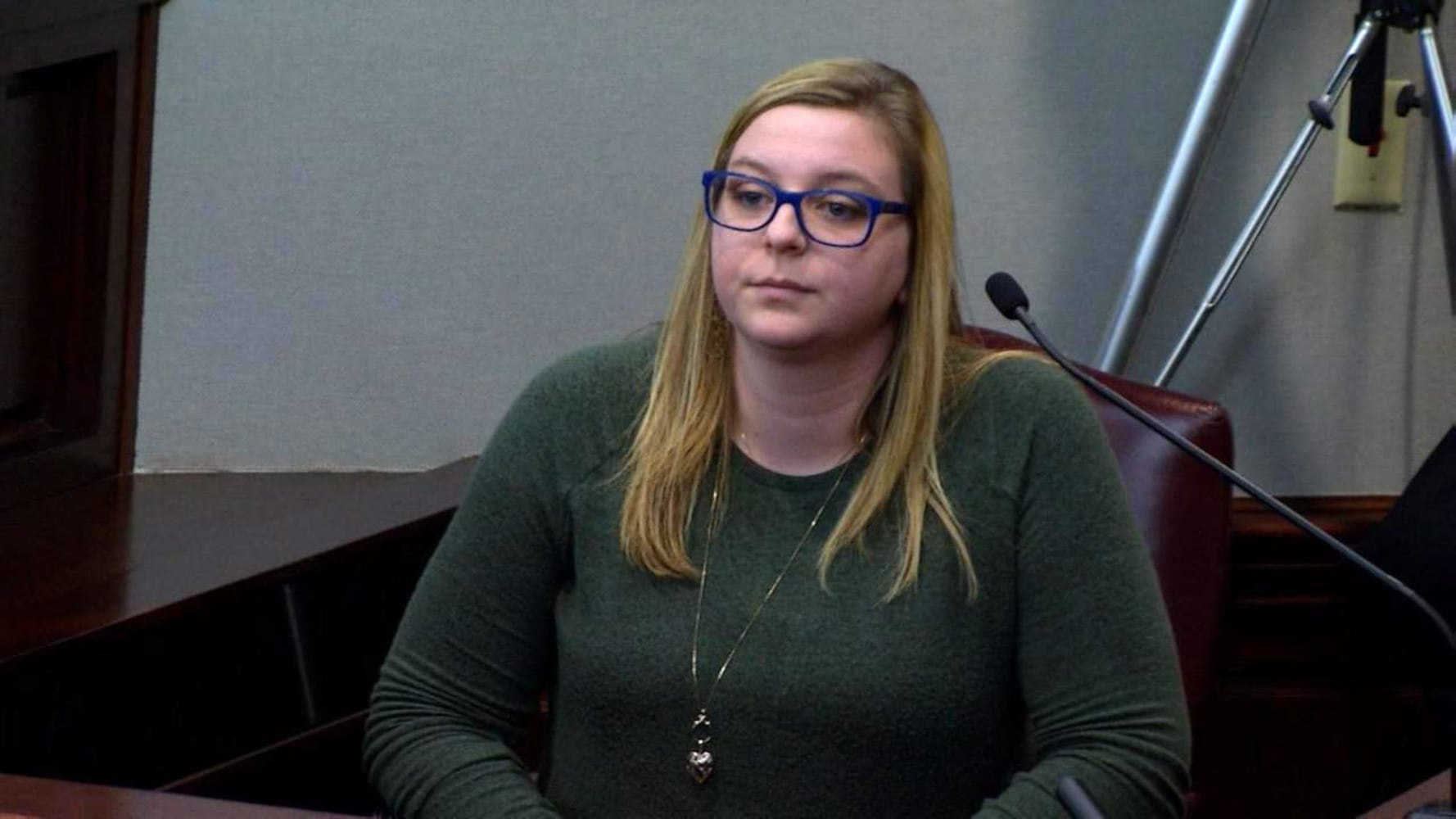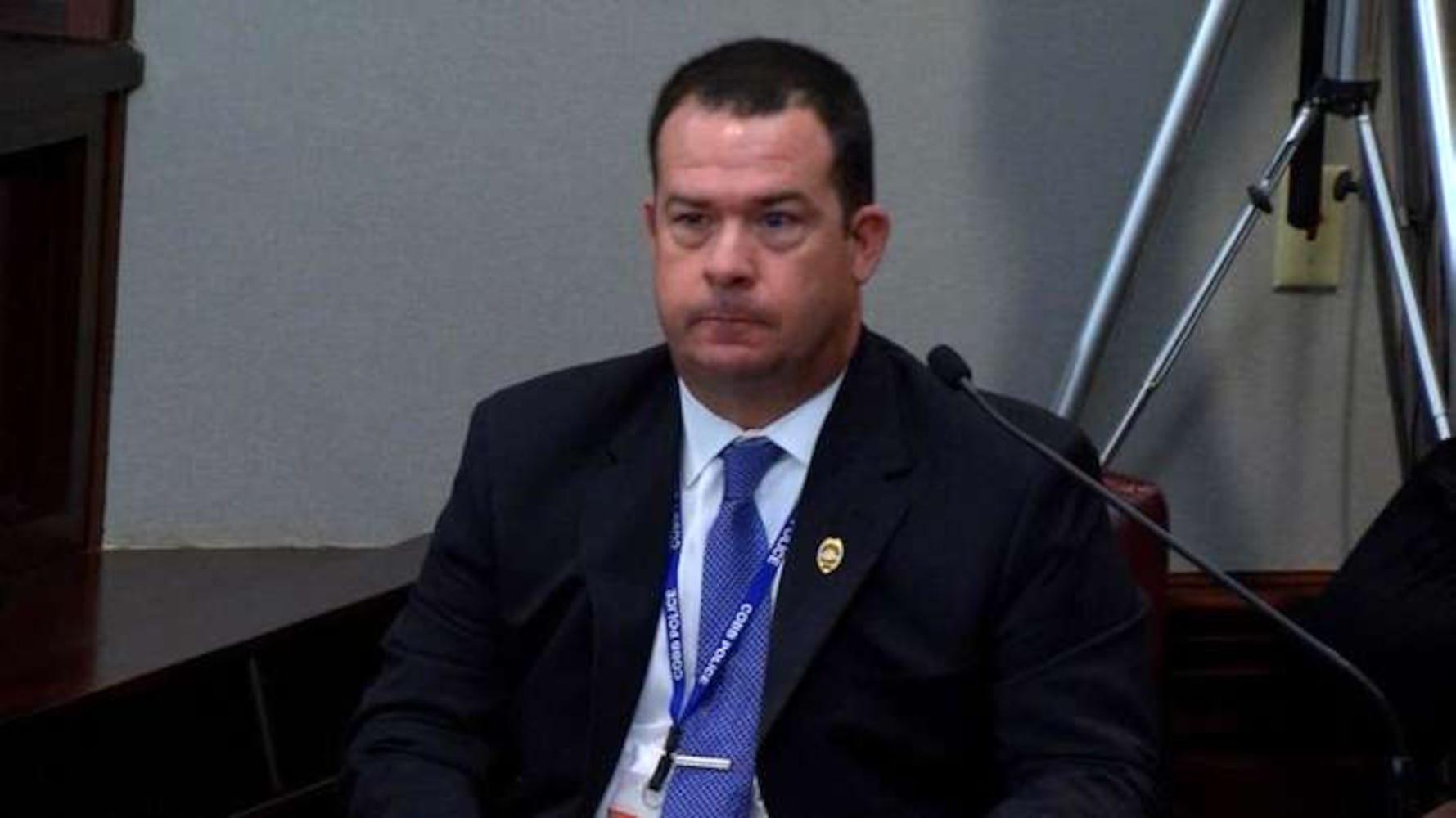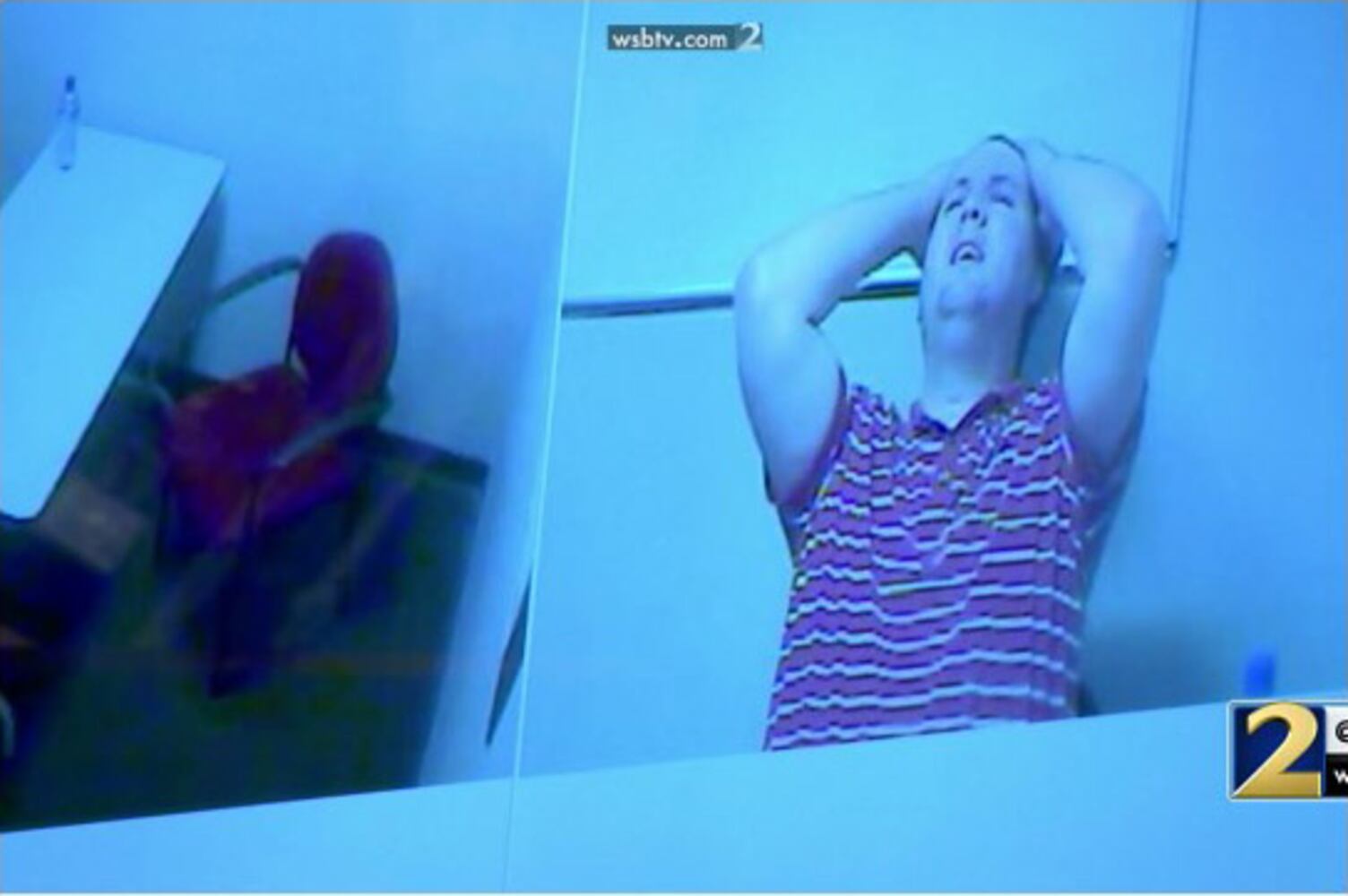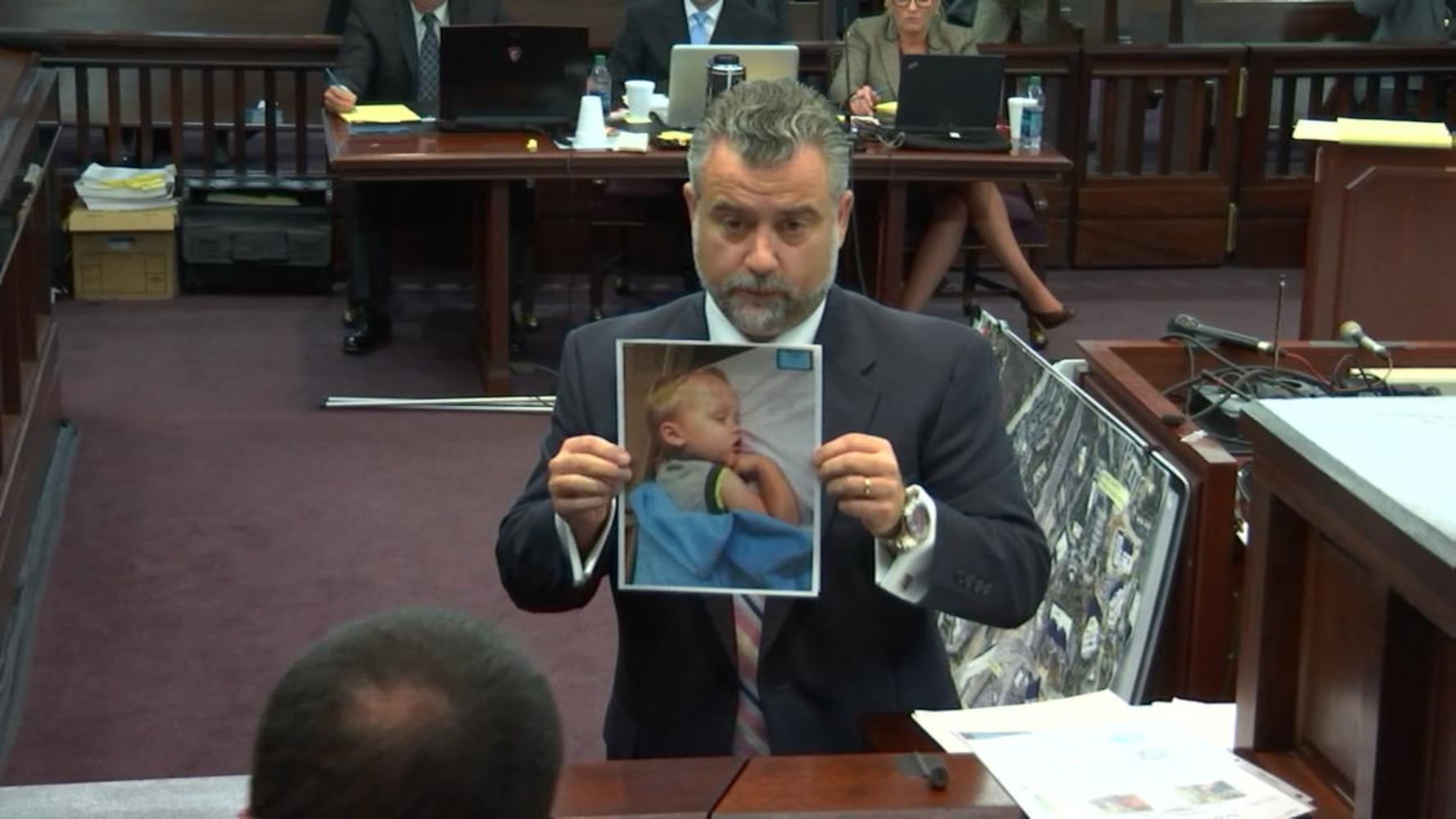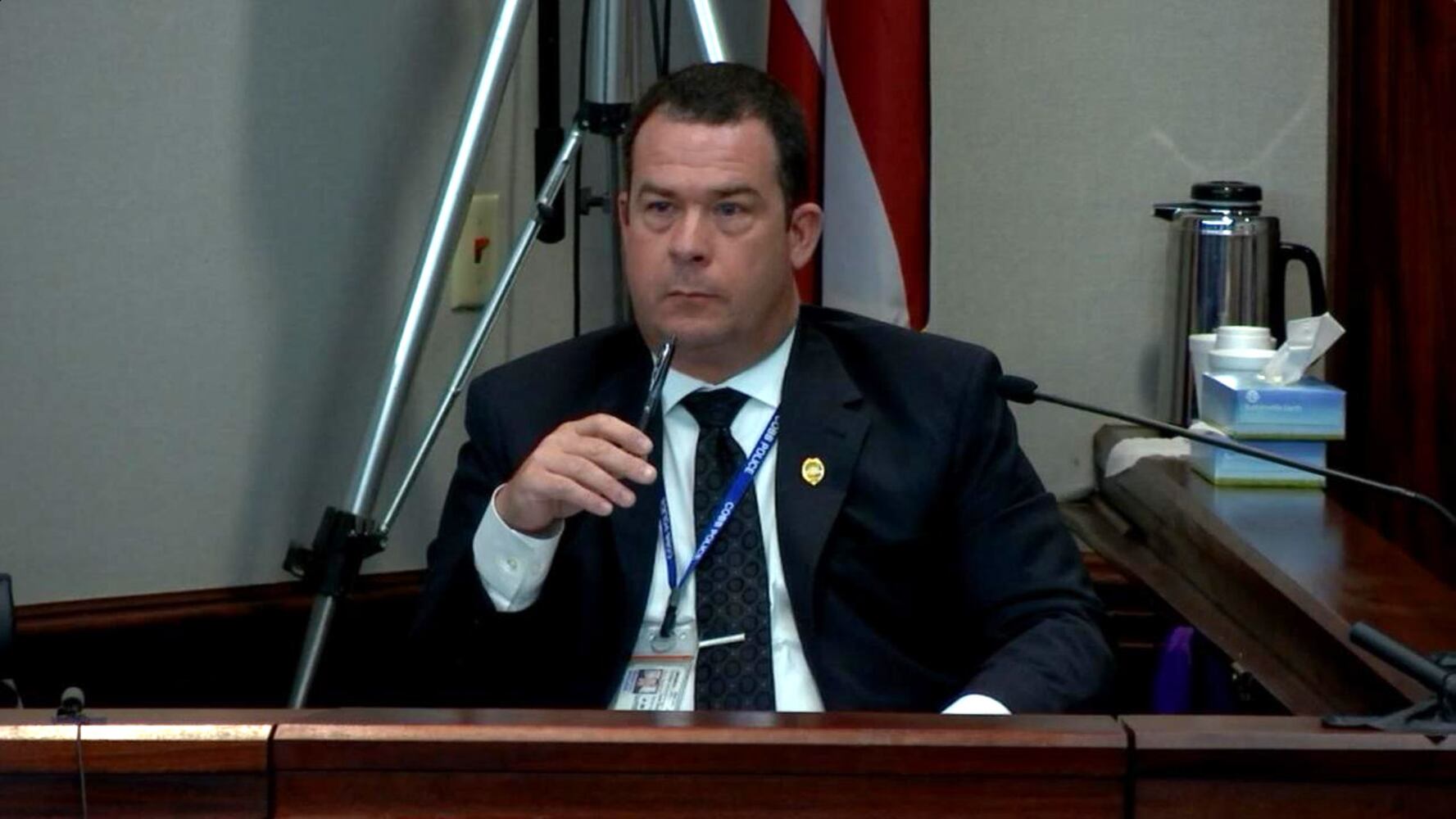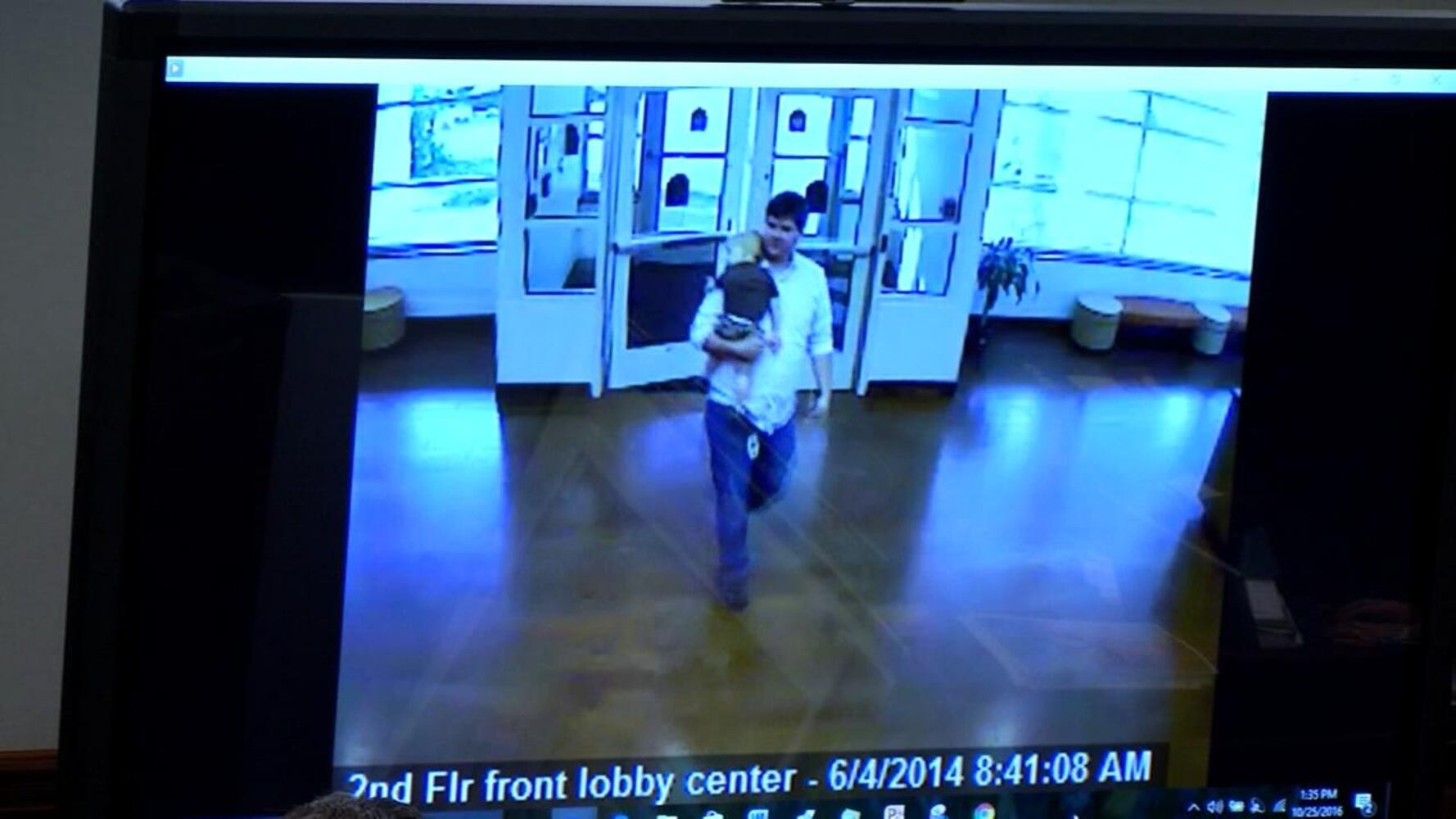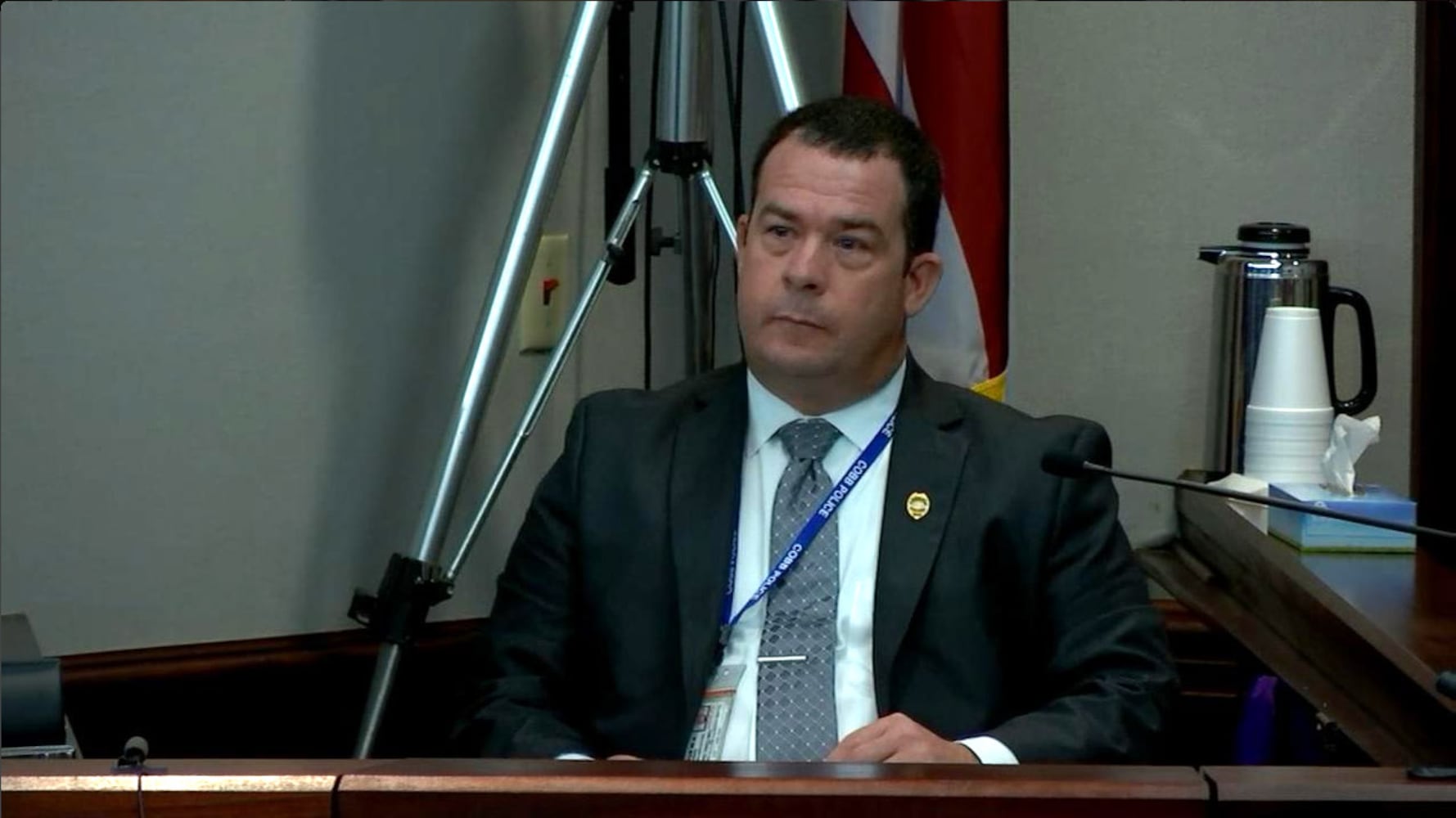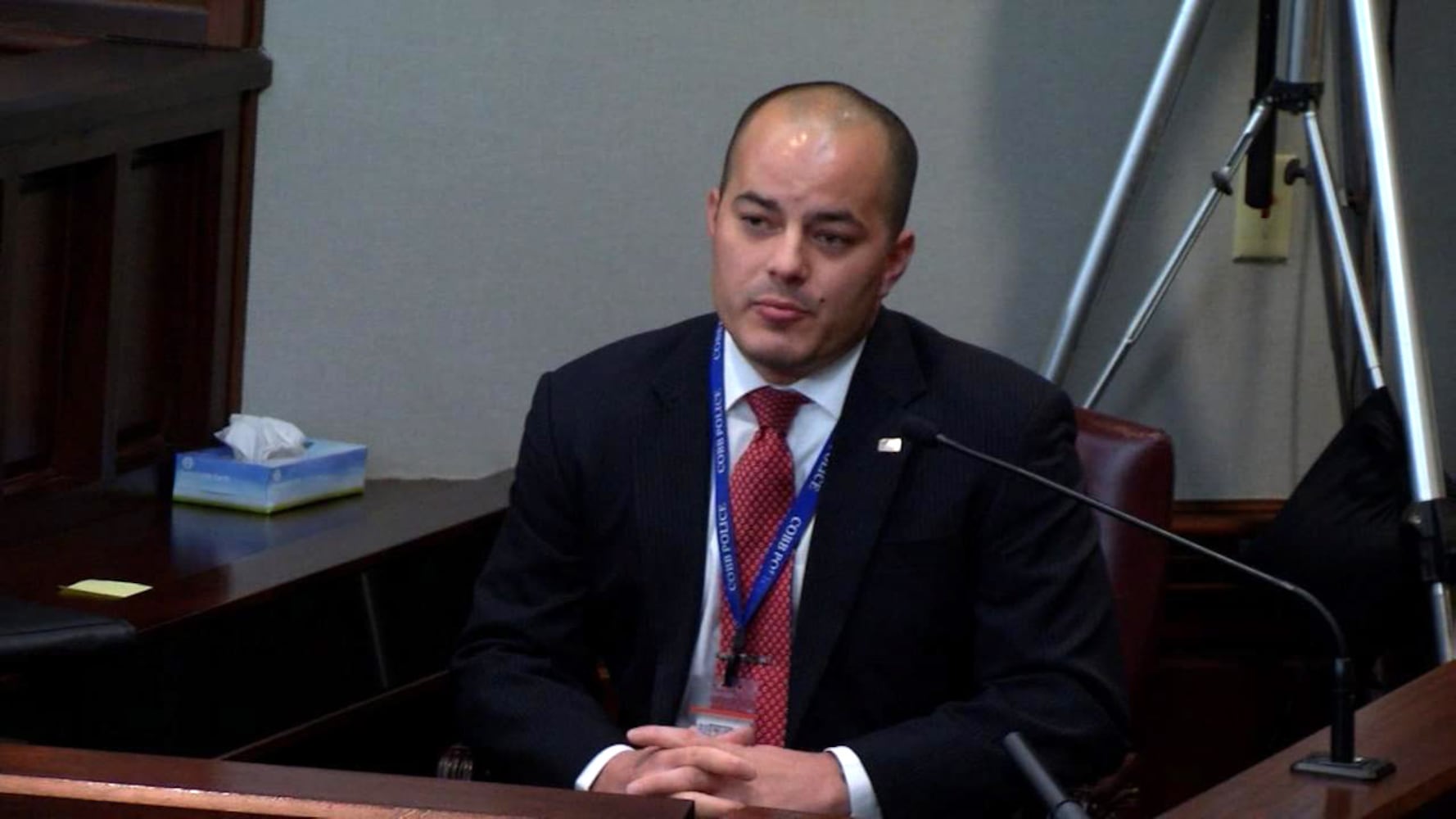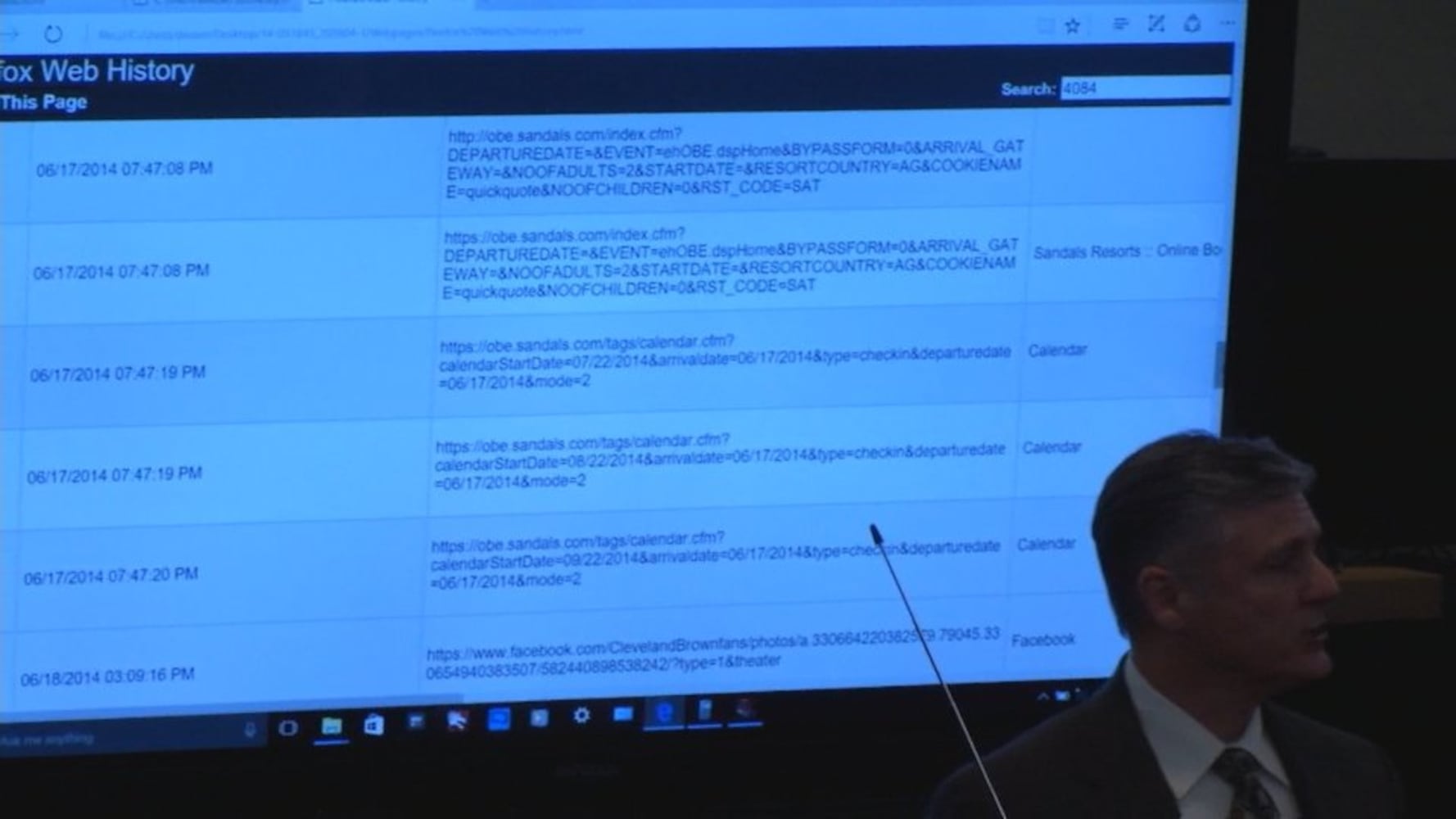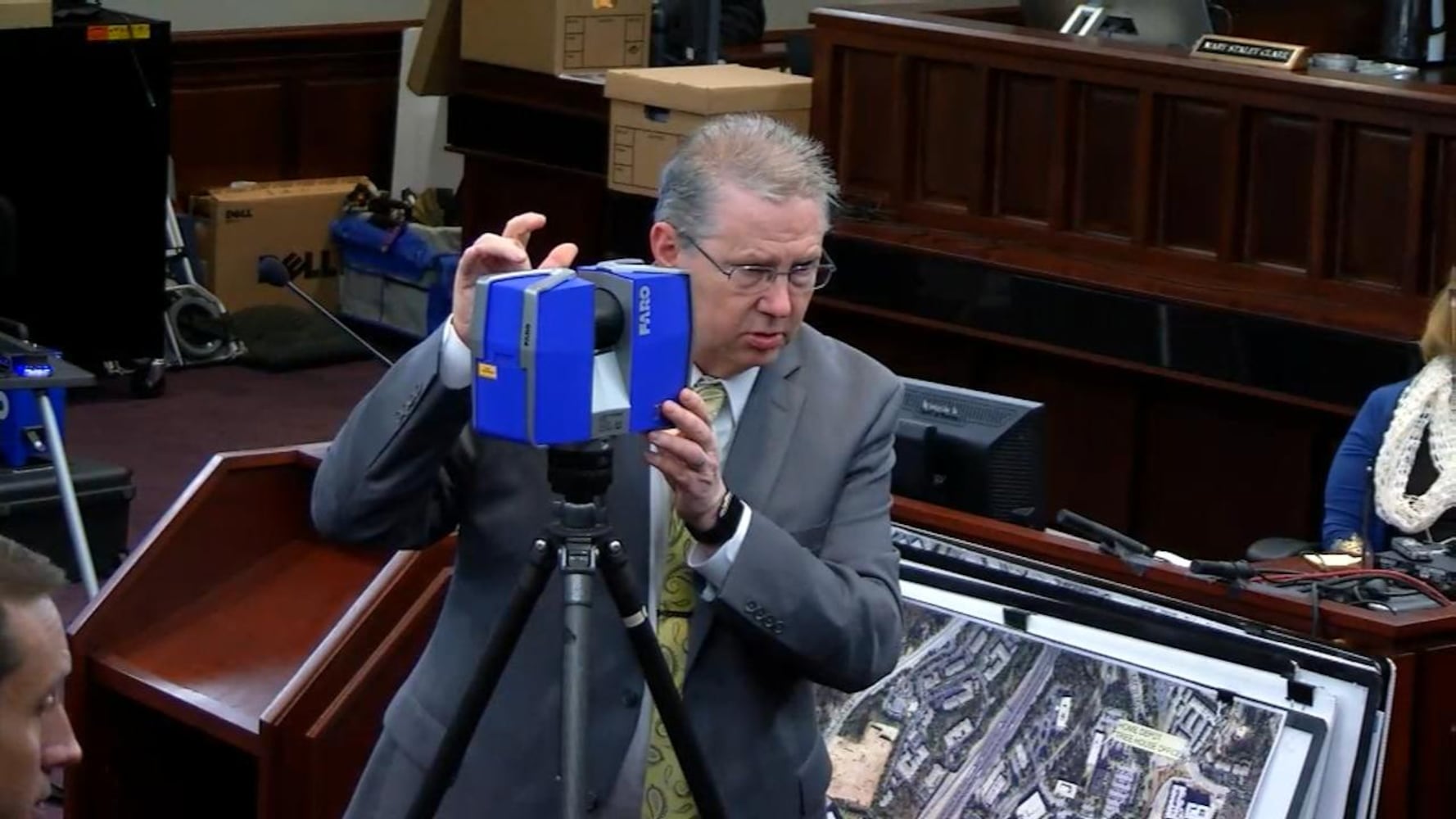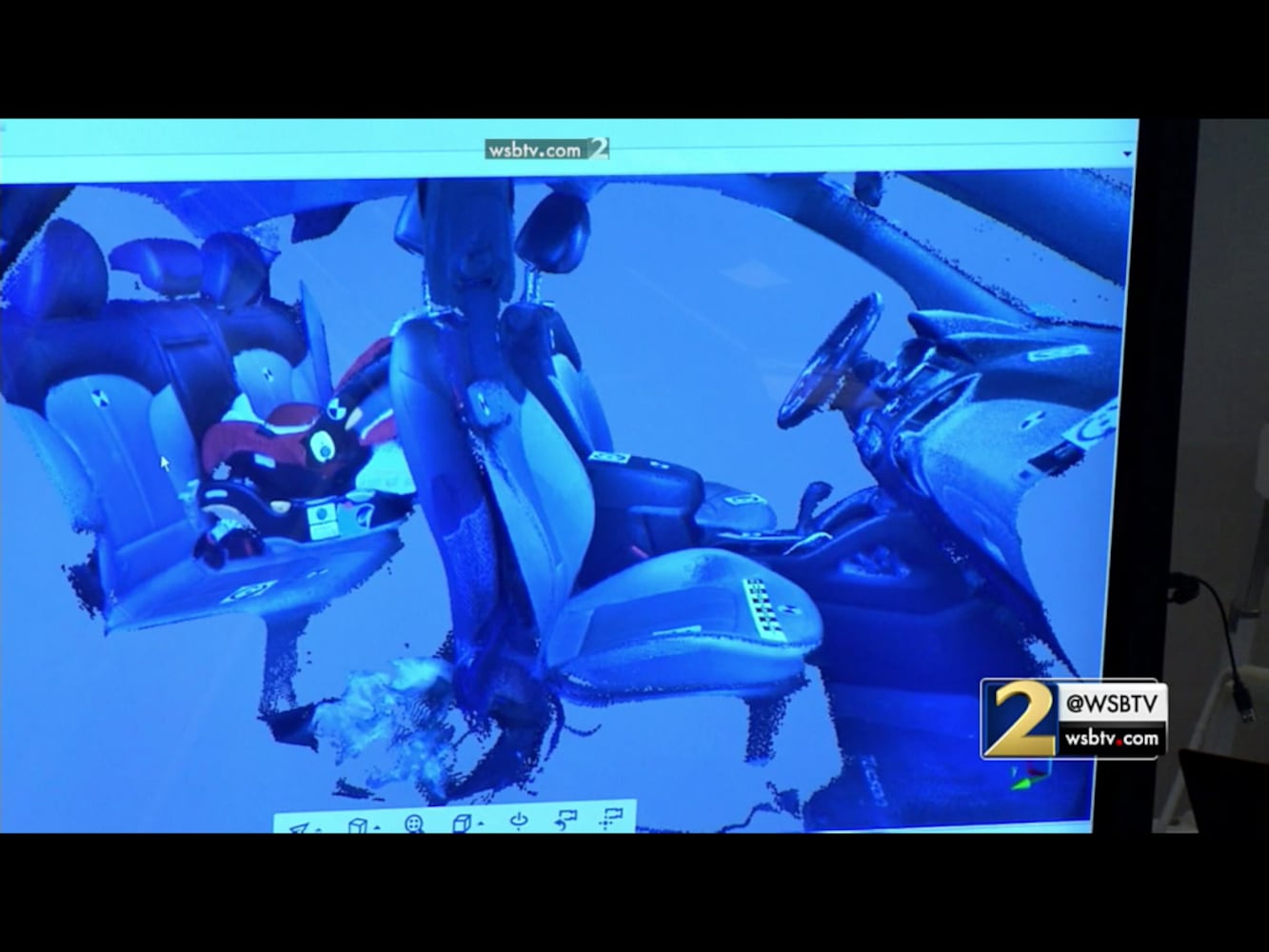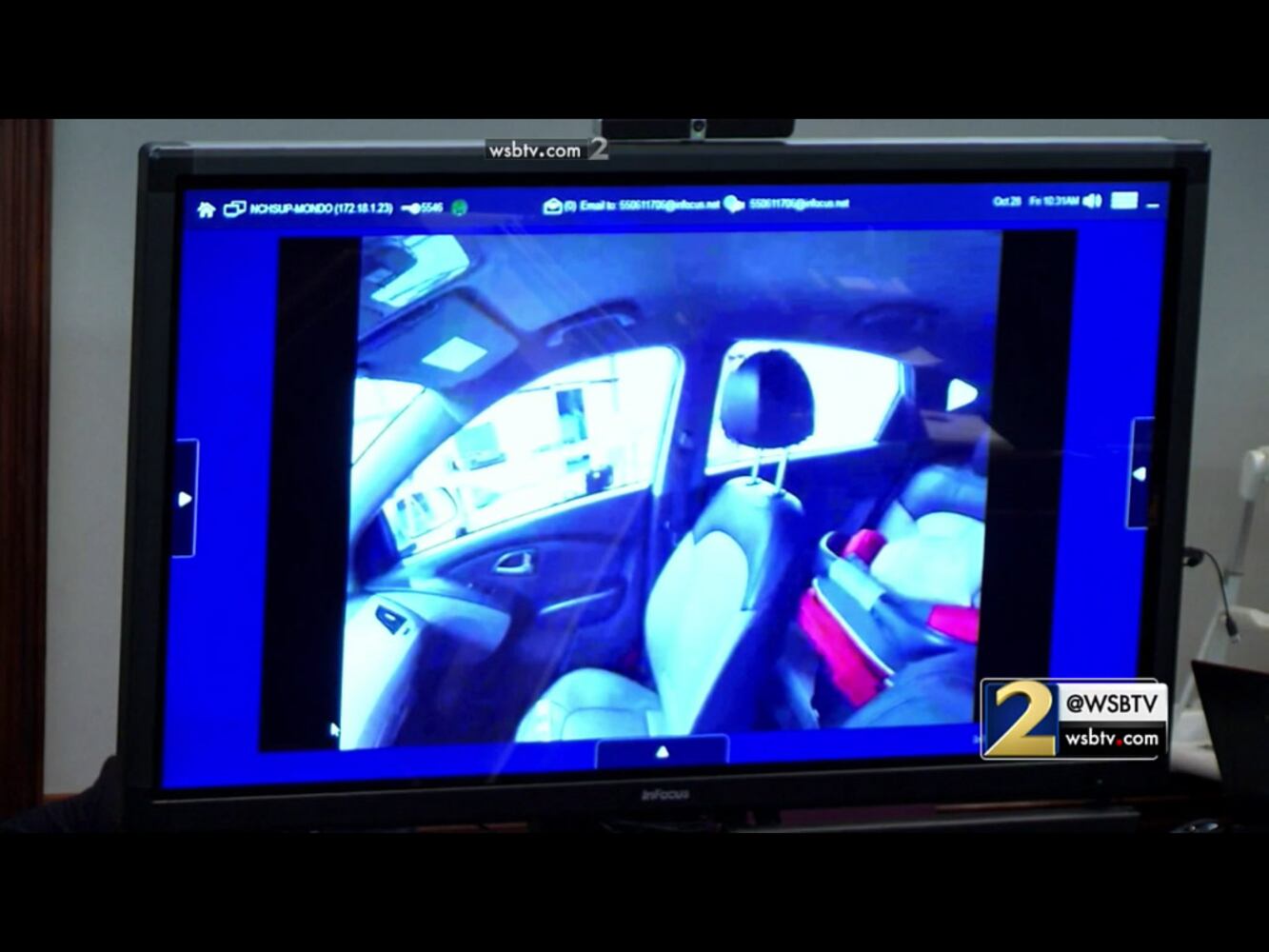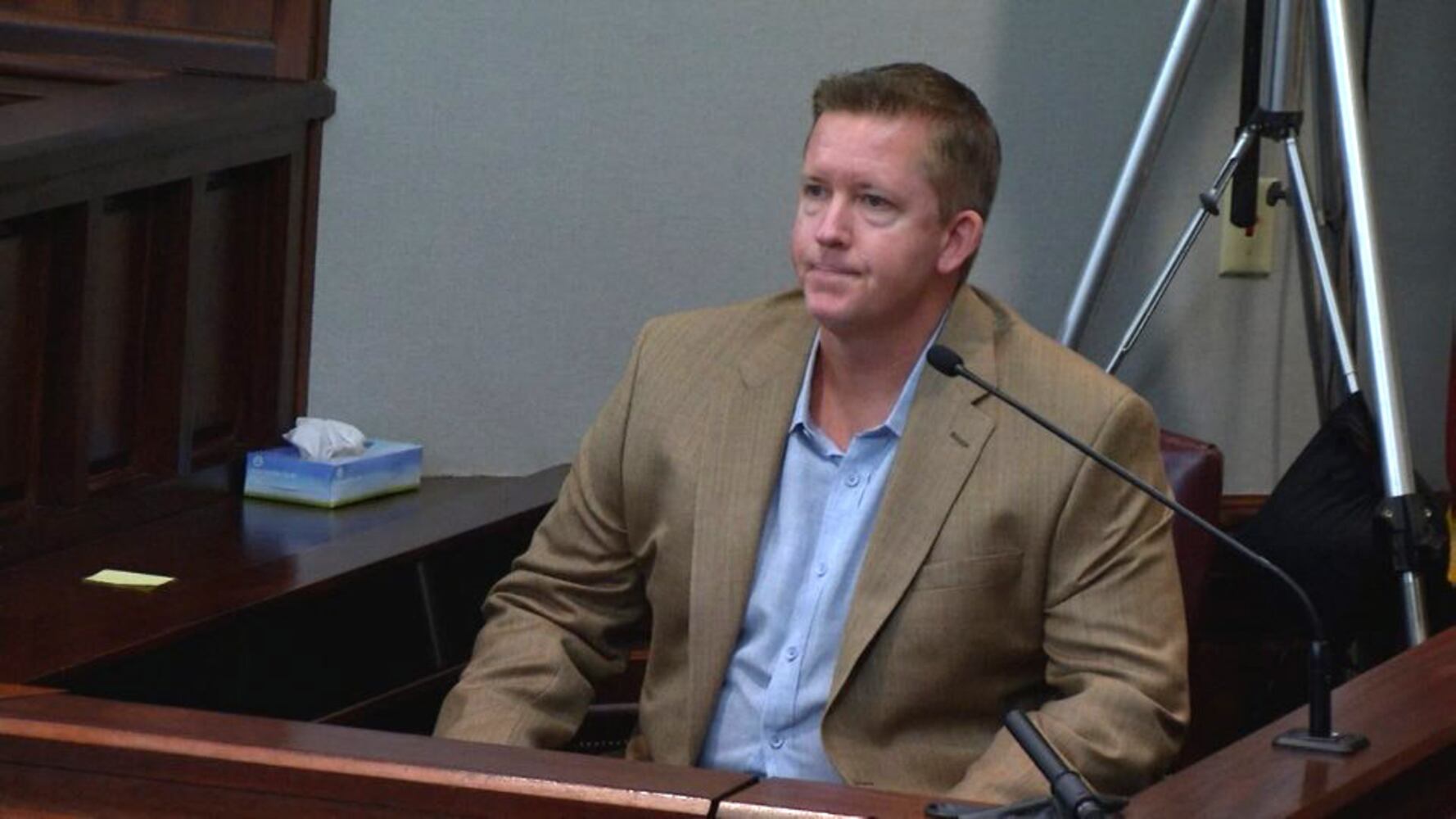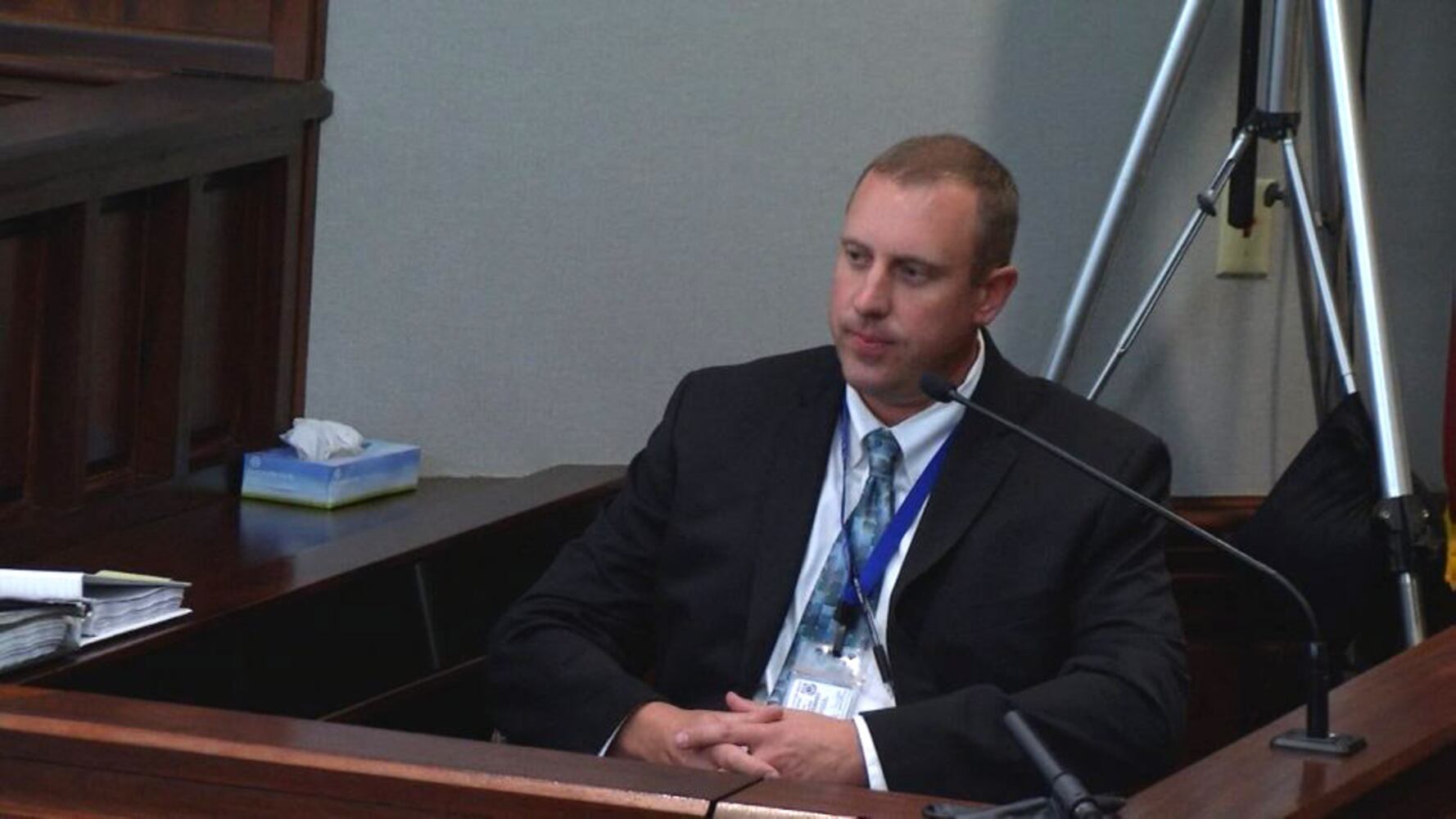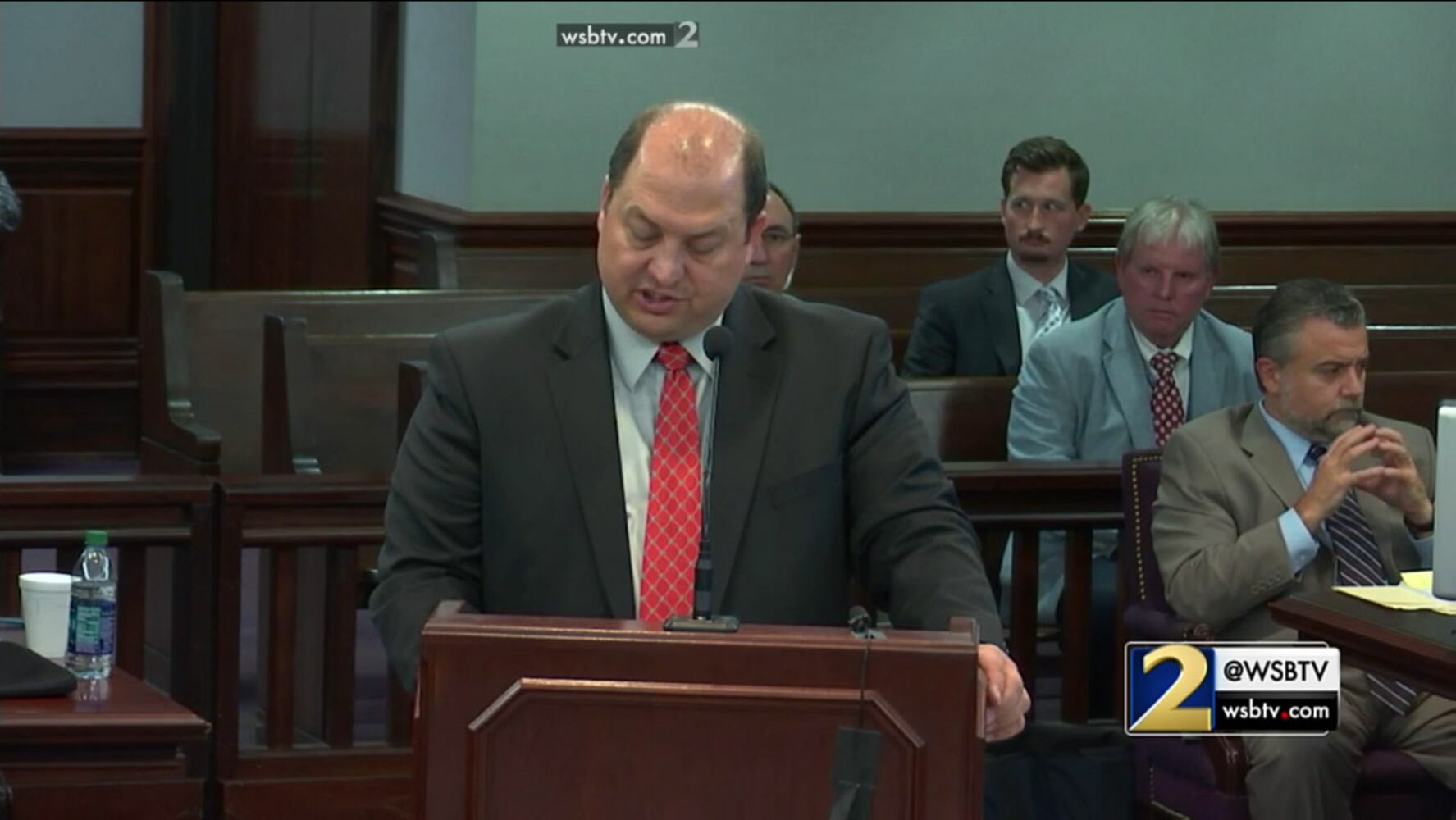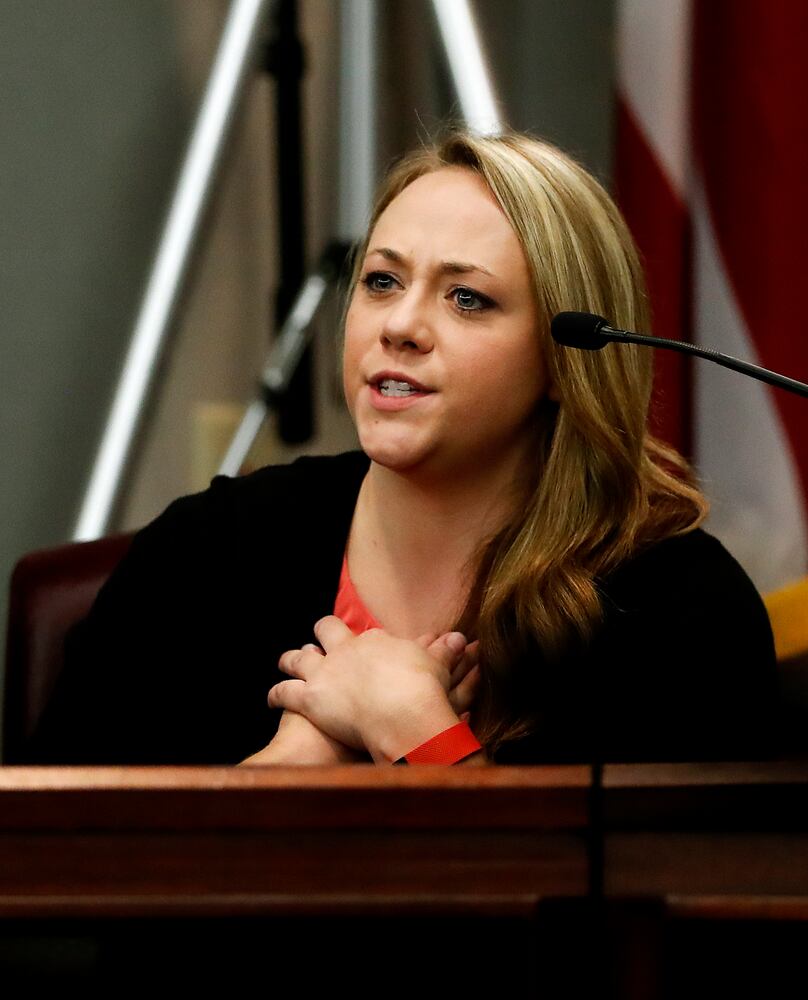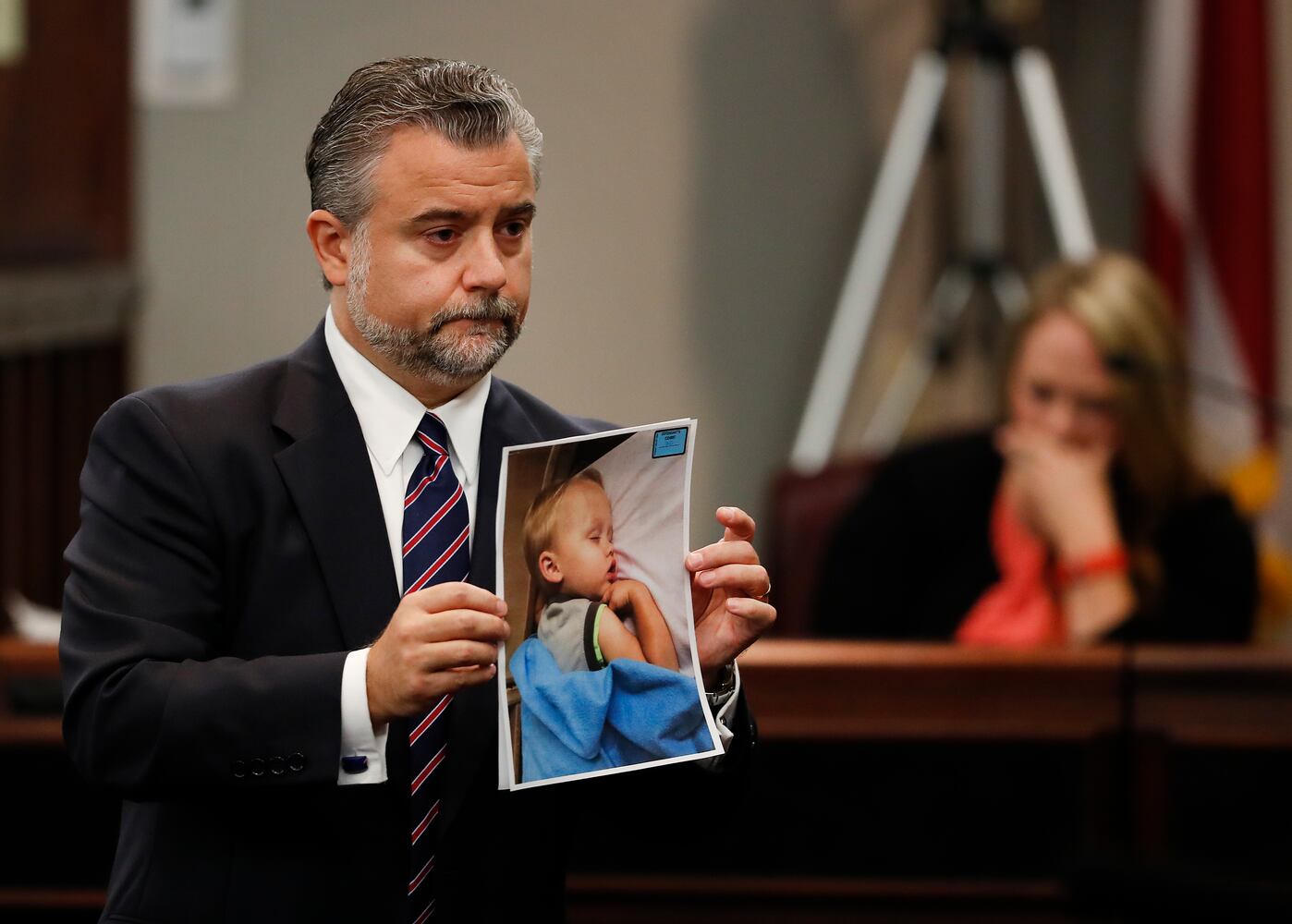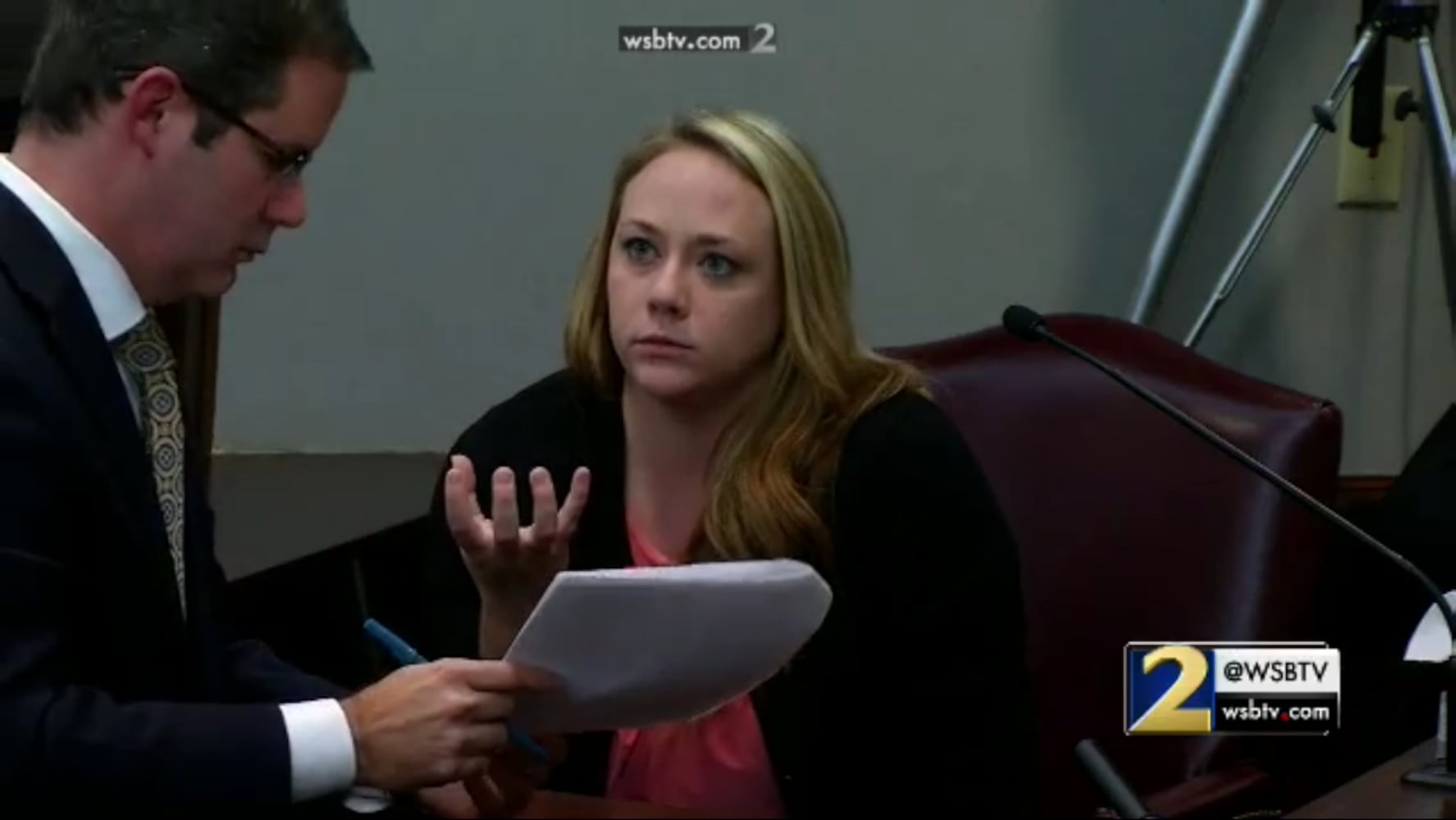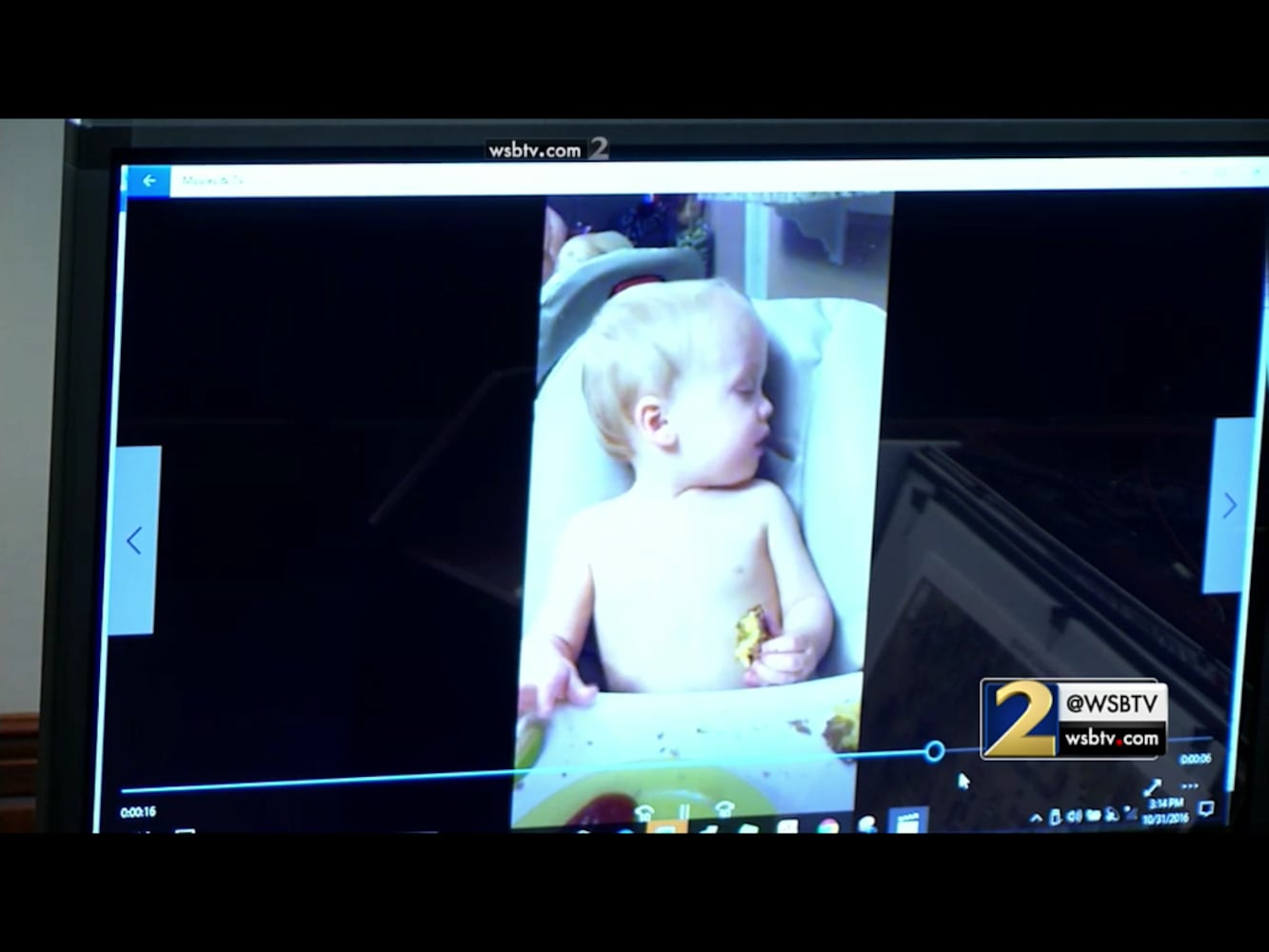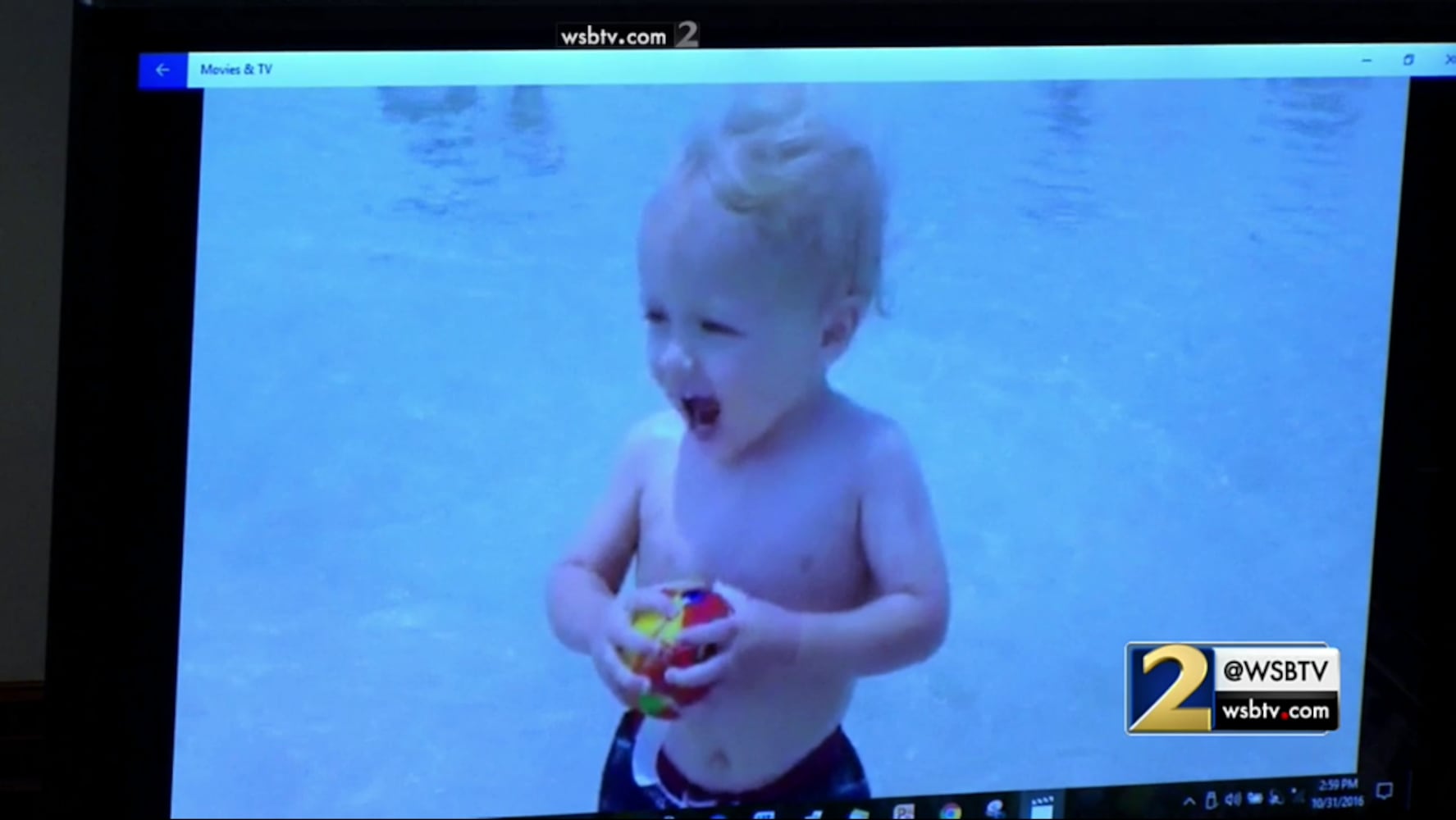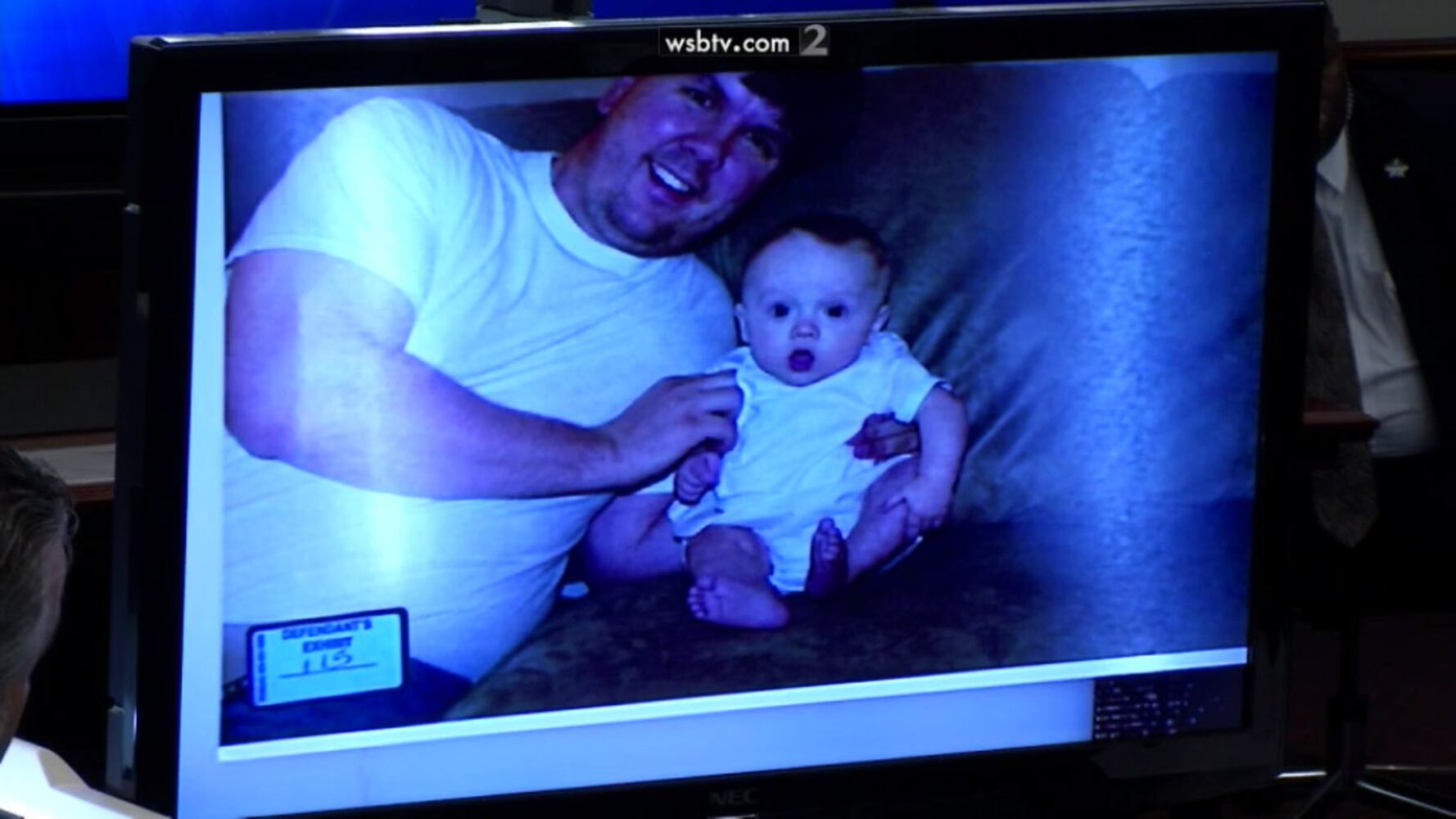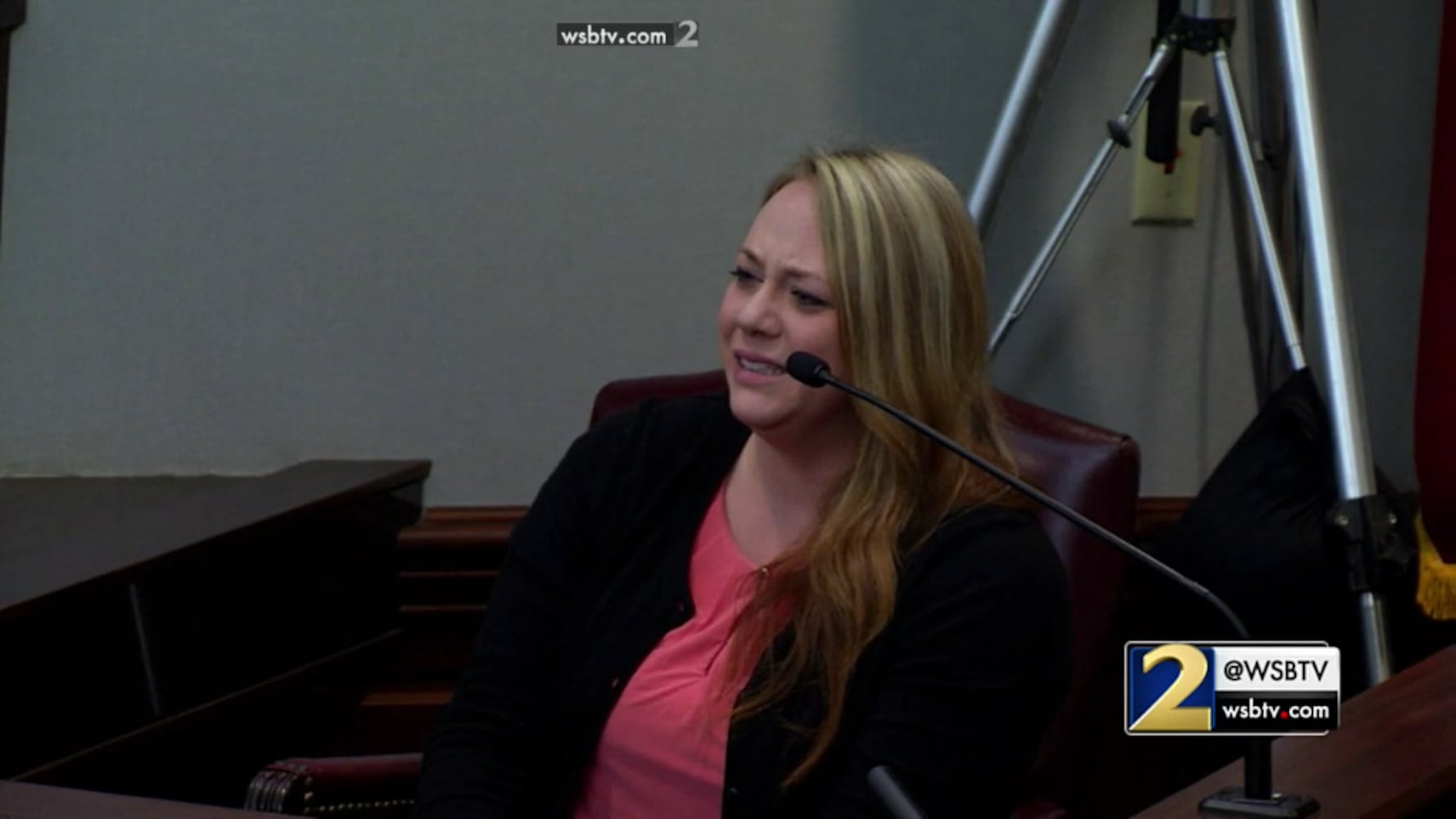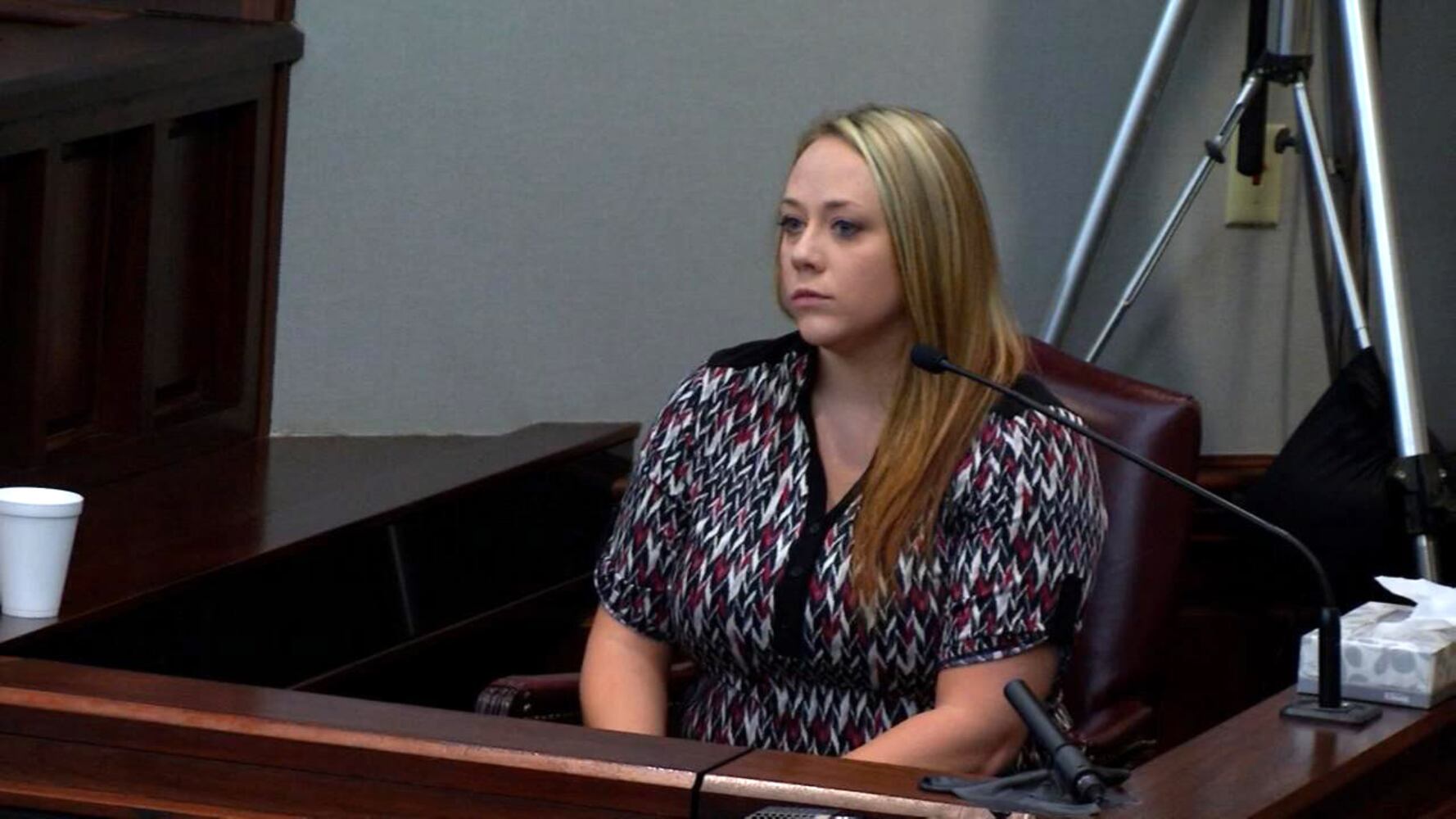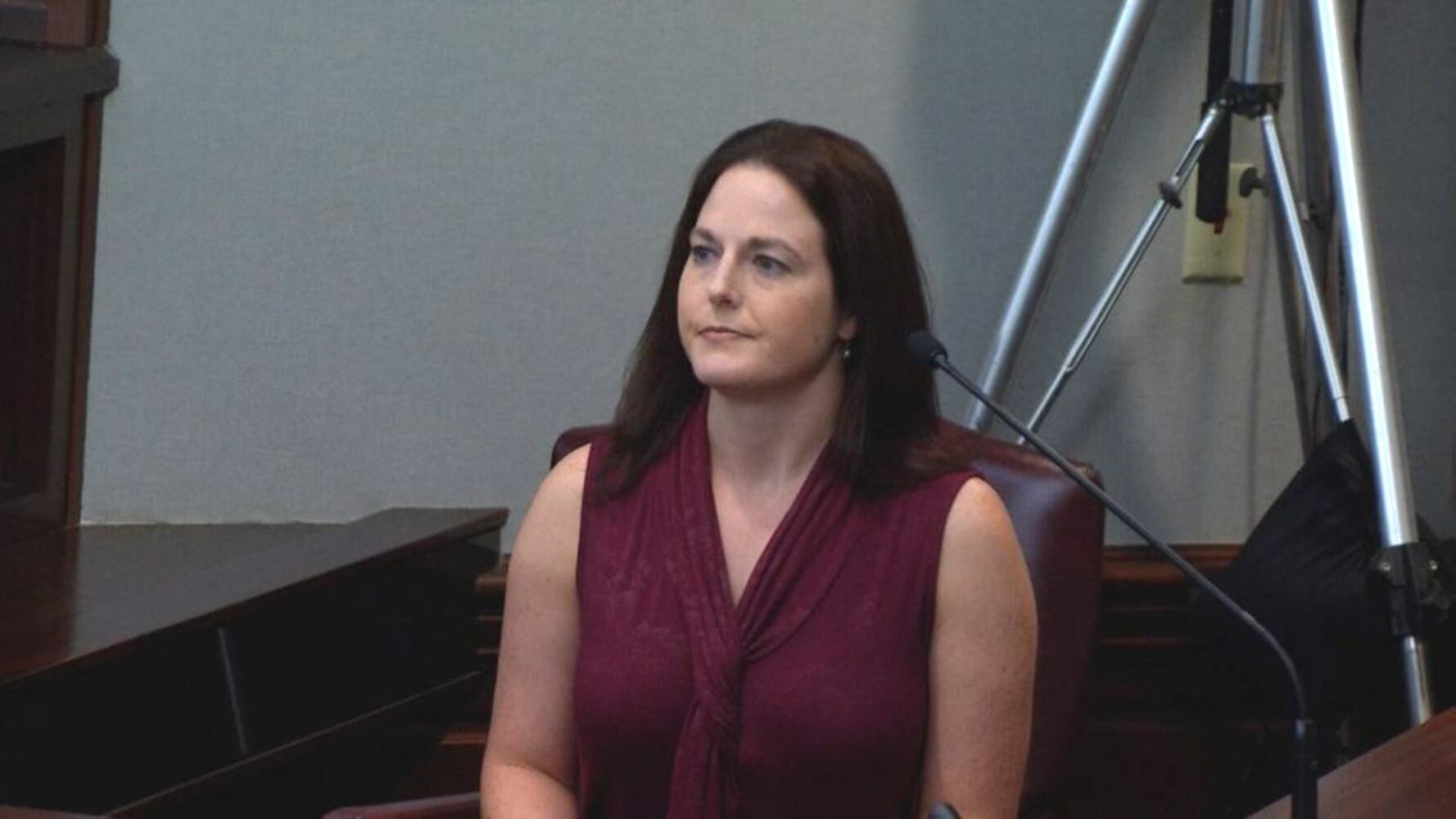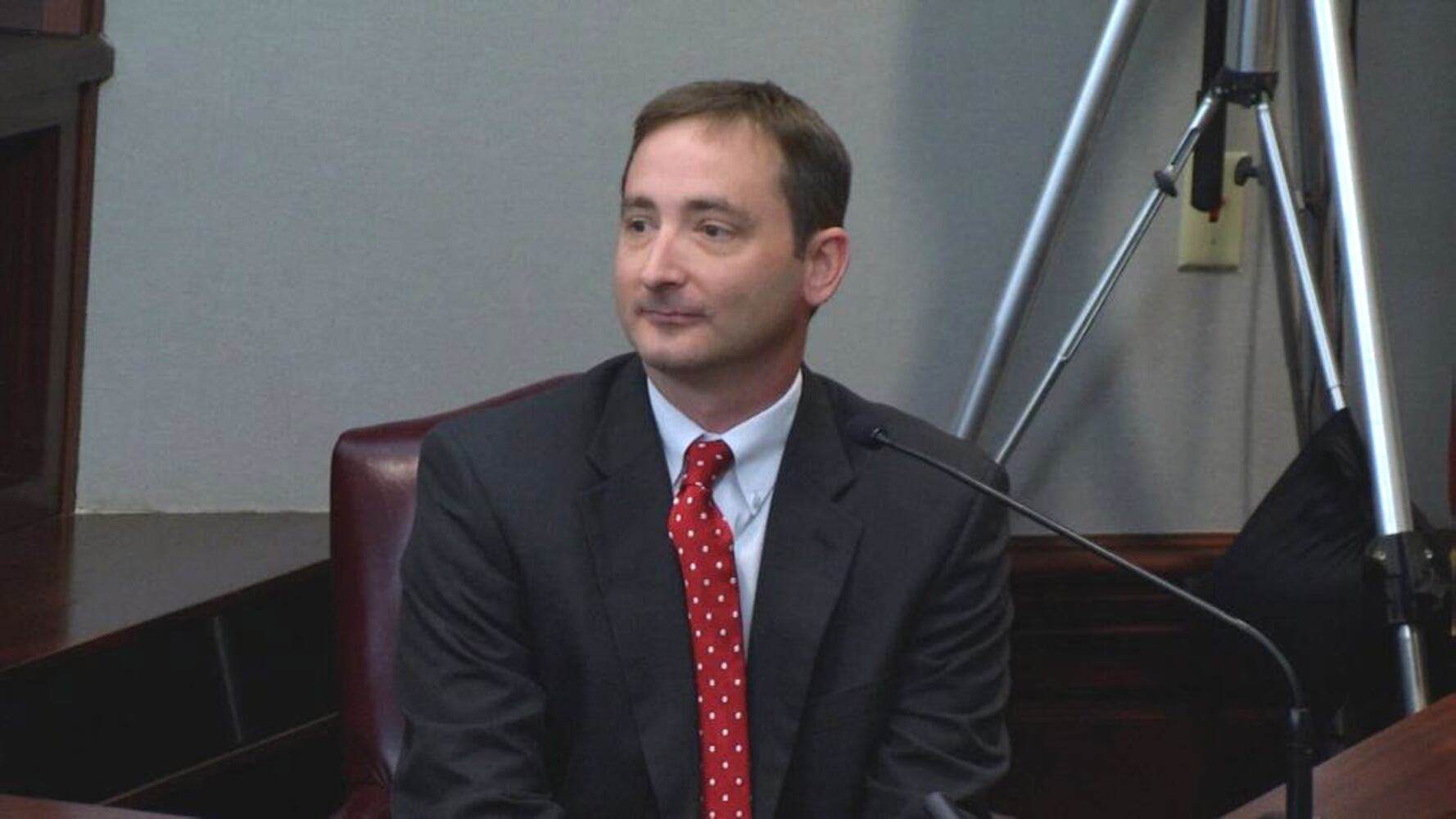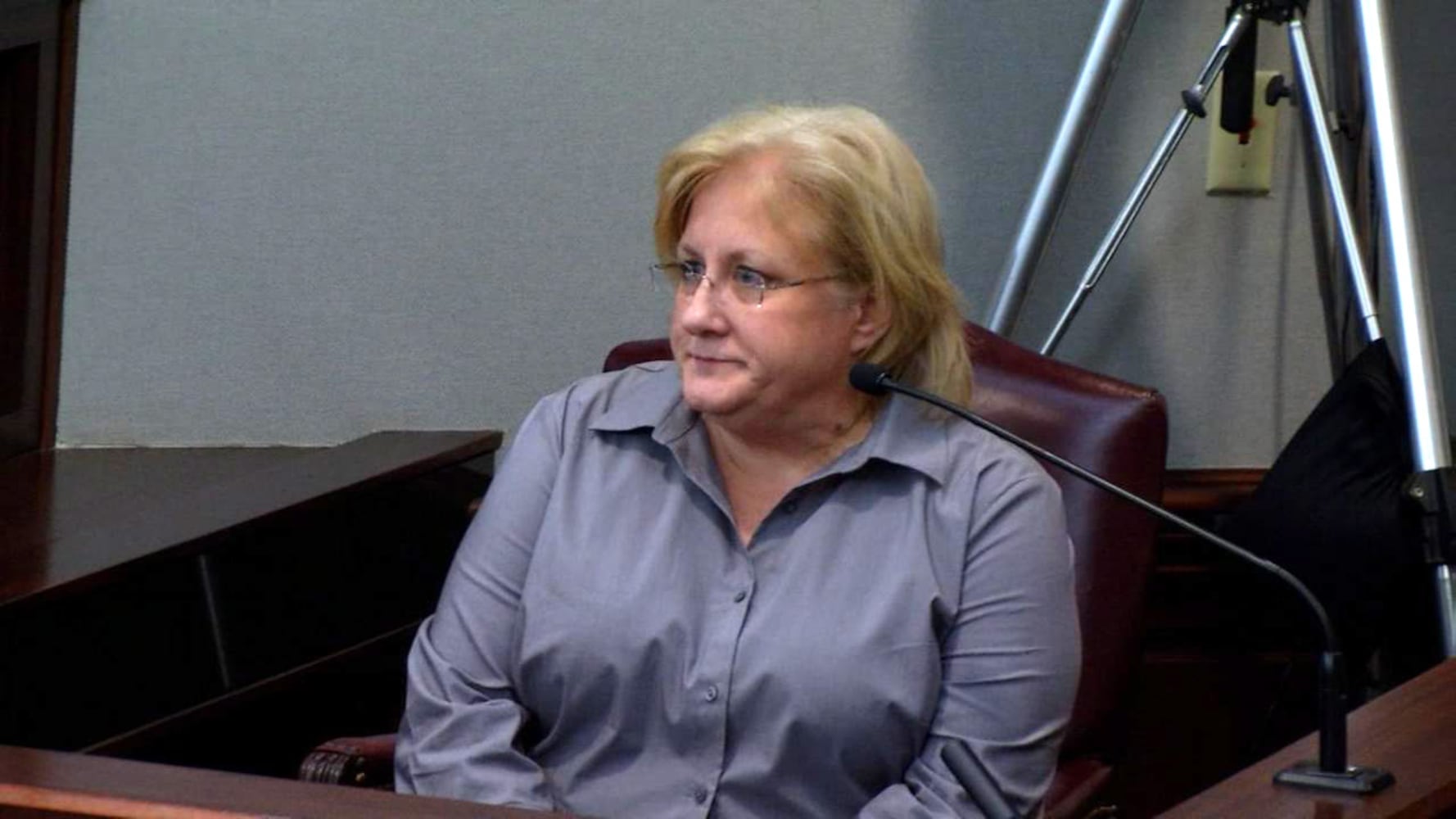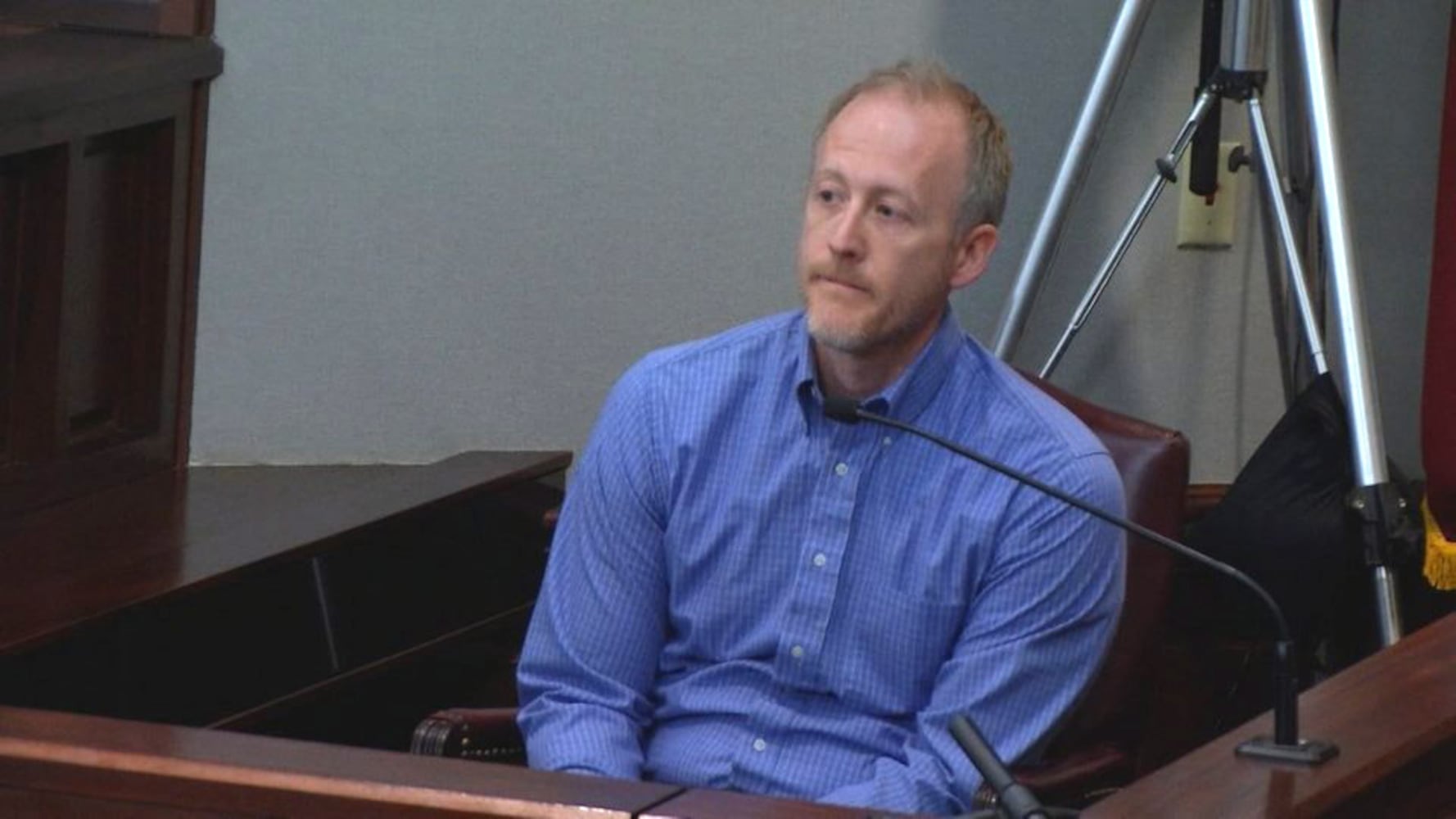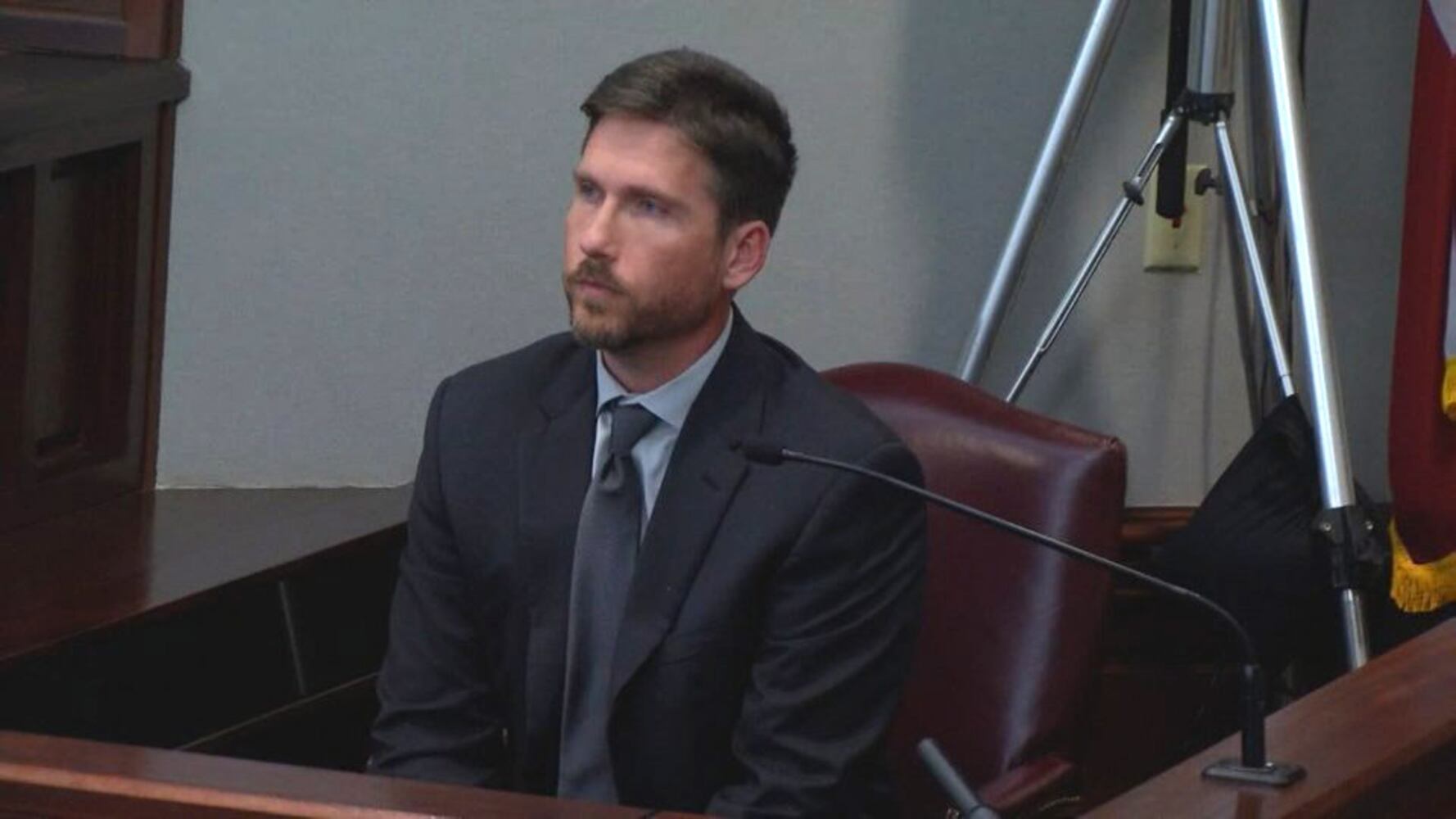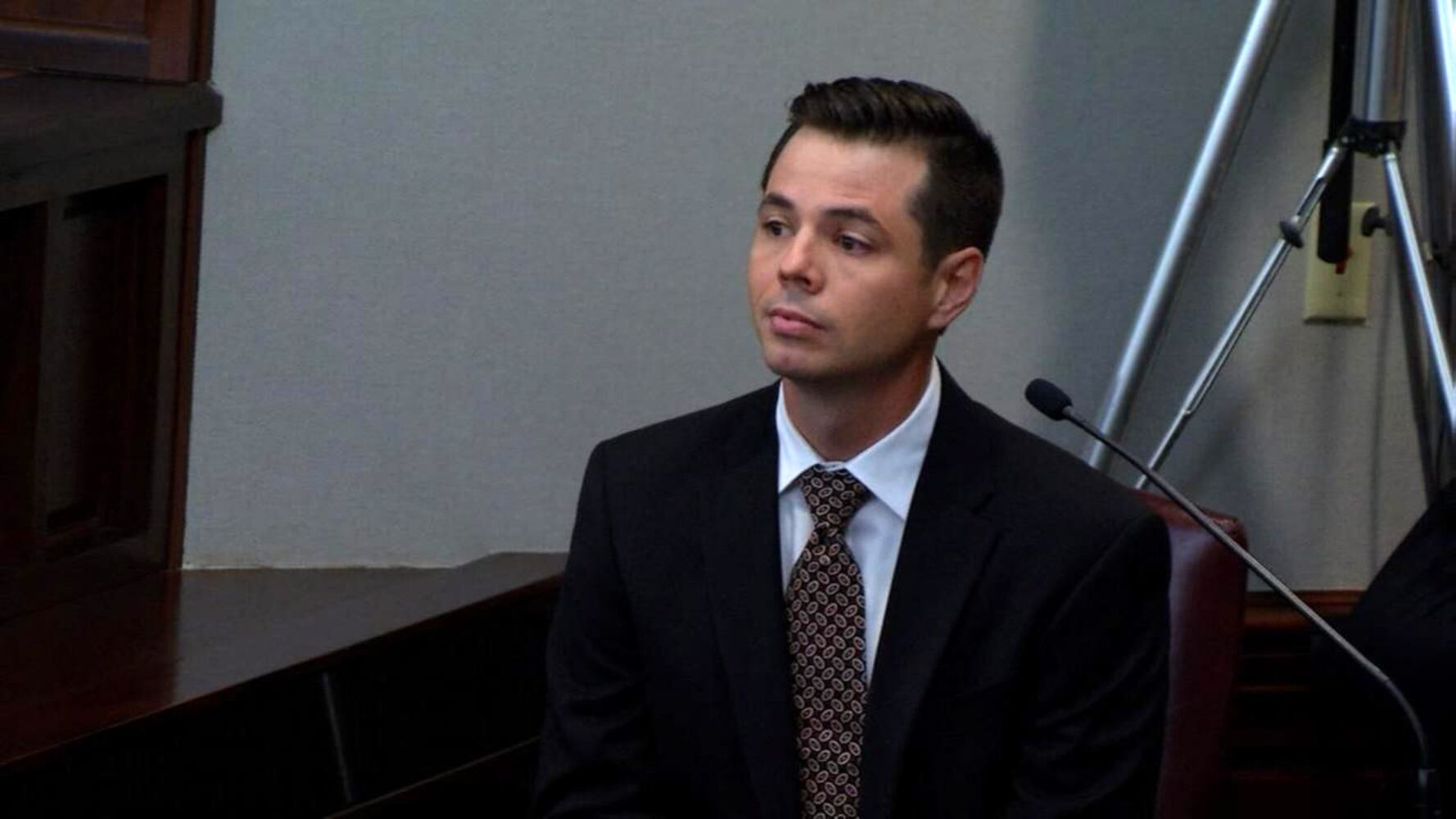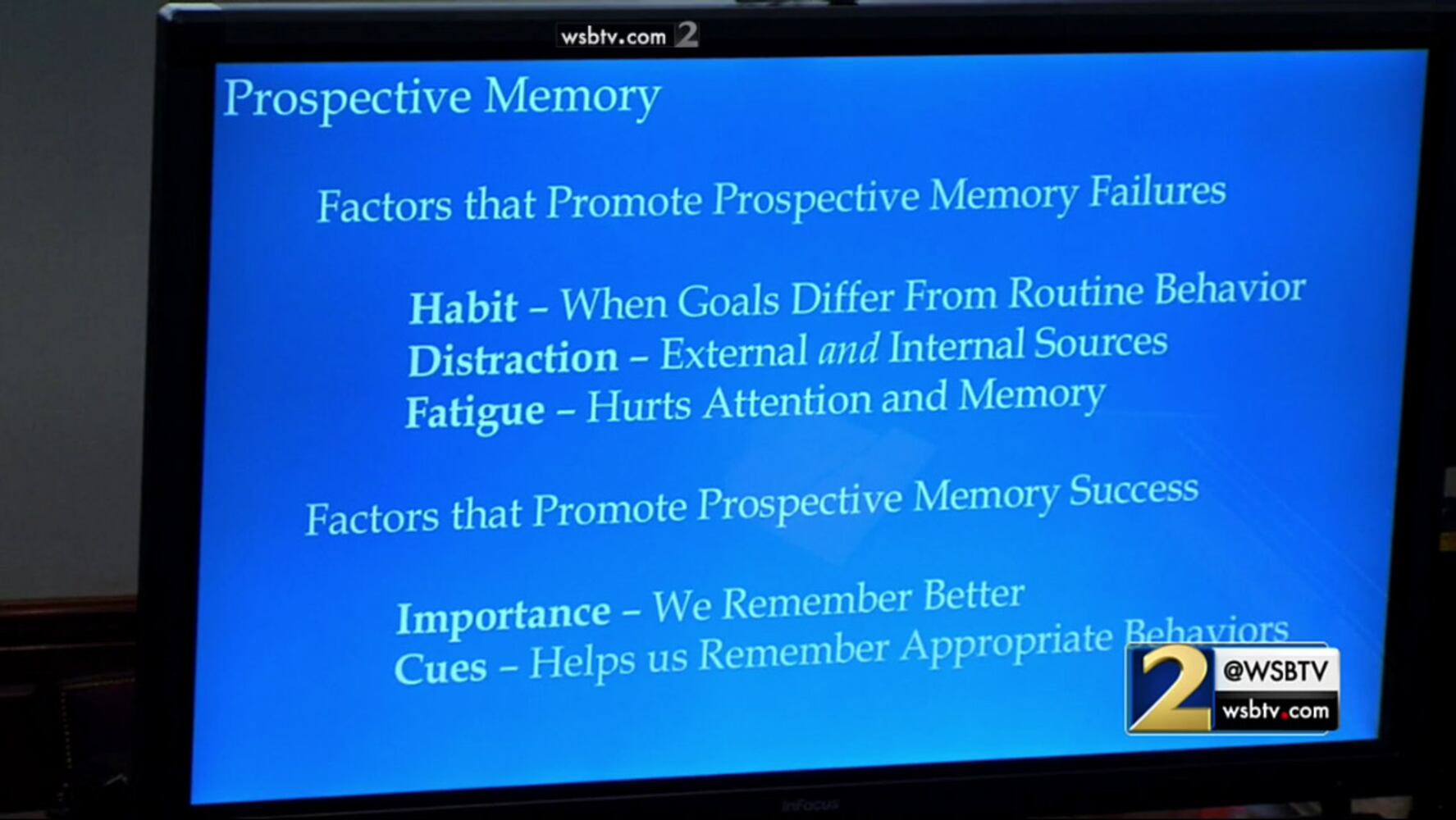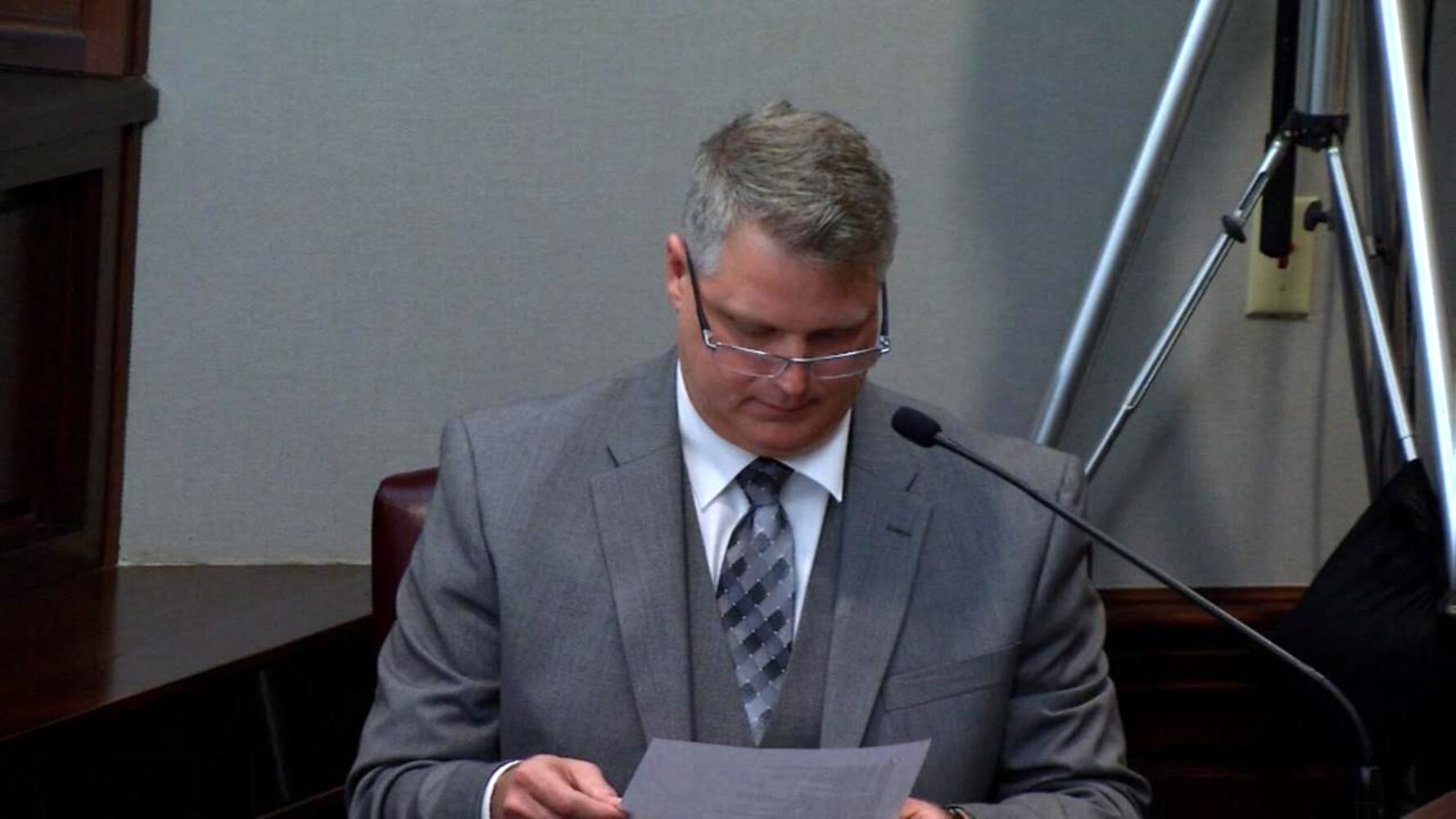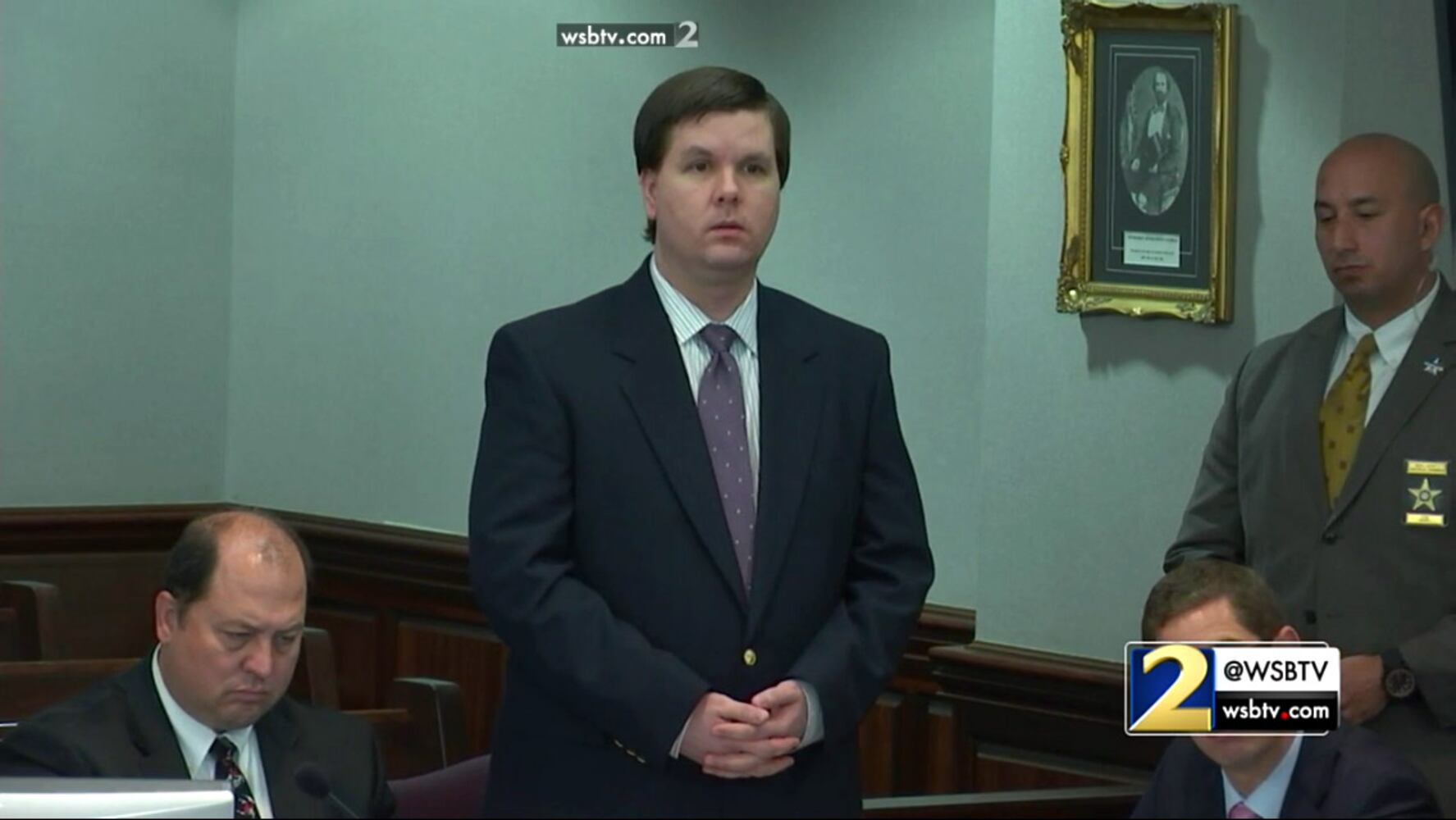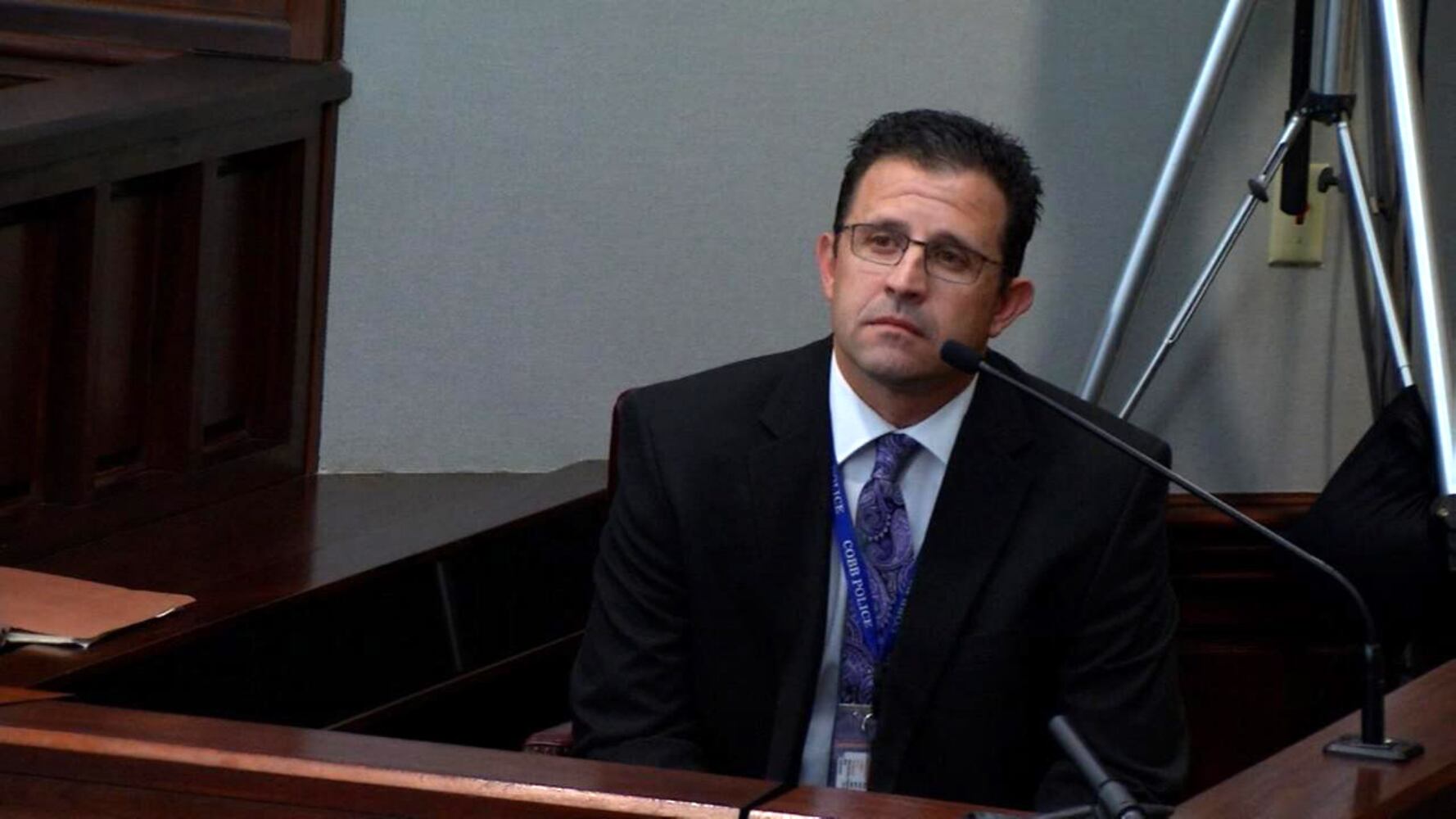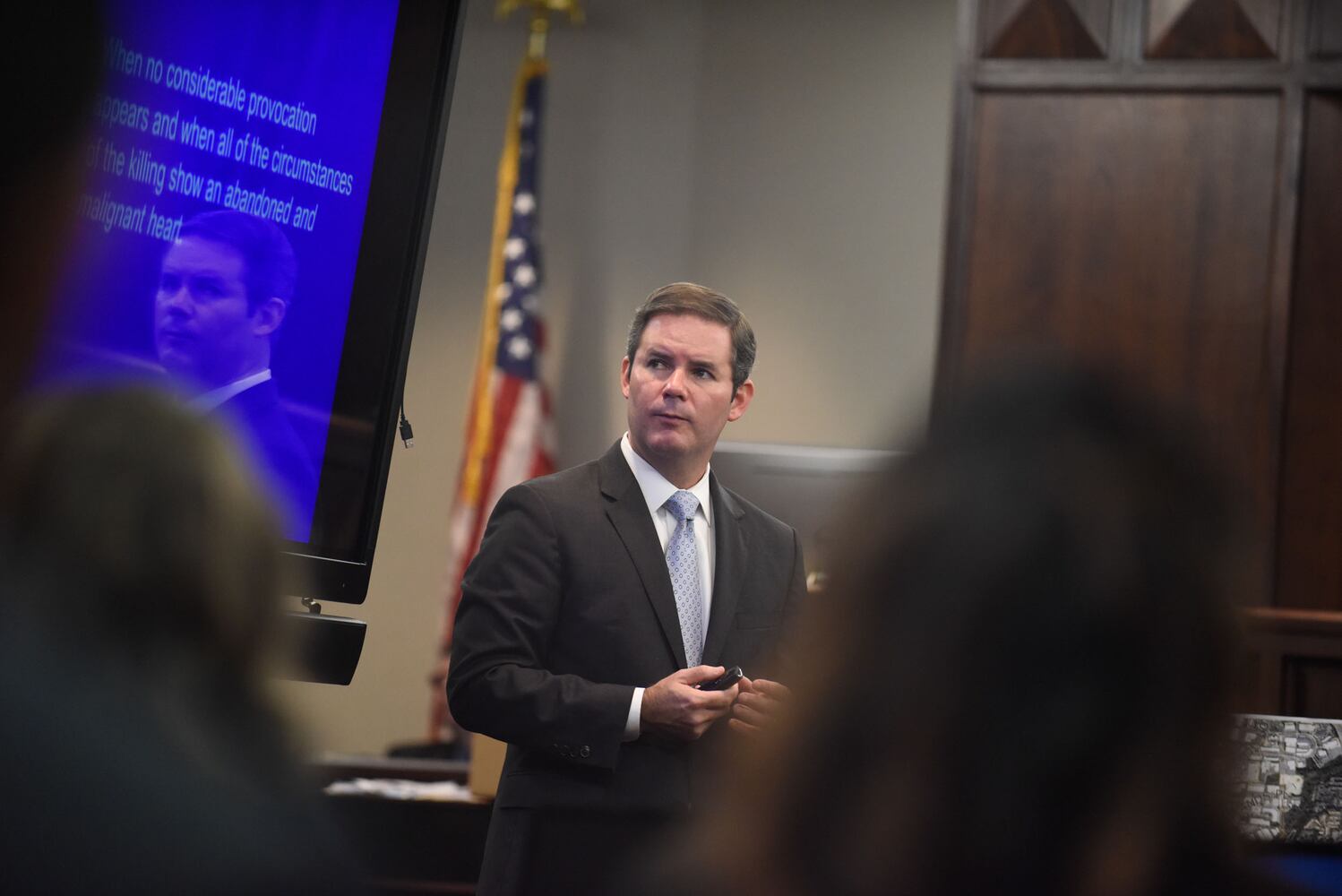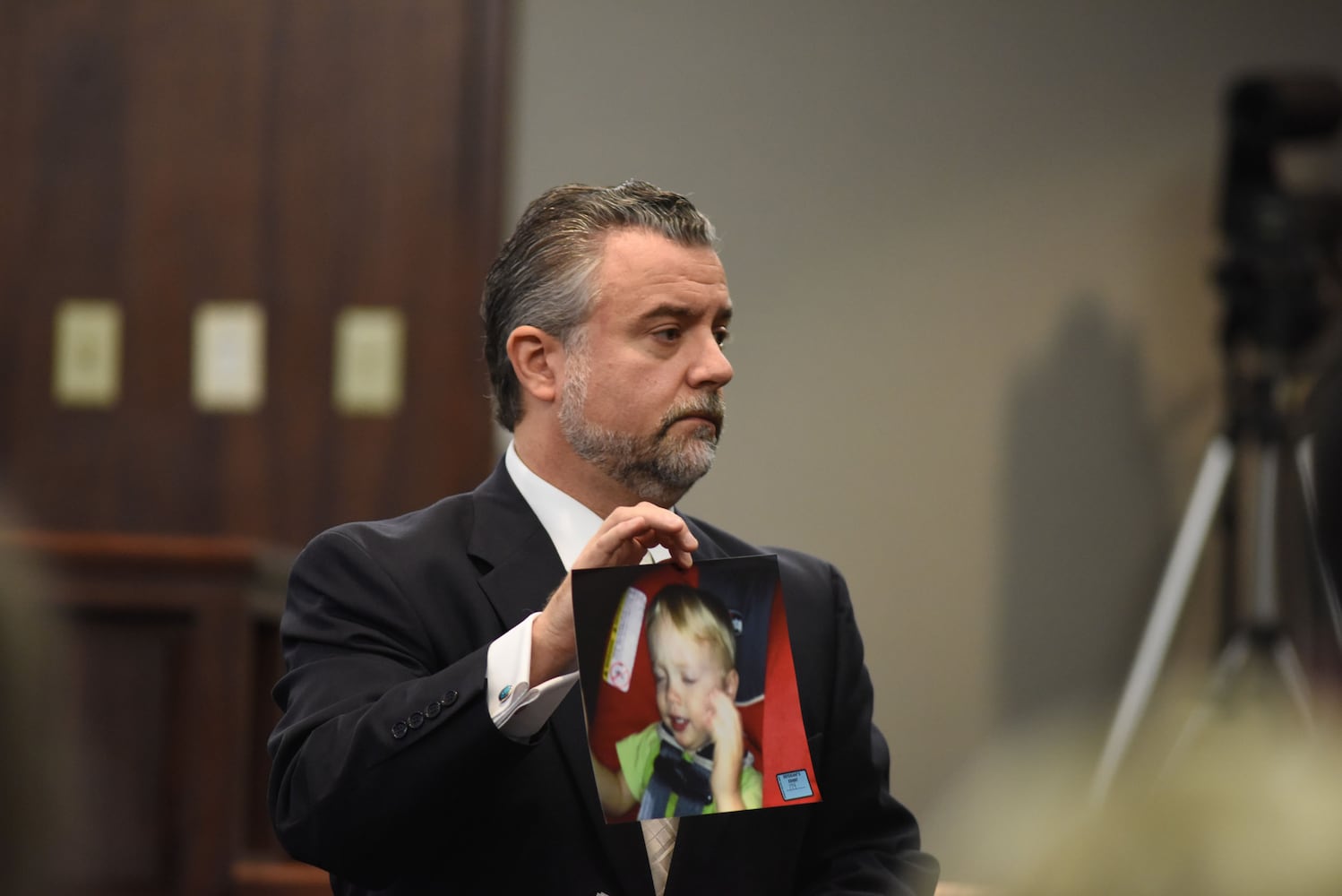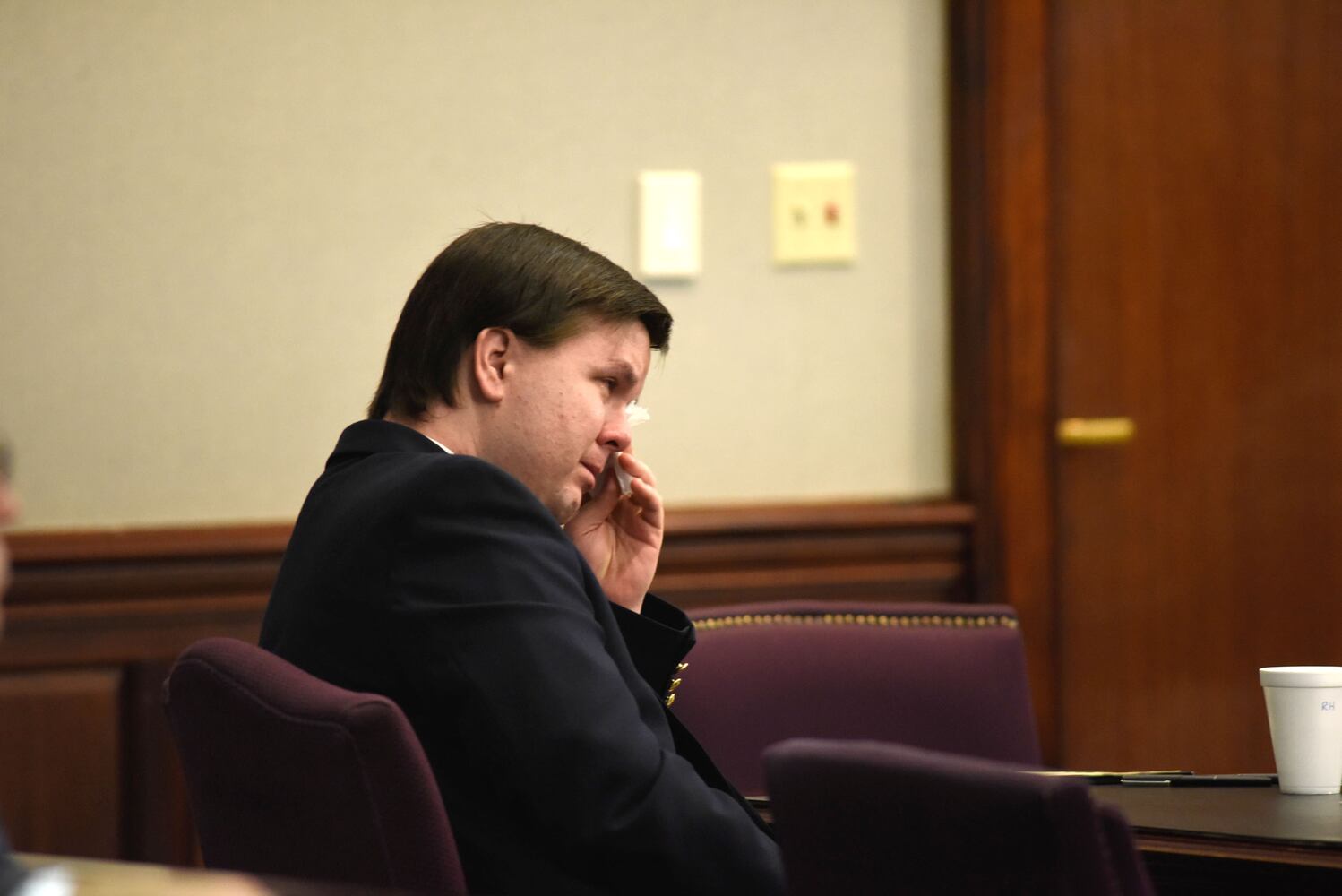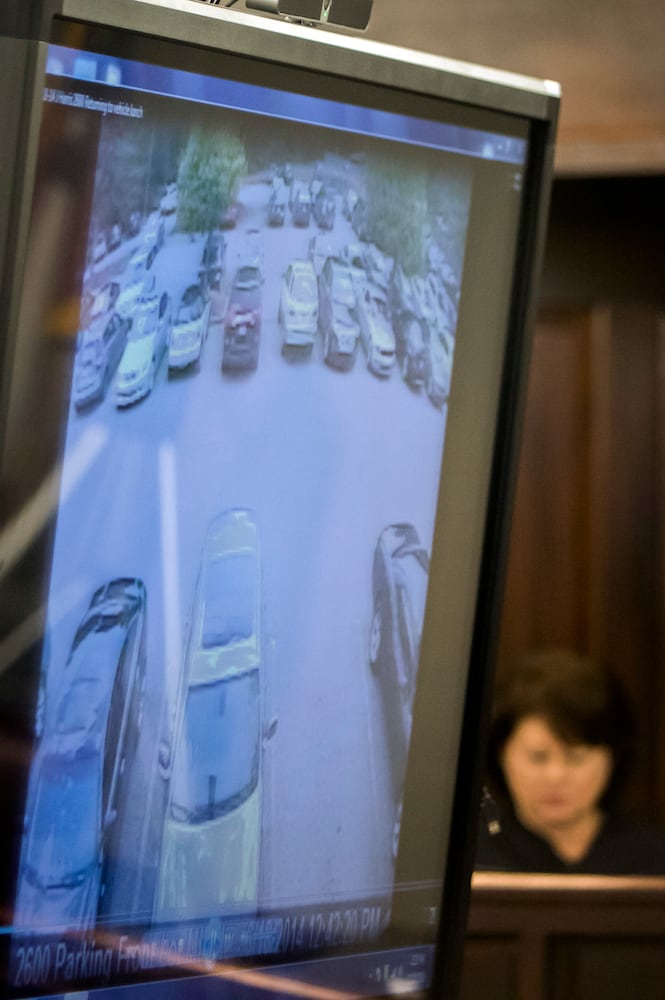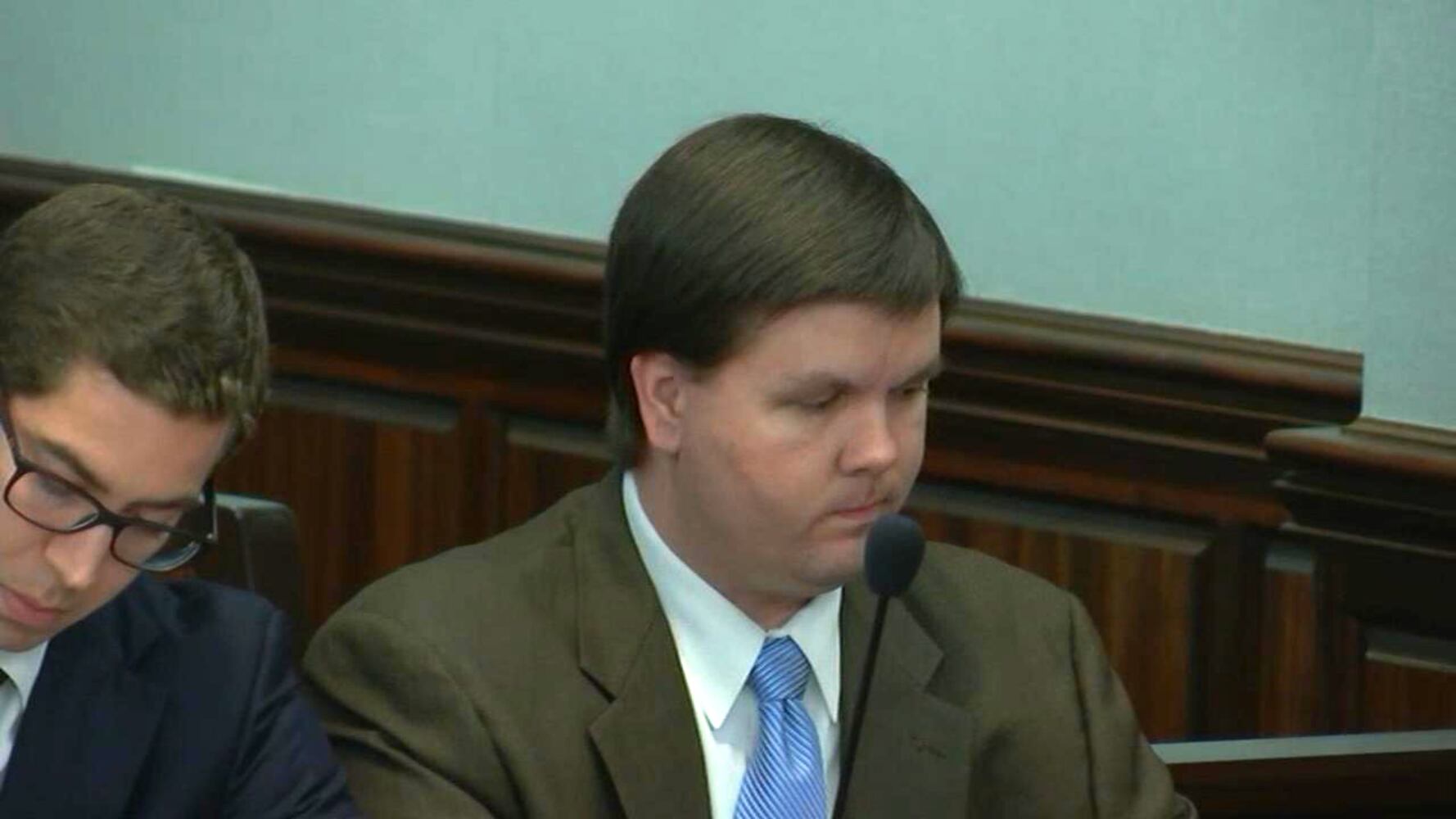Update 2023: After Supreme Court ruling, Ross Harris won’t be retried in hot car case
On Monday, Dec. 5, 2016, Justin Ross Harris was sentenced to life in prison without parole in the death of his 22-month-old son. A jury convicted Harris of intentionally leaving the toddler locked in his car on a hot day in June 2014.
Lawyers for Harris are appealing the conviction and have maintained the death of Cooper Harris was a tragic accident.
The case captivated Georgia and the nation. Attention to this child hot car death was so intense that the trial was moved to the Georgia coastal city of Brunswick, hours away from Cobb County.
Harris was convicted on eight counts, including felony murder and malice murder. A charge of malice murder is based on intent. The indictment charged that Harris “did unlawfully and with malice aforethought cause the death of Cooper Harris.”
An additional 32 years — the maximum penalty allowed — was tagged on to the sentence by Cobb County Superior Court Judge Mary Staley Clark, following the recommendation of prosecutors.
The Home Depot web developer was also charged with allegedly sending lewd text messages to underage girls, including during the time Cooper was dying.
Why did the jury convict Justin Ross Harris on all counts?
Here are five key more things to know about the case.
1. Who is Justin Ross Harris?
Harris was raised in the Tuscaloosa area and graduated from the University of Alabama. He moved to Marietta with his wife and newborn son in 2012. Before his son’s death, he had never been in trouble with the law. He and his wife, Leanna Taylor, divorced in March 2016, ahead of the Cobb County trial jury selection.
2. What were the charges?
Harris was convicted of deliberately leaving his son in a hot car to die while he was at work in Smyrna. The state charged Harris with malice murder, which means the killer intended to kill. But it also charged him with two counts of felony murder, which is a death that occurs during the commission of a felony. And he faced charges that he sent sexually explicit messages to underaged girls. Learn more about the charges against Harris and his conviction.
3. Why was the trial held in Brunswick, Ga.?
The trial moved to this small coastal city after Cobb County Superior Court Judge Mary Staley Clark agreed Harris wouldn’t be able to get a fair trial in Cobb. The judge said the media coverage has been “persistent, pervasive” and ultimately influenced the prospective jurors’ opinions. Brunswick is located on the Georgia coast, more than 300 miles from Atlanta.
4. Who are the main players in the case?
PHOTOS: Key moments in the hot car death trial
Leanna Taylor: The ex-wife of Harris testified as a witness for the defense. Her attorney says Taylor remains convinced that her son’s death was an accident. She was interviewed by ABC News 20/20 in February 2017.
Maddox Kilgore: The lead defense attorney for Harris was once a prosecutor in the Cobb district attorney's office. He moved over to the defense bar in 2005.
Chuck Boring: The senior assistant district attorney is leading the prosecution team. Boring heads the DA's special victims unit, specializing in crimes against children.
Phil Stoddard: As the lead investigator in the Harris case, Stoddard has been a key witness for the prosecution in multiple pretrial hearings and, because of that testimony, is also expected to emerge as a major component of the defense's case.
Mary Staley Clark: The Cobb County Superior Court judge surprised observers when she granted a change of venue from Cobb County to Brunswick in hopes of finding a more fair, impartial jury.
RELATED
Credit: Bob Andres
Credit: Bob Andres
5. What’s next?
The DA’s decision not to retry Harris does not mean imminent release from prison. He still stands convicted of exchanging graphic text messages with an underage girl, for which he was sentenced to 12 years. He has been in custody since 2014.
You can follow the latest developments in the case on Twitter at @AJCBreakdown and at AJC.com. You can also follow AJC reporter Bill Rankin (@ajccourts) on Twitter.
Harris is also the subject of the second season of the AJC's podcast series "Breakdown," which will follow the trial's developments.
Follow full coverage of the Justin Ross Harris case on AJC.com
Keep Reading
The Latest
Featured


